






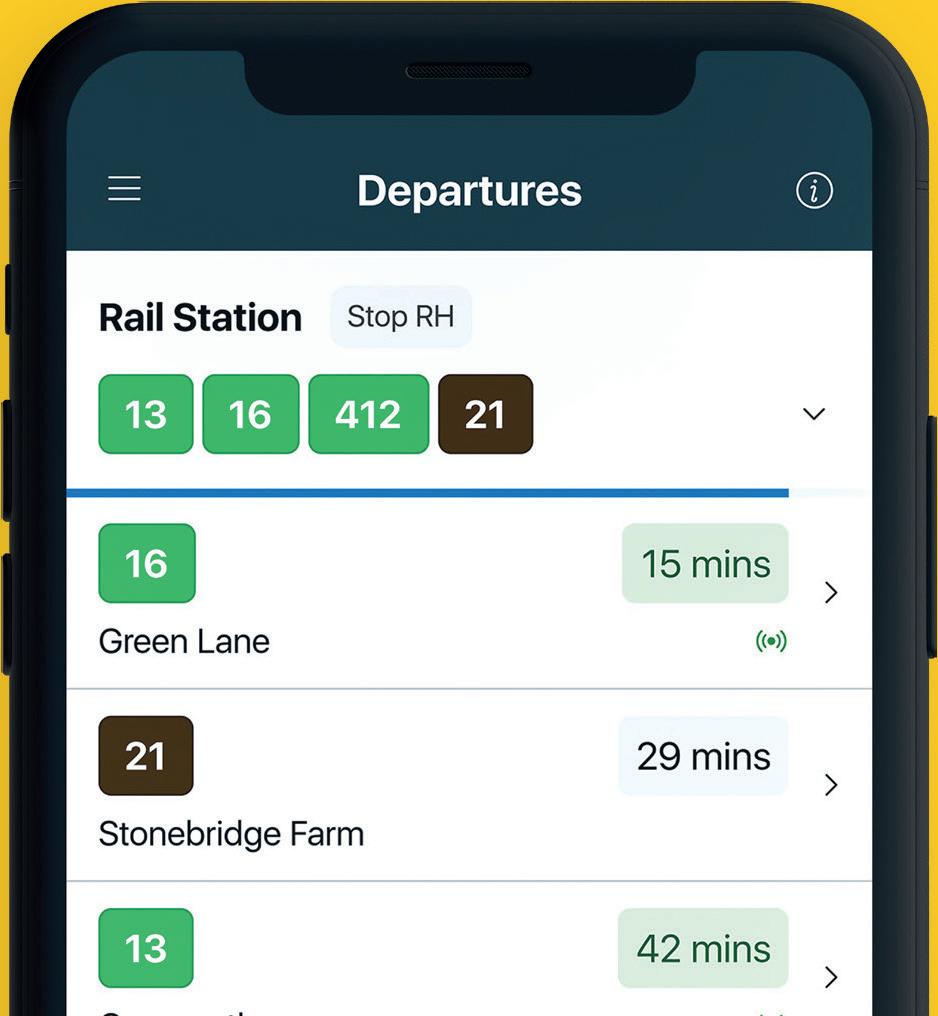
The leading multi-operator app for bus operators just got better
App stop departure boards are now available in myTrip, helping users to track upcoming departures on mobile.
Get in touch to offer your customers more information today.
https://mytrip.today 0330 460 9998

Everything starts and ends with the customer
Meeting the challenge of growing customer confidence can only be achieved together.
Specialist expertise, a network of partnership operators and a complete range of digital services; from safer journey planning to intuitive mobile ticketing.
htps://passenger.tech
Welcome to Te ALBUM Report 2024, a publication from Passenger Transport devoted to Britain’s independent and municipal bus companies. Returning for an eighth year, this year’s report also incorporates the Conference Workbook for the ALBUM Conference 2024, hosted by Warrington’s Own Buses at Carden Park Hotel on April 23-24. We hope you fnd it an interesting read.
5
DEAR
ALBUM Chair Bill Hiron images the letter he would write to whoever wins the next election
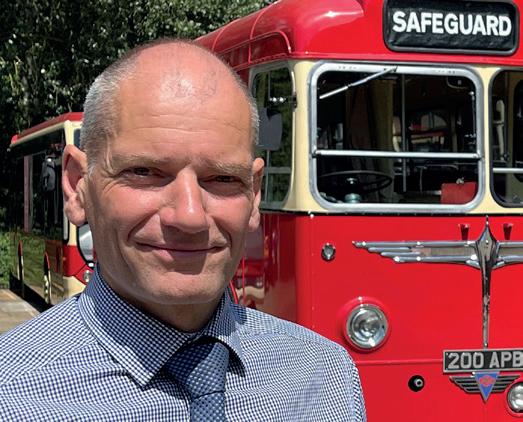
18
BEN WAKELEY
Ben Wakerley explains why he is excited about the future for Warrington’s Own Buses
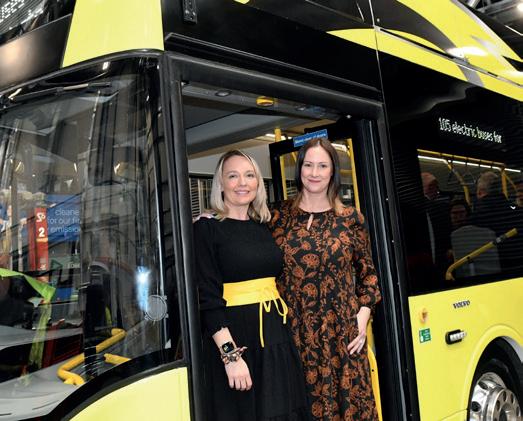
26
PASSENGER
Passenger has helped Warrington’s Own Buses to achieve a remarkable digital transition
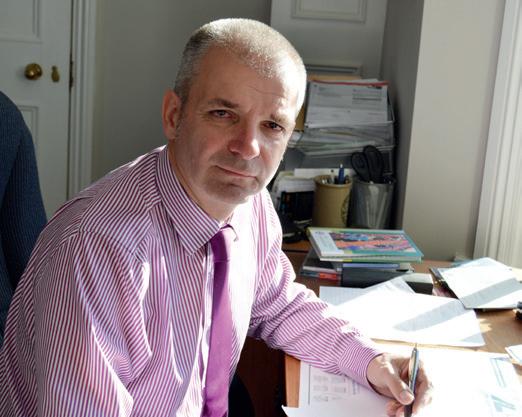
10
ANDREW HALLIDAY
Long-serving boss of Safeguard Coaches has taken up the pivotal role of Administrator
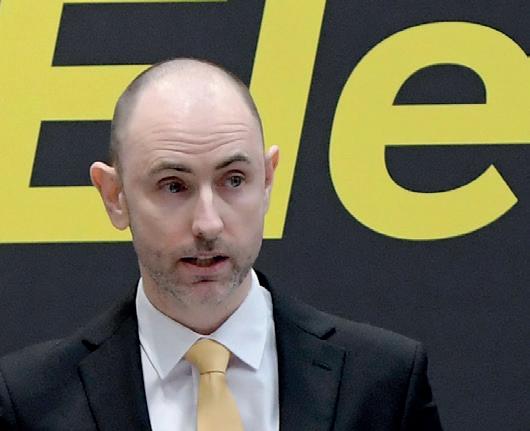
22
MARKETING BEES
Claire Rawlinson and Hannah Morris ofer key strategies for branding and marketing
29
EPM
EPM and Omnibus Solutions aim to create a unifed approach to control room processes
8
MAKING THE ARGUMENT
Tony Depledge, who advises ALBUM on transport policy, on advocating for buses
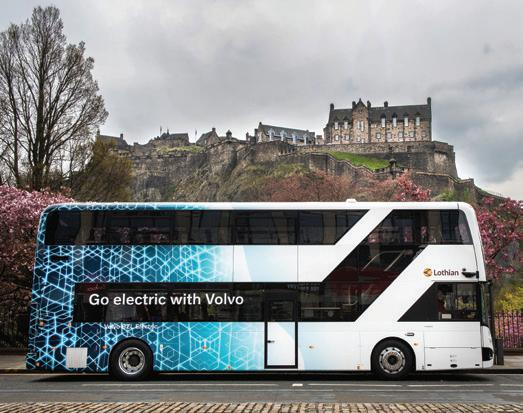
20
JEFF COUNSELL
Warrington’s Own Buses EV Director Jef Counsell on a once in a generation challenge
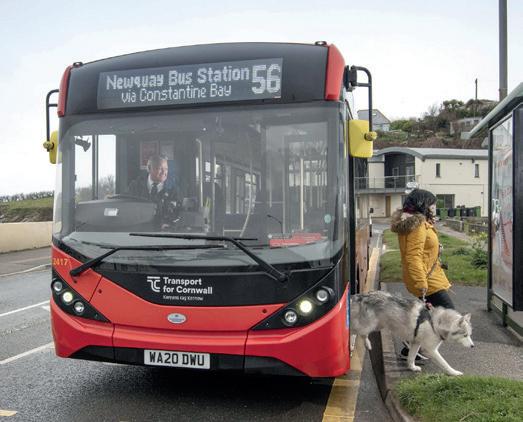
31
TIMESPACE
What does Timespace’s next-generation V700 network video recorder (NVR) ofer?
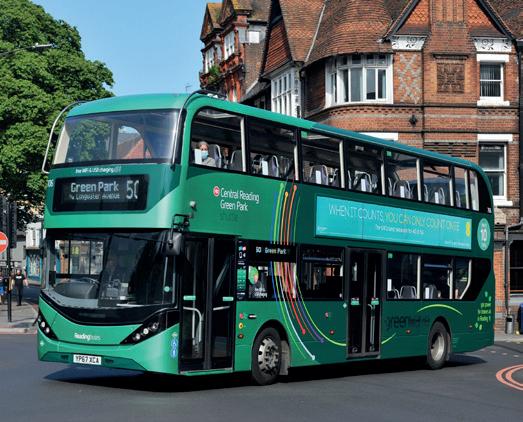
13
REVIEW 2023/24
A look back at some of the key events of the past 12 months for ALBUM members
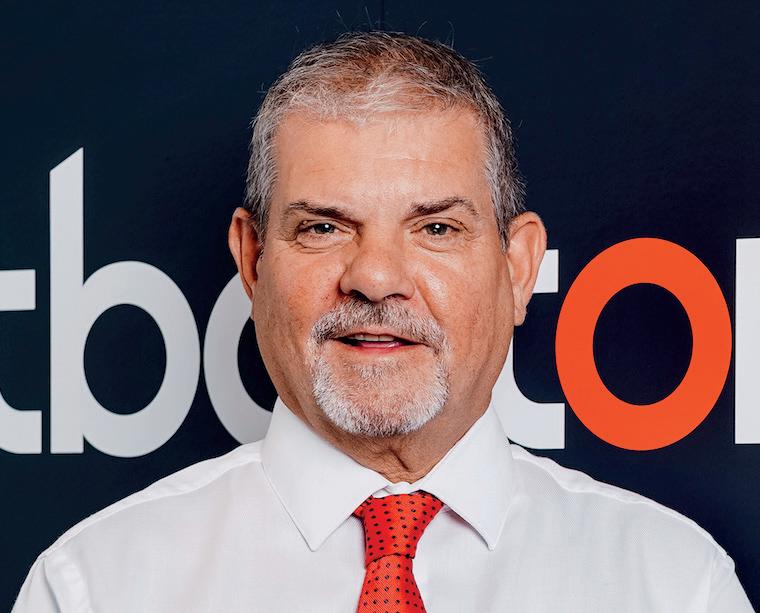
24
TRANSPORT FOCUS
Why we all need to better understand the experience of bus passengers
33
CONFERENCE WORKBOOK
All the information you need about the 2024 ALBUM Conference



TBF - Here to help and support YOU during times of need

















£1.25 a week covers you, your live-in partner and dependent children.



















TBF ofers fnancial and medical benefts, a wide range of complementary and alternative therapies, bereavement grants and welfare advice. Supporting those in the public transport industry during times of need, hardship and distress for less than 20p per day .





















































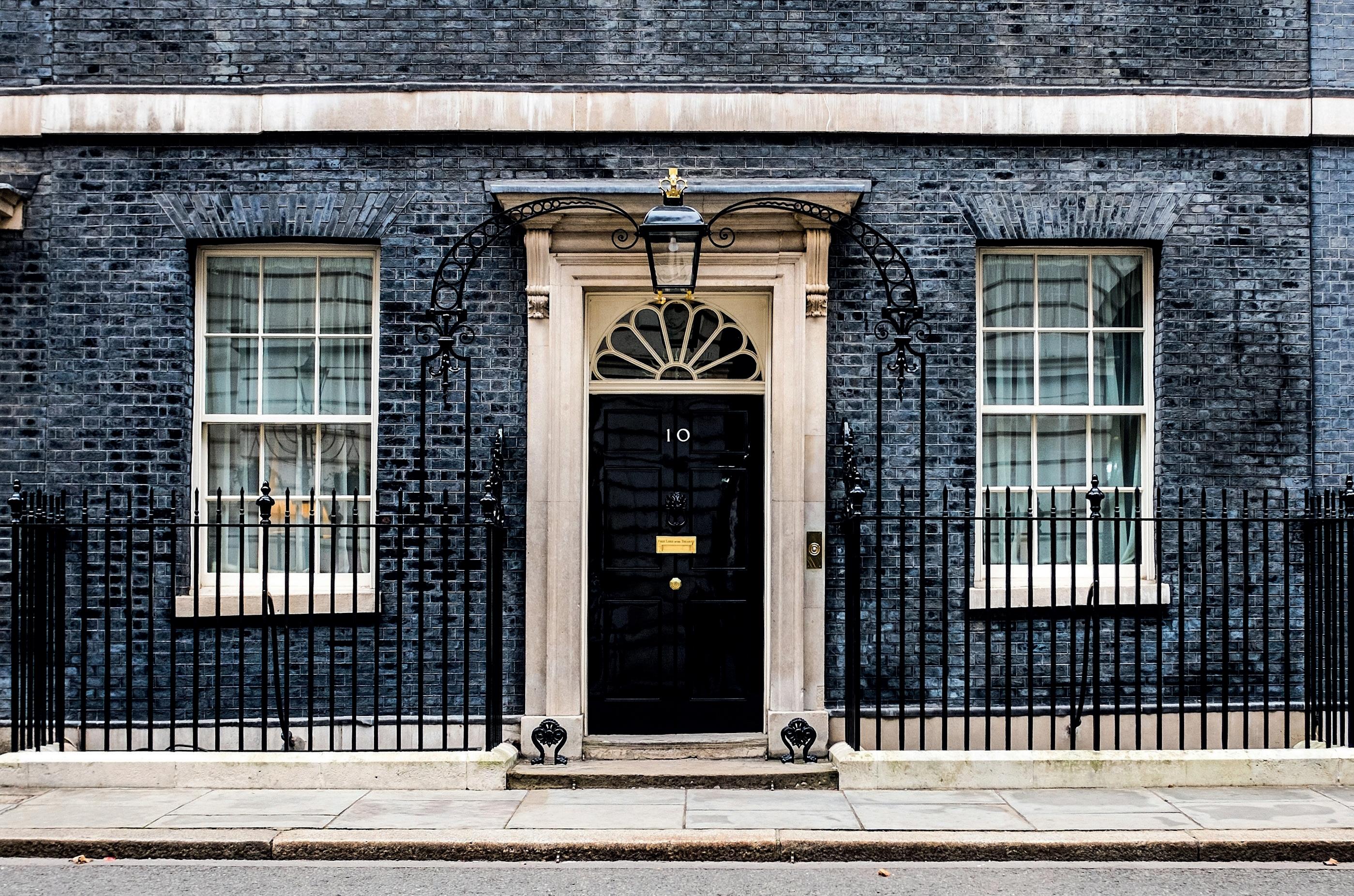
With a General Election on the horizon, ALBUM Chair Bill Hiron imagines the letter he would write to whoever wins the keys to 10 Downing Street
Dear Prime Minister, Congratulations on your recent success in the General Election. Although your new government now faces many important choices, I hope you share my view that local transport is one area where improvements can signifcantly impact the country’s economy and quality of life.
As I am sure you know, ALBUM members are drawn from bus sector SMEs. We believe strongly that great progress can be made in improving bus efciency and efectiveness if we can bring together central and local government and bus operators to fnd solutions to the many challenges that have to be tackled if we are to make the bus the logical choice for an increasingly large number of local journeys.
During the Covid-19 pandemic, public money supported bus services across the country, recognising that buses are essential to mobility in cities, towns, and rural areas. Without such support, services could not have continued. Now, the challenge is rebuilding bus services; realistically, that will take both time and money to achieve efectively.
ALBUM members want to work with partners to deliver real improvements for passengers. Operators in the SME sector are close to their passengers, living and working in the communities that they serve. Tey have a strong, personal link to their customers, many having been family businesses over several generations. In many parts of the country, SMEs provide school bus services which are an essential

part of the supplier base for local authorities. SMEs provide many services in small market towns and rural areas – sometimes under contract to local authorities, sometimes on a commercial basis. We hope that your government will see the SME sector as a key delivery partner for the improvements in bus services we all want.
We know that the Department for Transport welcomes close links with local authorities and operators. We will engage with the Secretary of State for Transport along with DfT Ministers and ofcials to have a positive and open dialogue about how best to develop policies and practices that will beneft passengers. We see this as a key theme of our work. We hope, however, to engage your support in ensuring that public transport in general, and buses in particular, have support across Government. Although buses are essentially a local issue, there is a need for a clear steer from central Government, linked to sufcient fnancial resources, to ensure that buses can provide services that support what the country and the economy need. For understandable reasons, many local authorities focus on education, housing and social services; they have less time and fewer resources for highways and public transport. Yet, transport afects the lives of everyone who lives in, studies in, works in or
visits an area every day – and the provision of efcient, afordable, efective and reliable bus services has a profound impact on the quality of life for everyone. For this reason, I felt that it would be helpful to let you have a few key questions for colleagues across the Government to help indicate your support for public transport and to guide thinking about how best we can deliver improvements for buses:
Is there a stable, long-term funding plan for buses? People will not make crucial decisions about where to live, work or study unless they have the security of knowing that bus services will continue to provide their local transport needs. Adequate long-term, multi-year funding commitments are essential for that.
What outcomes do we want from central government funding? Reliability, punctuality, predictability, accessibility, and sustainability are key themes, and improvements to each of those elements will be central to a vision for buses. Once we know what outcomes are sought, the outputs necessary to deliver them will become clearer.
Are we sure that the outcomes can be delivered? Giving priority to bus users may be politically difcult in many areas: local politicians must know that their decisions will deliver identifable benefts. Tey will need advice from skilled ofcials – resources here are already challenging. Bus operators and local authorities (including, crucially, highway authorities) must develop robust, practical and afordable plans that are backed up with binding commitments focused on the delivery of benefts for bus users and local communities. Bus franchising is one option, though the funding and skills necessary to deliver such schemes will not be available everywhere – nor the appetite for the public sector to take on the revenue and cost risks inherent in the franchising model.
Is there an integrated transport policy? Tis is not about buses and trains and trams being
integrated as a seamless network, important though that may be in some areas. In every area, transport should be integrated into the work of all public bodies: it would be a good step in the right direction for local authorities to ask “What are the transport implications of this decision?” on every agenda item to remind both Members and Ofcers that transport is a key theme – how do young people starting work reach their new job without good bus services? Is the new college campus accessible by bus? Are departments responsible for unemployment benefts, education and health working closely to tackle transport challenges?
Do our bus policies provide a stable background against which operators can plan? Interventions by local authorities can take several forms, of which the local authority control envisaged in the franchising model is the most comprehensive and expensive. Adopting the franchising model will impact all operators in an area, and, given the long-term impact and the fnancial implications for the local authorities, it should only be taken once a rigorously assessed, afordable, and practicable business plan is in place. Conversely, where local authorities decide not to adopt this model, there must be a long-term view of how operators and local authorities will work together. ALBUM members view the prospect of uncertainty over whether individual local
authorities will decide to adopt the franchising model or not with some trepidation: if there is no clarity about whether or how a business can continue, it is hard to see why a company would invest in an uncertain future –the constant risk of a decision to adopt a franchising model will be a barrier to investment and service development. Local authorities should help to remove any continuing uncertainty.
Are we taking proper account of the impact on SMEs? All companies seek a settled policy framework against which to plan and fund future developments. In a franchised model, SMEs fear that the procurement process will favour larger bidders and that this will, all too easily, lead to the loss of many smaller companies – both private sector and local authority companies. Companies based in one area are not able to take contract losses in one town that are balanced by wins in another: it is an existential threat. If an SME does not win a contract under the franchising model, it no longer has a business. Te role of SMEs should be explicitly recognised
“Most public money for buses is delivered via local authorities; it could be ring-fenced for measures that benefit bus users and potential users”
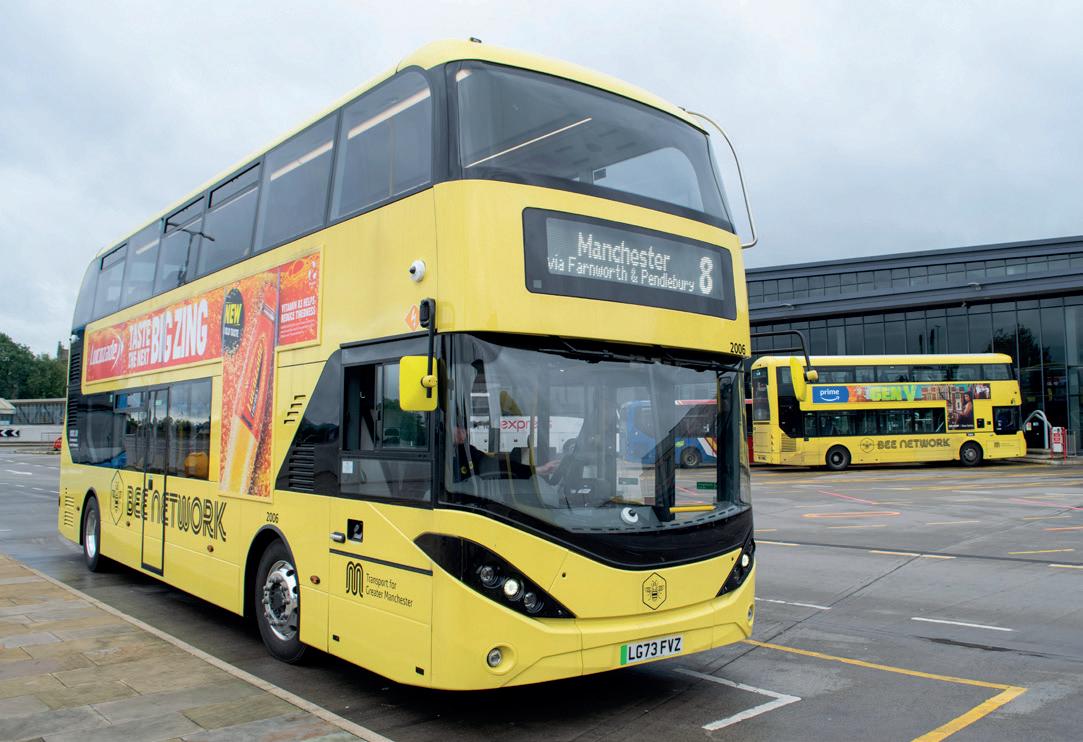
in tendering plans so that the skills, knowledge, resources, commitment and investment that they have put into their services and communities are not lost.
Do our funding mechanisms deliver benefts to passengers?
Most public money for buses is delivered via local authorities; it could be ring-fenced for measures that beneft bus users and those important potential users. Passengers on commercial services beneft from the Bus Service Operators Grant (BSOG), which secures higher frequencies or lower fares than would otherwise be available.
Occasionally, it is suggested that BSOG might be devolved to local authorities. ALBUM opposes this approach as consolidating BSOG into other local authority funding will risk the support that BSOG provides to fares and frequencies on commercial services. Few local authorities have boundaries that match travel-to-work areas, and where services cross local authority boundaries, the complexities of diferent BSOG arrangements would easily become unworkable. BSOG has simple and straightforward national rules that have been developed to take account of new technology and will evolve: it is hard to see how moving this to a devolved model would have any benefts.
Tere are many detailed challenges to face across the country. Given a willingness for central and local government to work with operators, linked to a commitment to agreed projects and the resources to deliver high-quality solutions, we believe that your aspirations for delivering sustainable mobility through better and more efective bus services will beneft all our communities. We will be happy to invite you and your colleagues to visit ALBUM members across the country to see the challenges we face and the solutions we believe we can deliver together.
Yours sincerely,
Bill Hiron Chairman, the Association of Local Bus Managers (ALBUM)
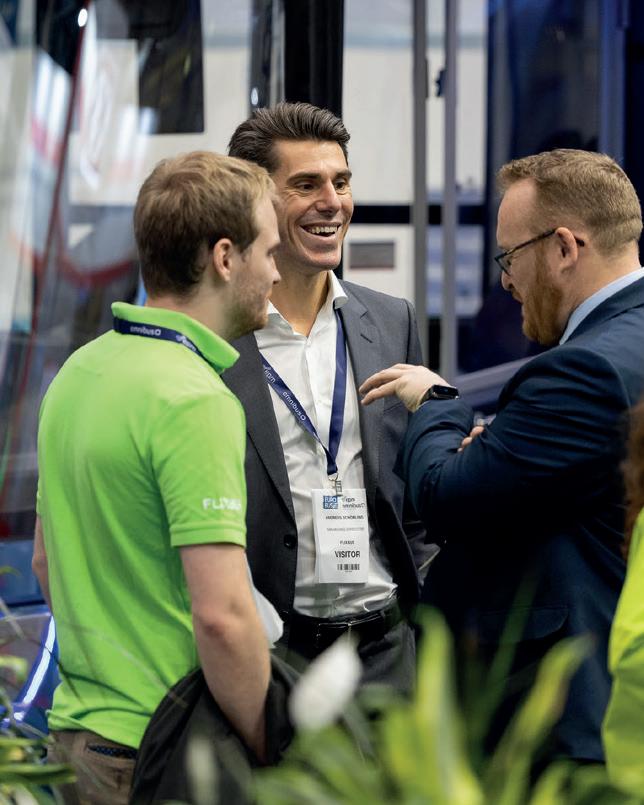


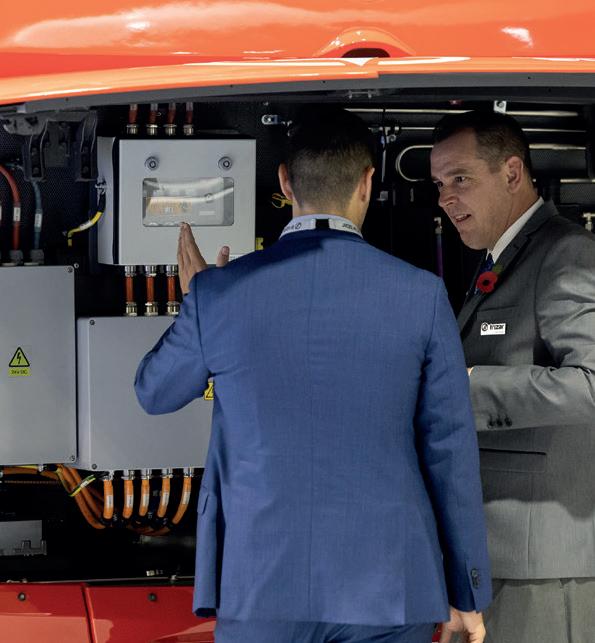



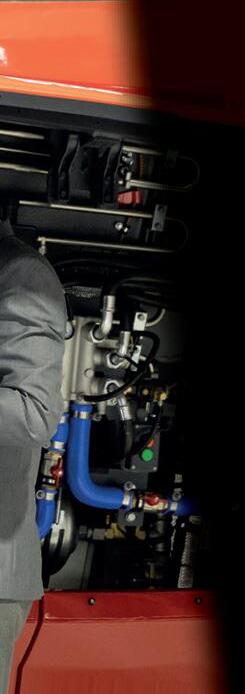



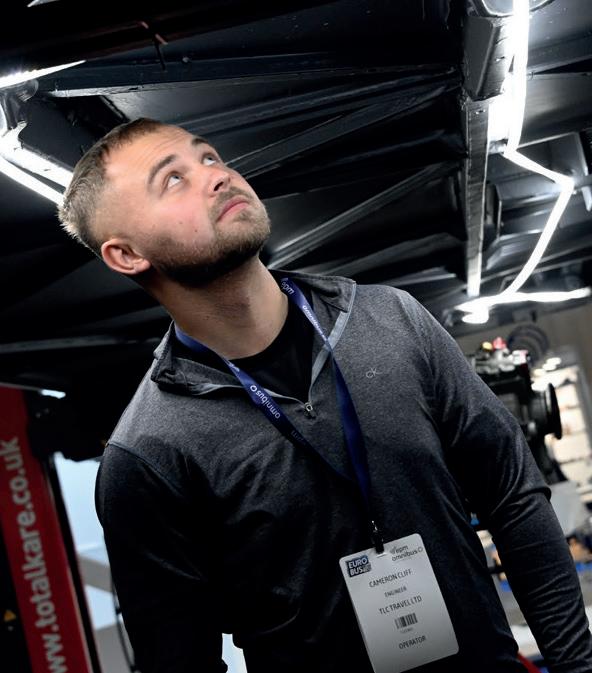



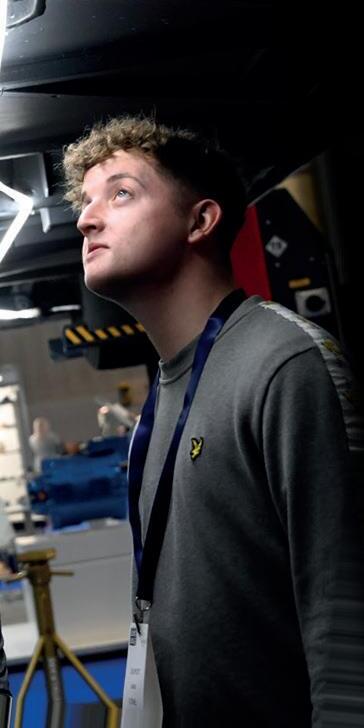

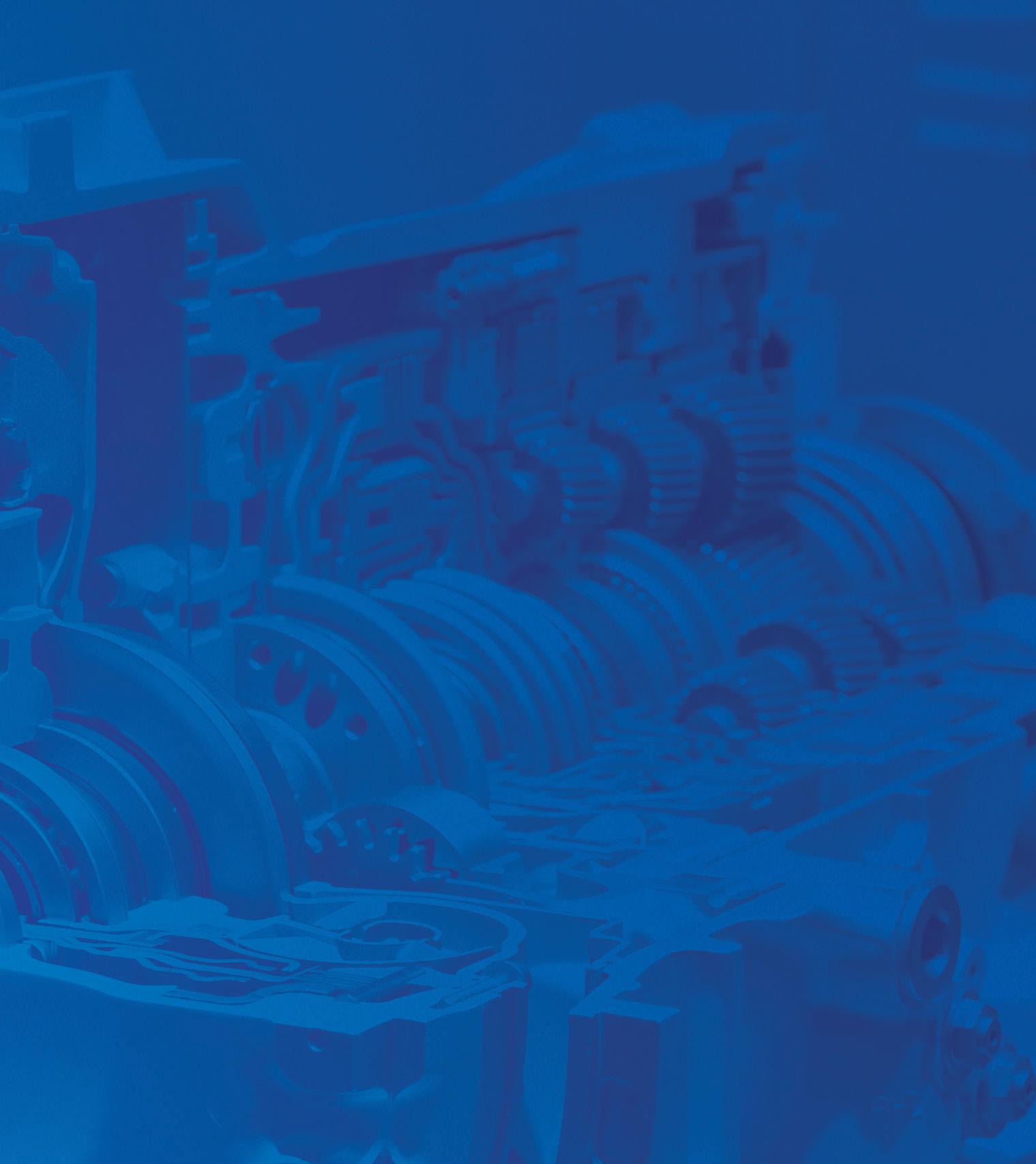
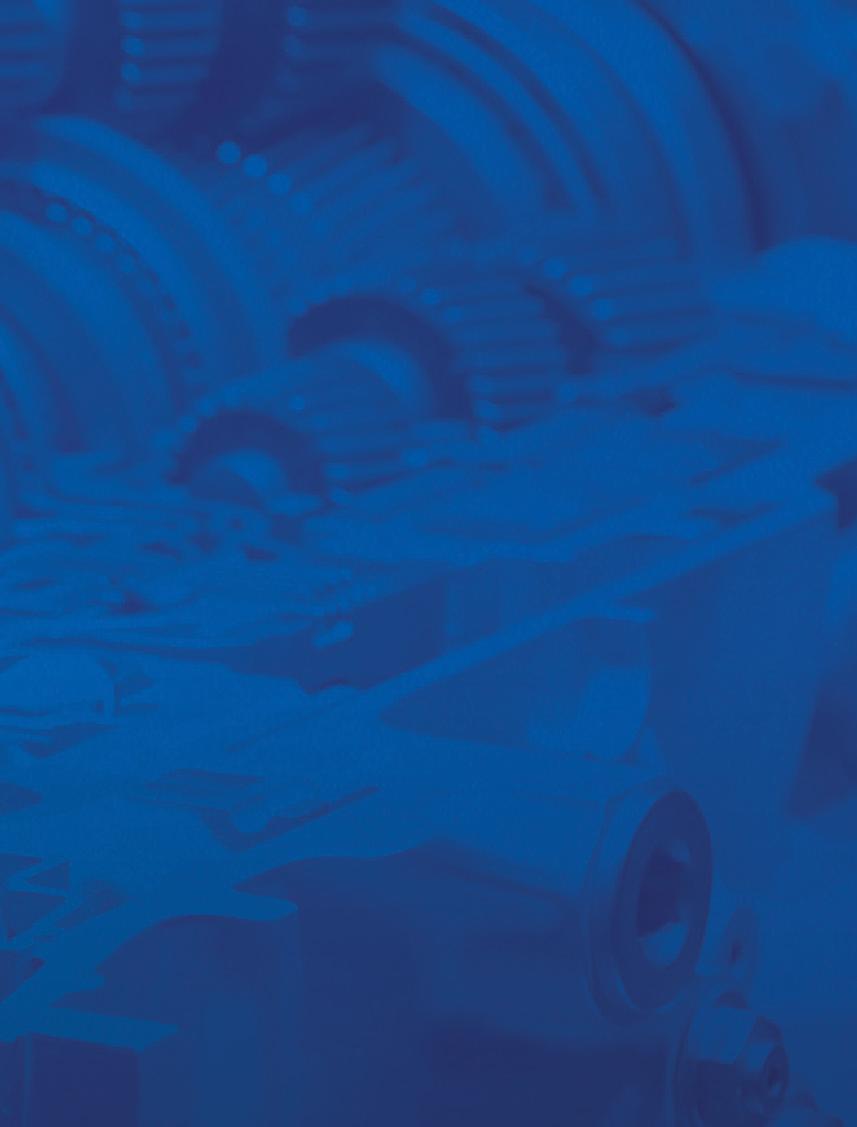


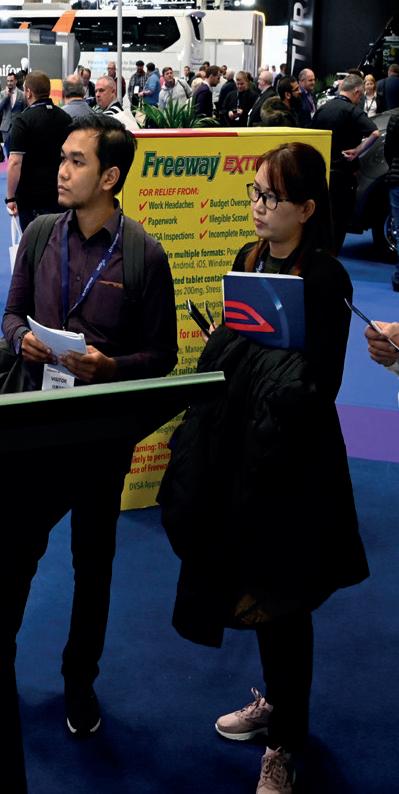


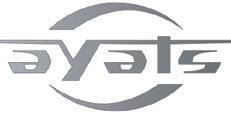

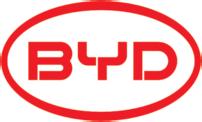
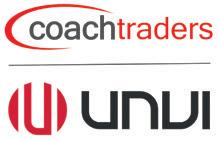






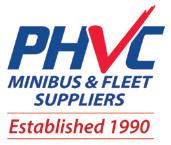

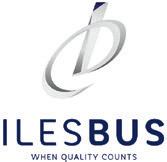

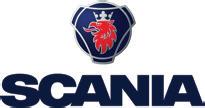






With 55 years of experience in public transport Tony Depledge is advising ALBUM on transport policy. He outlines the challenges of advocating for buses and SME operators
Speaking at a conference in Manchester a little while ago, one of the public transport professionals said: “Te rapid increase in the number of road vehicles [in the last few years] is having its efect in the growth of trafc congestion which is a subject of major importance to road transport operations and the public in general. Trafc congestion is not confned to the larger cities… the efect is to slow down the service to a walking pace, to cause irregular running of services and to increase the cost of operation owing to the lower schedule speed and the additional number of vehicles required to maintain the service … Te public ultimately has to pay for this increased cost of operation… as trafc congestion becomes more acute, it will become increasingly necessary to consider the desirability of giving priority to the public service vehicle over other forms of road transport.”
As you can tell from some of these words, “a little while ago” is a bit of an understatement - the speaker is Stuart Pilcher (1882-1961), one of the most infuential tramways managers of the 20th century, speaking to the “Transport in Lancashire” conference in July 1938; by that time he had been General Manager of Manchester Corporation Transport for nine years.
Te conference was, by the way, organised by the Lancashire Chambers of Commerce and the Lancashire Industrial Development Council “to inform the business men of Lancashire more fully than they have ever been before about their existing transport facilities and the developments which may be possible provided traders are willing and able to play their part ... and for Chambers of Commerce [to press] for appropriate policies to be adopted by the Government, by local authorities and by others”.
Tere were 350 delegates. Of course, other more pressing issues rather quickly prevented the delivery of the policies that were debated - though the impressive plans for a new road from Carlisle to the Cheshire border “entirely confned to motor trafc” with “other forms of trafc, including pedestrians and cyclists not allowed on the road” had been “submitted to the Minister of Transport and it is hoped will in due time receive his favourable consideration”. Te Preston by-pass opened in 1958.
Let’s not despair - it’s easy to say that “we’ve been here before” when we speak to stakeholders about the importance of public transport (by which I mean buses in this
“The ALBUM conference is a great opportunity to meet colleagues, to talk about the industry and its challenges and to review how we can help to shape transport policy at a national and local level”
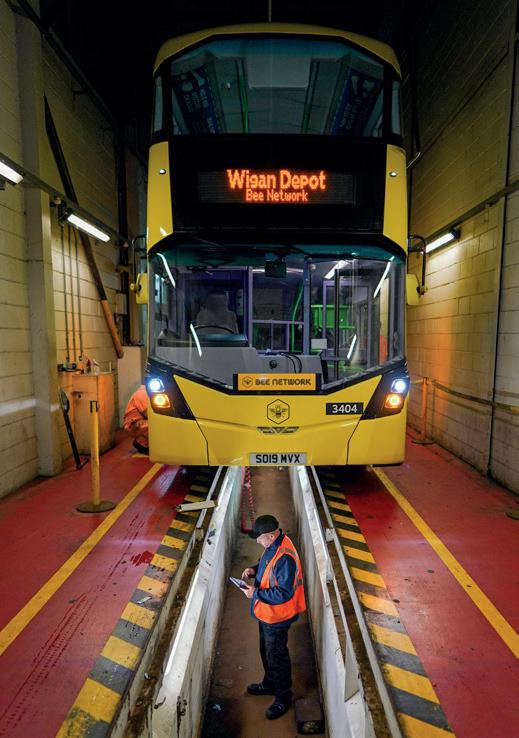
Bus franchising must consider SMEs
context). Tose of us who have been around the sector for quite a few years now know that we do have to win the argument over and over again - buses are important to the social and economic life of your area; they are essential if we are to secure efcient, efective and environmentally sustainable mobility. We also know that we must, collectively, win the argument with the electorate if politicians, particularly local politicians, are to face making the necessary, if ofen controversial, decisions, such as giving highway priority to bus users.
Te ALBUM Conference is an excellent opportunity to meet colleagues, to talk about the industry and its challenges and to review how we can help to shape transport policy at a national and local level. To be clear, this is not about subverting democracy nor even dabbling in politicspoliticians are far better at politics than we could ever be, of course; it is about helping both ofcials and politicians to understand the realworld impact of seemingly “simple” or “obvious” choices, to explore how to deliver positive outcomes for our communities and to avoid that most insidious of things, the unintended consequence.
So what would we like to see from an incoming government? Perhaps the frst thing to say is that ALBUM members come from the small-to-medium-sized sector of the bus industry - operators who live and work in the communities they serve. Tose operators are acutely aware not only of cost pressures on the industry but also of the everyday challenges of operating buses on the congested highway network and the impact that this has on their customers (and their employees).
Being an SME means being close both to your customers and to your colleagues in the business - a tremendous source of strong
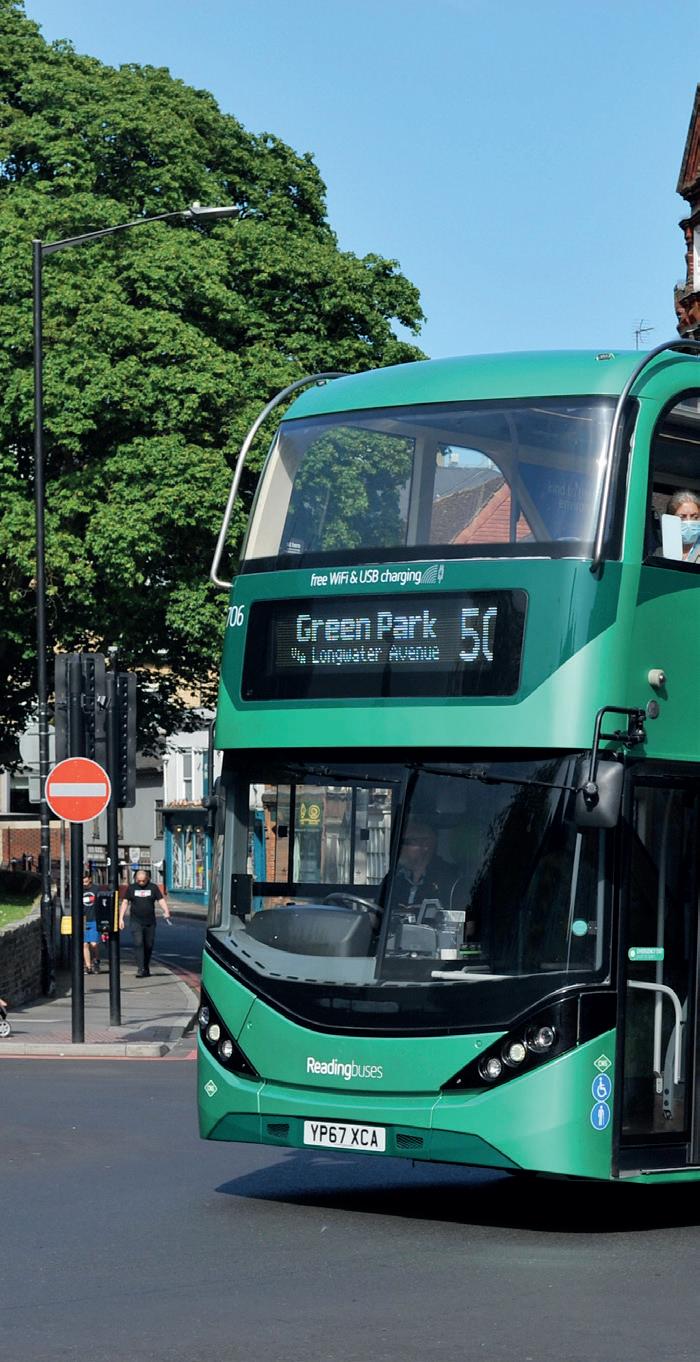
local knowledge. SMEs deliver services in urban and rural areas and provide a signifcant range of services both commercially and under contract to local authorities - particularly school services. We’d like to see the positive contribution of the SME sector recognised both nationally and locally with a strong commitment to help SMEs develop and thrive. Tere are, of course, some big challenges: many SMEs view a move to “franchising” with some trepidation both from the complexity of local government procurement and the scale of contracts being ofered. For some SMEs, a move to franchising is an existential threat: any business wholly or mainly based in one geographical area has no future if it fails to win a contract that replaces its current commercial operations in whole or (perhaps worse) in part. Keeping SME involvement in franchised areas will require positive action to recognise the benefts of SMEs, the challenges that SMEs face if they are to be part of the process - and the need to maintain the diversity of the supplier base.
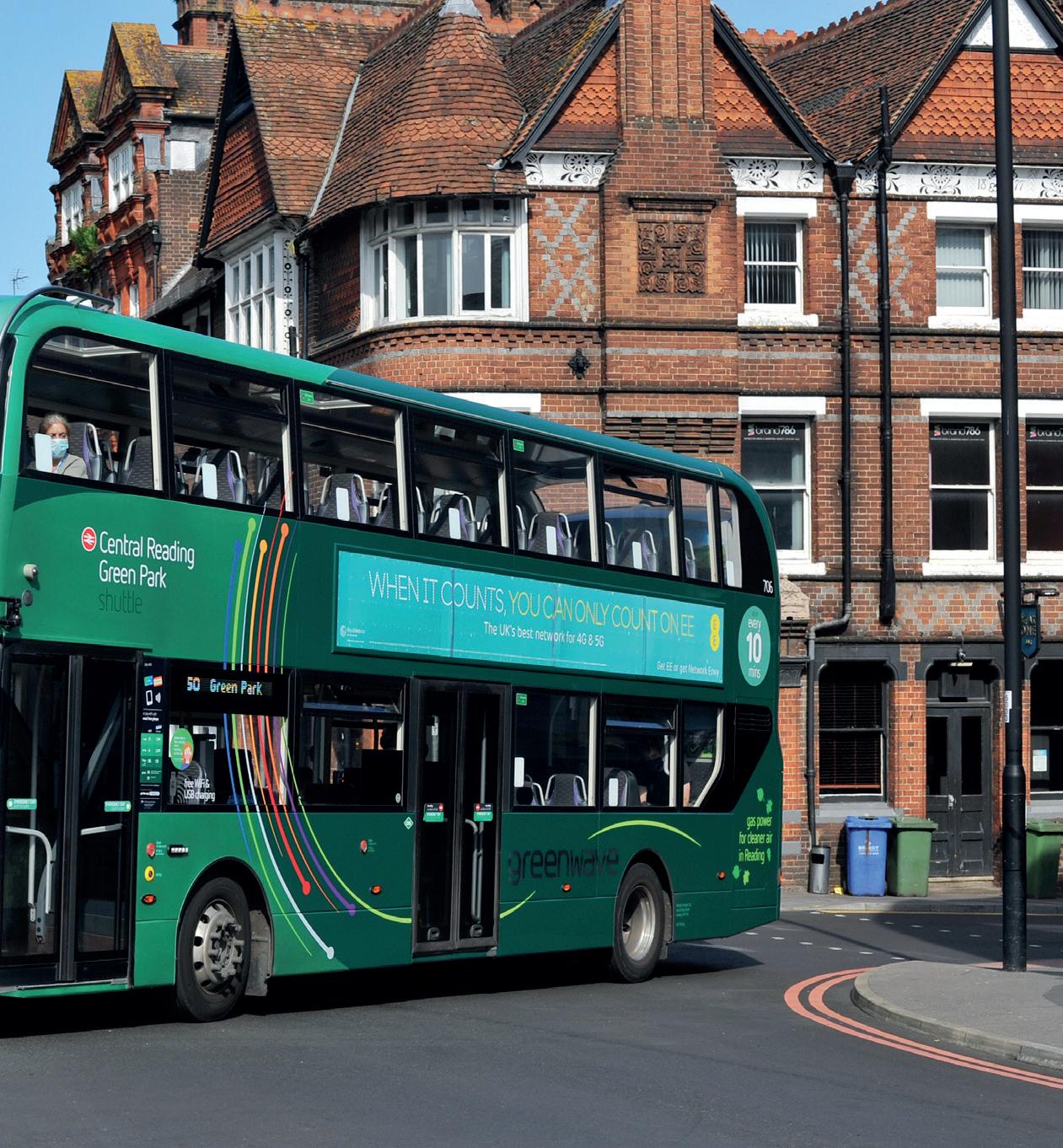
Given the huge pressure on local authority fnances and resources, franchising is unlikely to fgure across the whole of England - and so we really do need to work out what role we see for buses in all our local authority areas and, crucially, how we are going to be able to deliver such outcomes through long-term, binding commitments from all the players who must work together to create sustainable, afordable, reliable and resilient bus services.
Our friends and colleagues in CPT have outlined the priorities that the confederation wants to see in a future strategy for buses: the key themes of long-term funding; the transition to zero-emission operations; how local authorities defne and deliver essential bus services; a new workforce strategy; national and local targets for bus operating speeds and the development of measures to manage the end of the £2 fare cap. All well-articulated by CPT and fully deserving of support.
One of the problems that deregulation brought in 1986 was that it drove a wedge between bus operators on the one hand (even
stop location and design, vehicle design, highway planning and trafc priorities; buses are all too ofen not viewed in the same way.
some owned by local authorities) and highway authorities on the other: to many highway engineers, buses were just another commercial entity competing for scarce road space. Te damage that this caused is still with usmost particularly in the failure to deliver improvements to bus networks as a total system. It would be unthinkable to develop a tram system that did not look at
Mentioning “trams” prompts an anecdote: some years ago, on a visit to the attractive town of Freiburg im Breisgau on the edge of Germany’s Black Forest, I asked the transport planners why they had decided to extend the tram system into the new eco-suburb of Vauban (where there are serious restrictions on car ownership and use) rather than using buses. Acknowledging this, the transport planners explained that there was a tram route that they could extend, that people like trams and that all housing is within a short walk of the tram route along the main spine of the development. Moreover, I was told, if buses had been used, local politicians would have insisted on splitting the frequency to serve three parallel roads, bringing some residents a little closer to a bus every 30 minutes - rather than delivering the greater attraction of a service (by tram, as it happens) slightly further away, but operating every 10 minutes. It is worth listening to those who know what is likely to work best in each location.
Cross-cultural comparisons are fraught with difculty - I am not suggesting that what works in Freiburg will work in a similar-sized town here. Tere are cultural and political diferences that cannot be ignored - though looking at such places does help frame some questions about what
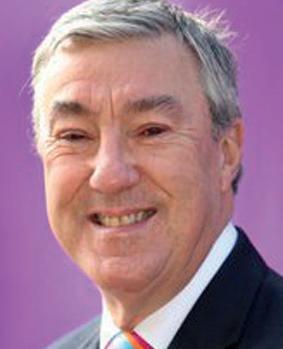
Tony Depledge has been involved in road passenger transport for over 55 years, initially in the operating side of the business with Midland Red, South Yorkshire PTE and Blackpool Transport before joining Arriva in 2001, from which he retired as DirectorTransport Policy in 2013. He has held non-executive director roles with Translink in Northern Ireland and with Lothian Buses as well as chairing the
can and should be done to solve the very local issues faced in all our towns and cities. Having some facts and fgures is essential - bus speeds compared with car speeds, for example; the availability and cost of car parking; the ease of access by bus to employment, retail and commercial areas; specifc local issues and trafc bottlenecks that must be tackled.
One fgure that is, on its own, perhaps less useful is simply tracking bus passenger numbers over time - the challenge is to measure what is important, not to make important what is easy to measure: are we attracting new people to use buses or simply encouraging existing passengers to travel more ofen? From a long-term, strategic point of view, modal shif is the prize - and relatively small amounts of money spent on measures that make buses more attractive for an increasingly large number of local trips, by tackling the key challenges of reliability and punctuality, can help to deliver bus services that will reduce reliance on the private car.
Board of Universitybus in Hatfield. Tony was President of CPT in 2000/2001 and chairman of the European Union Committee of the international transport organisation UITP until his retirement. He currently advises ALBUM on transport policy. By way of light relief, Tony is the Vice-chairman of the trustees of Blackpool’s Grand Theatre.
Te detailed policies that can deliver against these strategic aims will require some careful conversations about both outcomes and outputs. Tere are resource implications for local authorities - both money and people - that cannot be avoided if we are to see the bus services that we all (operators, local authorities and our communities) want to see. Not surprisingly, most local authorities strongly focus on the key spending areas of education, social services and, increasingly, social care - all vital parts of managing the economy and the challenge of an ageing population. Yet, the quality of life in both urban and rural areas depends on good levels of mobility - and what ALBUM members deliver afects everyone who lives in, works in, studies in or visits our operating areas, every day.
For that reason, we all (central and local government and operators) must work to make buses the rational choice for increasing trips. ALBUM members are a crucial part of that and want to help build a better, long-term future - and that’s the key message.
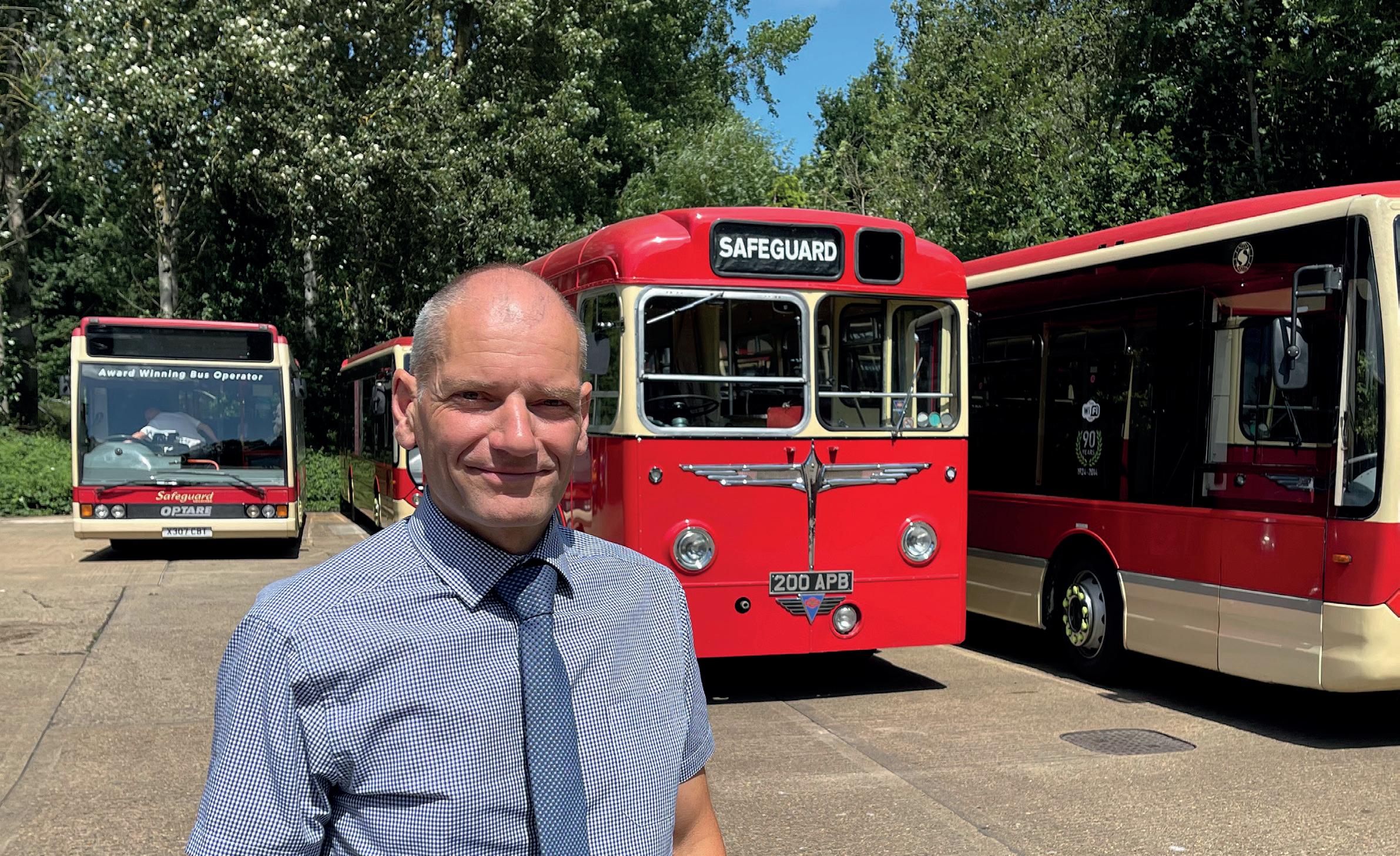
Long-serving Managing Director of Safeguard Coaches has taken up the pivotal role of Administrator
There’s a new member of the team at ALBUM, the Association of Local Bus Managers.
Andrew Halliday, a seasoned industry professional with over a decade of active involvement and support within the group, has stepped into the pivotal role of Administrator. It follows the retirement of Allan Edmondson afer a dedicated fve-year tenure.
Afer nearly 24 years of steadfast leadership at Safeguard Coaches, Halliday has decided to transition into a part-time capacity within the century-old family-owned frm, efective in July. Alongside his revised role at Safeguard Coaches, he will undertake a vital part-time position supporting ALBUM in its administrative and developmental endeavours.
Halliday’s extensive experience
in the bus industry, coupled with his understanding of the challenges encountered by SME operators, puts him in an excellent position to bolster ALBUM’s mission and support its Chair, Bill Hiron. Having served as a Board
Member for half of his decadelong afliation with ALBUM, Andrew brings knowledge and insight to his new role.
Commenting on his appointment, Halliday stated: “I am pleased to be able to assist ALBUM at a critical time for the bus industry and the SME sector in particular, and I am looking forward to the challenge.”

Halliday will also maintain a non-executive director/consultant position at Safeguard Coaches, helping in the transition as General Manager James Vallance (also an ALBUM Member) assumes the role of Managing Director.
Te transition of responsibilities from Allan Edmondson began in March, with a thorough and seamless process expected to unfold over the coming months.
Bill Hiron, Chair of ALBUM, said: “We extend our gratitude to Allan Edmondson for his unwavering dedication and invaluable contributions during his tenure as Administrator. His leadership has been instrumental in advancing ALBUM’s mission
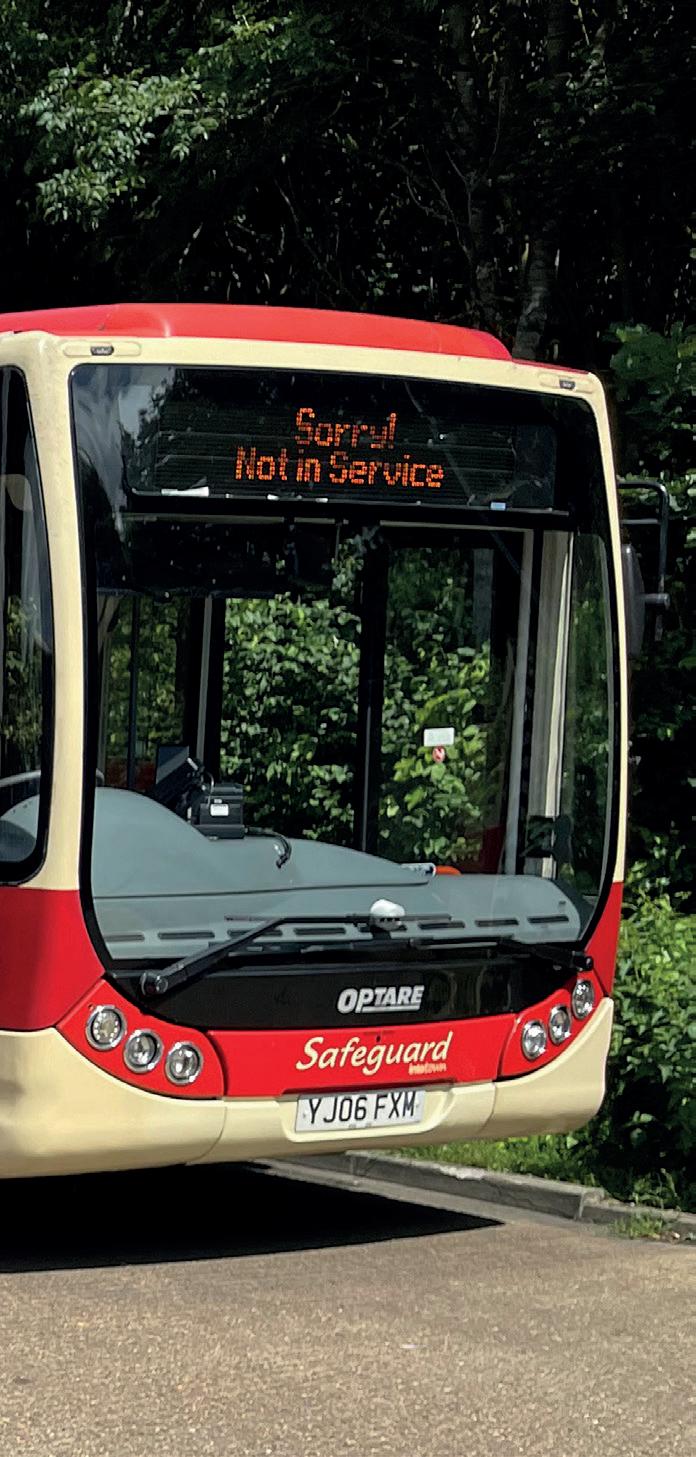
and strengthening our community of bus operators. We wish him all the best in his retirement from ALBUM.
“We are pleased to welcome Andrew Halliday as Secretary. With his deep industry knowledge and longstanding commitment to ALBUM, Andrew is exceptionally well-positioned to guide us through the challenges and opportunities that lie ahead. We look forward to working closely with him as we continue to advocate for the interests of our members and the wider bus industry.”
“Having served as a Board Member for half of his decade-long affiliation with ALBUM, Andrew brings a wealth of knowledge and insight to his new role”
Find out more about Andrew Halliday, Managing Director of Guildford-based Safeguard Coaches since 2000.
Why bus and coach?
I got the train and then bus ‘bug’ at a fairly early age thanks to my Dad who set up one of the first bus enthusiast societies (West Yorkshire Information Service) in 1951. Reading Prof Peter White’s Planning Public Transport book in my Lower Sixth inspired me to turn my interest into a career. A Transport Management degree at Aston University (incorporating a placement year under Roger Bowker at Eastbourne Buses) led to London Buses’ Graduate Training Scheme, and I was off!
What has been your most memorable moment?
It was a real honour to collect RouteONE’s Coach Manager of the Year award in 2011, for Safeguard Coaches to win RouteONE’s Small Bus Operator of the Year award in 2014 and Top
Over 3,000 visitors from the local and transport communities enjoyed Safeguard Coaches’ centenary celebrations at Guildford Cathedral on March 16. They were transported to the event on a fleet of seven heritage vehicles. Safeguard showcased a selection of its fleet, including its three latest acquisitions, at the event. The sale of limited-edition centenary souvenir booklets and goody bags, a raffle, and a collection resulted in a total of £4,730 being raised for The Fountain Centre on the day. The Fountain Centre was chosen in loving memory of Safeguard’s late Engineering Manager, Brett Lambley.
The history and future of transport were key themes of the whole event, which included talks, stalls and activities celebrating bus and coach heritage and also looking to the future. These themes carried through to Safeguard Coaches’
Independent Operator at the UK Bus Award’s in 2015. More recently, pulling off Safeguard’s fantastic centenary celebration at Guildford Cathedral in March 2024 was a real career highlight.
What are the best and worst parts of your job?
The best part of my role as MD of Safeguard Coaches is the incredible variety and responsibility and influence for all aspects of the company (no ‘head office’ here!). I frequently comment that I could be buying a bus in the morning and helping out by driving one in the afternoon. I liaise with other directors and shareholders as well as with our drivers, manage our cashflow as well as occasionally banking the bus receipts! The worst
“I am passionate about making things that I am responsible for better than they were before I got involved”
aspects have been an all-out bus war against Safeguard Coaches followed immediately by the Covid pandemic.
What motivates you?
I am passionate about making things that I am responsible for better than they were before I got involved, whether that be at company level or in terms of a local issue. I simply like doing a good job that I, and hopefully others, can be proud of. Attention to detail, consistency, respect for people, and honesty are all values that contribute to this and that I seek to uphold in the workplace and other aspects of life.
What do you do after work?
Time with wife and son, evening meal, watching TV and catching up with various non-work activities including walking our cockapoo dog called Bridget. I am also involved with our local Baptist church and a residents’ group. Holiday destinations include mid Wales (I am a guard on the preserved Talyllyn Railway), Isle of Wight with very occasional forays to Mallorca. Wider family are mostly Yorkshire based so we head up the A1 every now and then!

latest acquisitions, which were officially unveiled on the day.
The new additions - two brand new 70-seat coaches - represent a total investment of over £0.5m by the company. These coaches are the first in the Safeguard Coaches fleet to offer wheelchair accessibility and will, in future, be seen across the length and breadth of the UK and Europe.
Commenting on their purchase,
Managing Director Andrew Halliday said: “These latest acquisitions follow the purchase of five brand new buses recently, and this investment demonstrates the Newman family’s continuing commitment to their company which began 100 years ago with a char-a-banc.”
The day event was followed by a semi-formal evening reception for Safeguard’s staff, customers, friends and associates.


£10 MEMBERSHIP
For ALBUM Members
Is a membership organisation that empowers women by creating opportunities for networking and professional development in the transport sector across all modes and disciplines.
VISIT:
womenintransport.com
Launched in 2019 by Women in Transport, it aims to accelerate diversity and inclusion in the bus industry.
D&I Bus Group
Networking Opportunities
Exclusive Events
Personal Development
Lead Programme
Advance Mentoring
Intersectionality Workstream
All Party Parliamentary Group
Equity Index
@Transportwm
Women in Transport
Some of the key events amongst the membership in the 12 months since the last ALBUM conference
Growing Scottish bus operator
McGill’s announced Alex Hornby's appointment to the new Group Managing Director position in May 2023. He was previously Chief Executive of Harrogatebased bus operator Transdev Blazefeld.
“I am hugely excited at the opportunity to manage a classleading, successful and ambitious organisation, now the biggest independently owned bus company in the UK, Scotland’s Public Transport Operator of the Year and one of the largest operators of zero-emission electric feets in the country,” said Hornby.
“Te future for our industry is bright if - across both the operator sector and in government - we all grasp the right opportunities and align ourselves to zero-carbon, economic growth and congestionbusting agendas that the bus can help to realise.”
McGill’s Chief Executive Ralph Roberts commented: “Alex’s drive
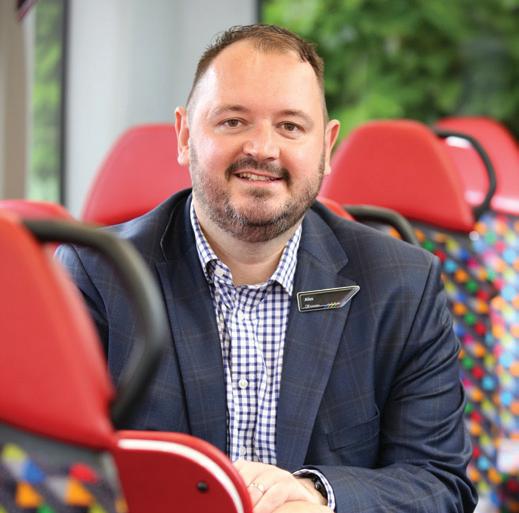
and passion will signifcantly strengthen the McGill’s group leadership team and ensure that we continue to develop the current business as I focus on our exciting growth plans.”
Te England National Concessionary Travel Scheme (ENCTS) reimbursement process must be fair and equitable.
Tat was the message from bus industry entrepreneur Bill Hiron last July in his role as Chair of the ALBUM grouping of ‘non-aligned’ independent and municipal bus operators.
In a statement issued ahead of the government’s planned review of the ENCTS scheme, Hiron confrmed that ALBUM will work with the Department for Transport on the review and said that he wants to see a scheme that adequately reimburses operators for lost revenue.
Hiron added that he also hoped that away could be found to incentivise operators and local authorities to grow this critical market. “Te very local nature of bus servicesparticularly those provided by the SME sector that ALBUM represents - means that the reimbursement must take account of local circumstances,” said Hiron.
“We do not believe that a nationally-negotiated reimbursement rate could take
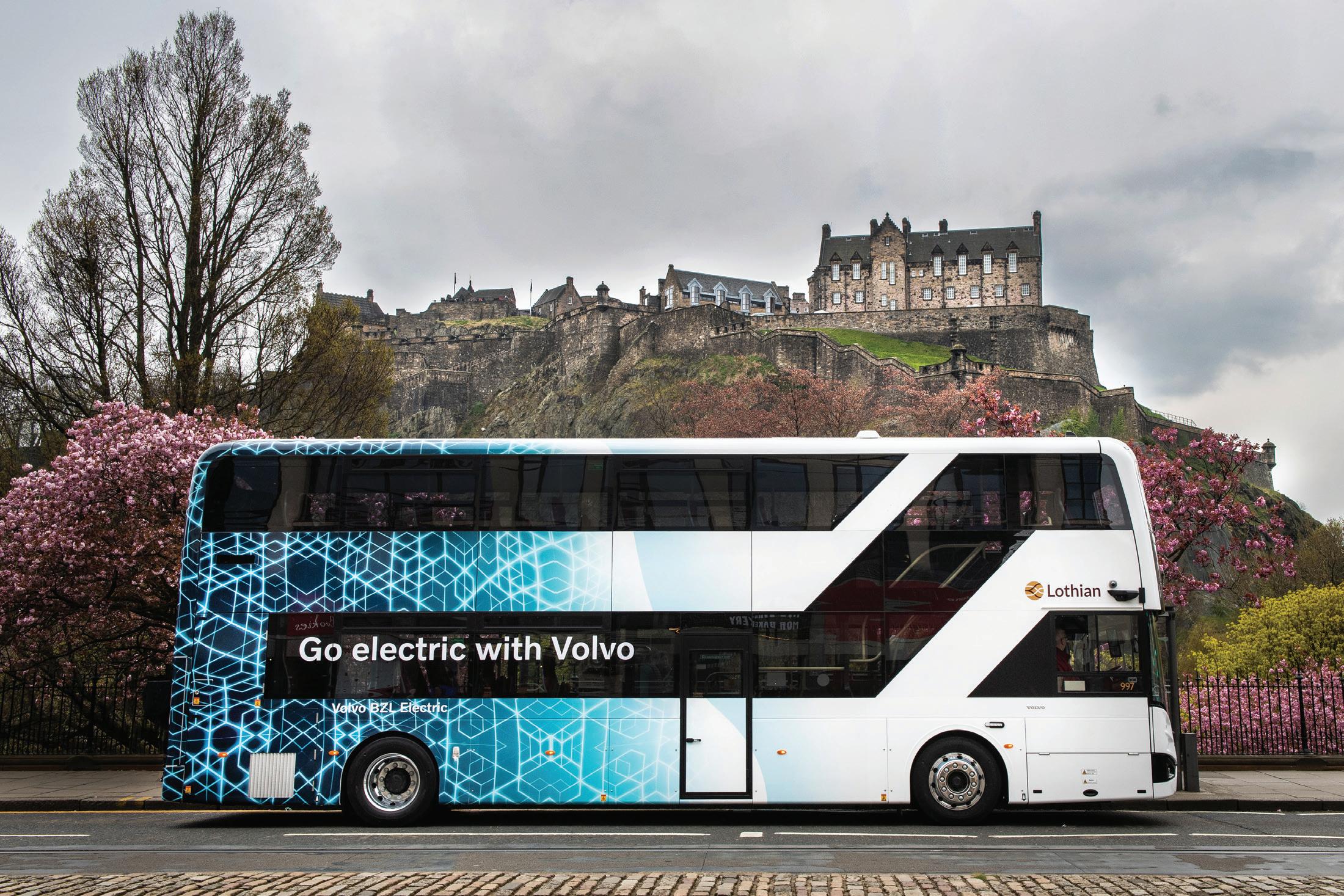
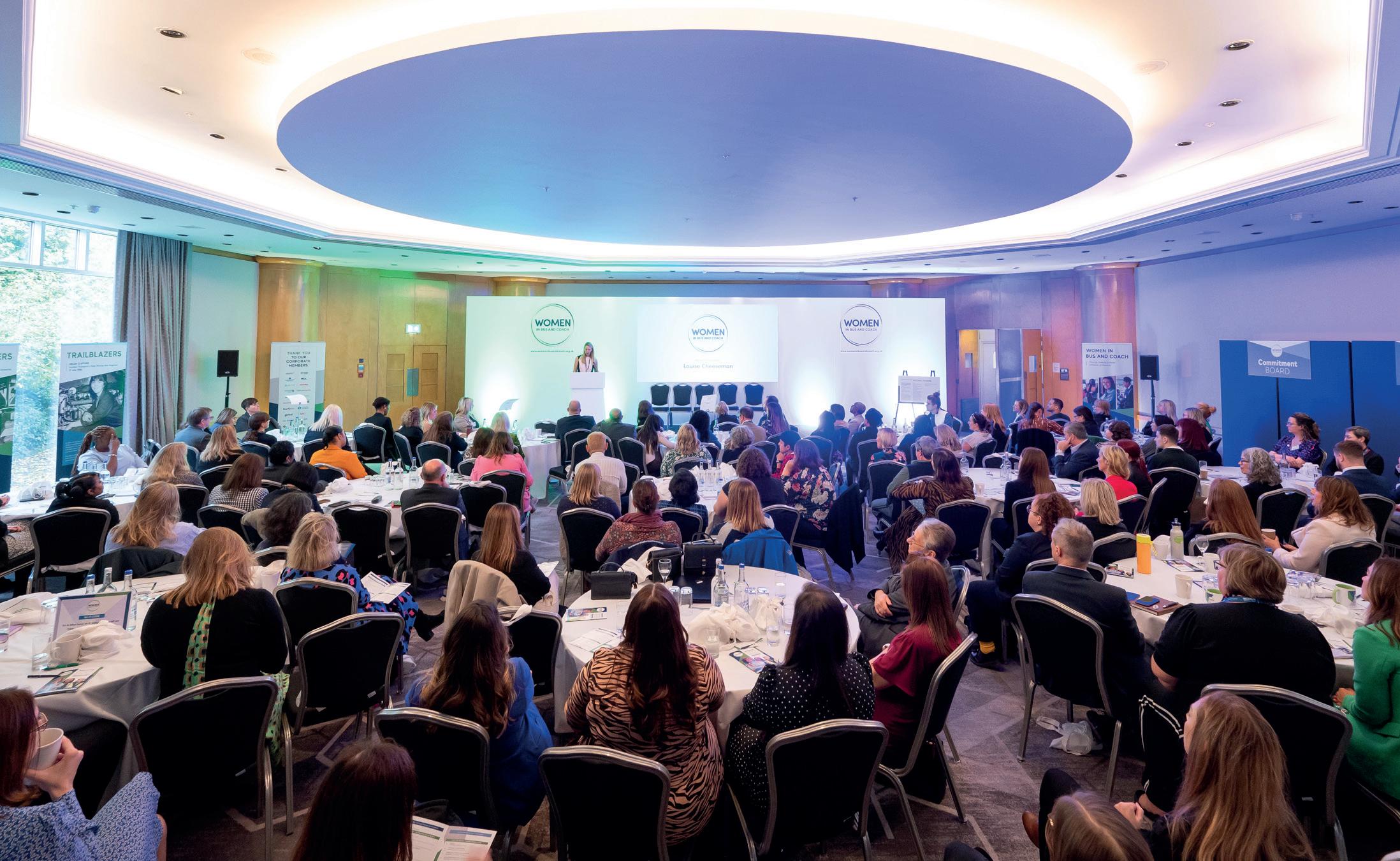
account of those essential local factors. It is, however, clear that local authorities need adequate resources to reimburse operators and that reimbursement levels should be based on a strong set of principles that can be set nationally.”
In September, Lothian ordered 50 new Volvo BZL Electric double deck buses, each with MCV bodywork, for Scotland’s capital city.
At an investment of over £24m, council-owned Lothian will introduce these new vehicles in two batches across 2024, with the frst vehicles appearing on Edinburgh’s streets in early spring. Tis investment cements the company’s commitment to reduce emissions and improve air quality in its operating environment.
Sarah Boyd, Managing Director of Lothian, said: “We are delighted
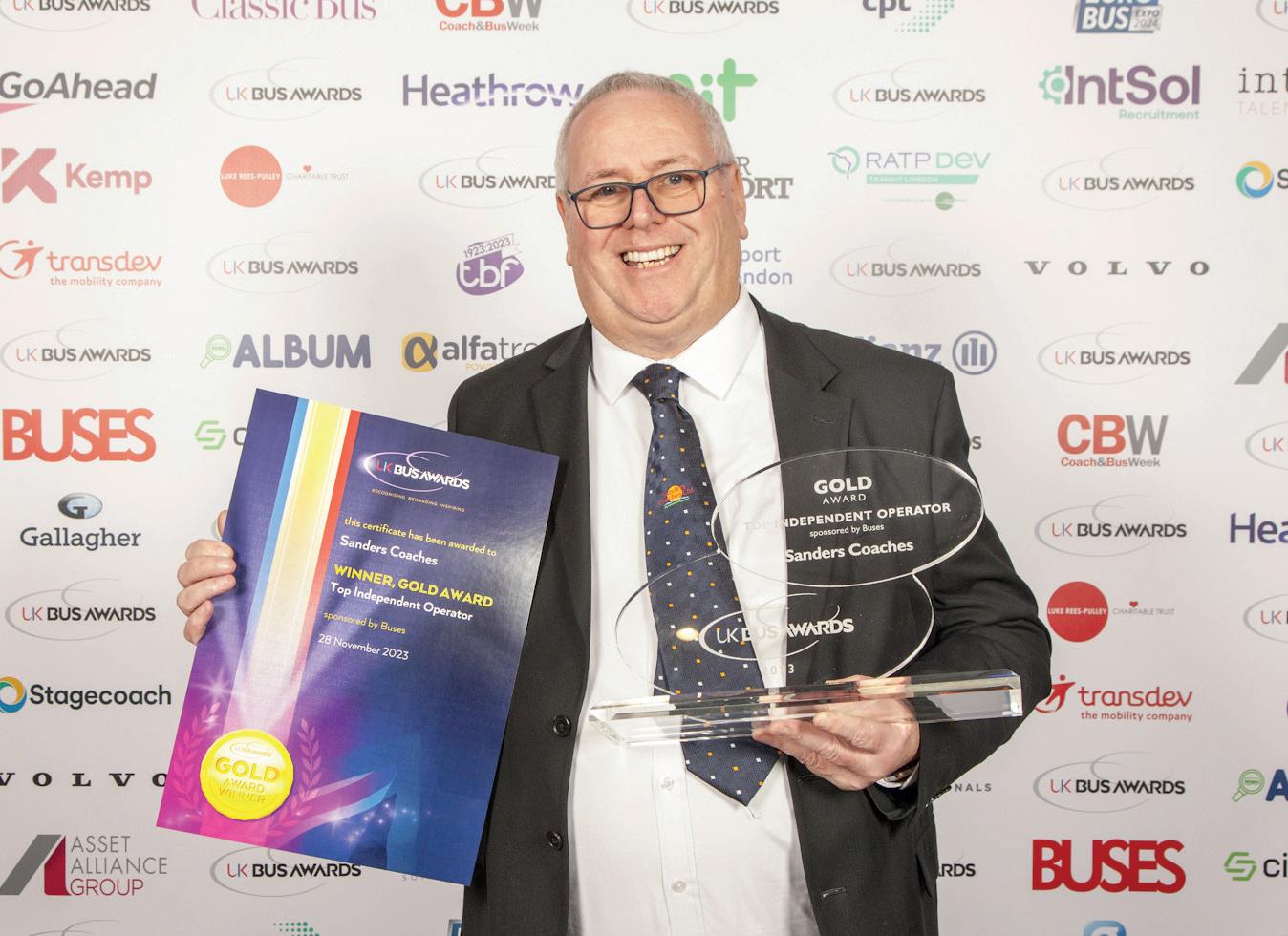
to be working with Volvo Buses to introduce a feet of 50 zero emission double decks to our feet. Lothian continues to support the Scottish Government and City of Edinburgh Council’s strategies to improve local air quality, and this level of investment ensures that we as a business are playing our part in improving air quality across the city.
“Tese buses are not only ftted with the latest zero tailpipe emission drivelines; they also ofer
an enhanced customer experience for the millions of passengers who choose to travel with us every week.”
Delivering cleaner and greener buses into the feet is vital to Lothian’s ‘Driving towards Net Zero’ environmental strategy, launched last September. Te strategy outlines the company’s plans for ongoing investments in zero tailpipe emission buses and infrastructure across the next decade.
NOVEMBER
VARIOUS OPERATORS
ALBUM member bus companies were among last year’s UK Bus Awards winners.
Family-owned Sanders Coaches won the Top Independent Operator Award, and a seasoned mystery traveller concluded that the frm was “outstanding”.
Transdev Blazefeld won the Enriching the Customer Experience Award for its unique strategy to alleviate stress on bus services. Tis includes the provision of stafed customer information points alongside attractive printed material. Te company’s Mariusz Losinski won the Top National Driver Award.
Council-owned Warrington’s Own Buses won the Culture Change Award for transitioning to its brand new purpose-built Dallam Lane depot.
Council-owned Nottingham City Transport won the Recruitment and Retention Award for its
comprehensive overhaul of recruitment practices.
Colin Smith, Engineering Manager for McGill’s depot at Johnstone was Engineer of the Year.
Lothian Buses was among a number of organisations who came together in November to launch the frst national network to support women in the bus and coach industry.
Te ‘Women in Bus and Coach’ initiative is now working with operators, manufacturers, community associations and other key stakeholders in the bus and coach industry to efect real change that will encourage, represent and support more women to work in the bus and coach industry at every level. Tis will help deliver bus and coach services that better meet the needs of women.
Te initiative, which is made up of industry leads, will provide a collaborative forum to share expertise and develop solutions to ensure that a career in the bus and coach industry is attractive to women of all ages, backgrounds, and ethnicities.
Sarah Boyd, Managing Director of Lothian Buses, said: “Working in transport ofers a really exciting and varied career path for women. Fostering a culture change that is more inclusive of women attracts, retains, and empowers female talent. Improving the representation and visibility of women working across bus and coach will help to promote diversity and gender parity and showcase our industry as a forward-thinking, rewarding career opportunity.”
Rotala’s transition from a listed company to private ownership was completed on January 17. Te move followed an acceleration of the planned acquisition process, which the High Court approved on January 15. Te deal valued
Rotala at around £23.5m. .
Rotala Group Ltd is wholly owned by Rotala Chief Executive Simon Dunn, his father Bob Dunn, who is also Managing Director of the group’s operations in the north west of England, and Non-executive Chairman John Gunn, together with other family members and interests.
In January, the Managing Director of Nottingham City Transport branded plans by Nottingham City Council to close two bus-based park and ride sites and switch of the real-time passenger information display system as disappointing.
David Astill also described the cuts to public transport services as a grave step backwards for public transport provision.
Te council had announced several emergency cost-saving plans in response to efectively declaring itself bankrupt in
November. It led Nottingham City Council to issue a Section 114 notice and announce a raf of cuts to fll a £53m hole in its budget for 2024-25.
Te bus operator is owned by the council, but Astill said: “Yes they [the council] are in difculties, but we are independent of that. It only afects us if they do things like turn of the real-time system, which is one of the things on their list of savings, or if they shut park and ride sites.”
You wait ages for a Prime Minister to visit a bus company - and then two come along at one! And both of the visits were to ALBUM members.
On February 12, Rishi Sunak welcomed progress towards transitioning to government-
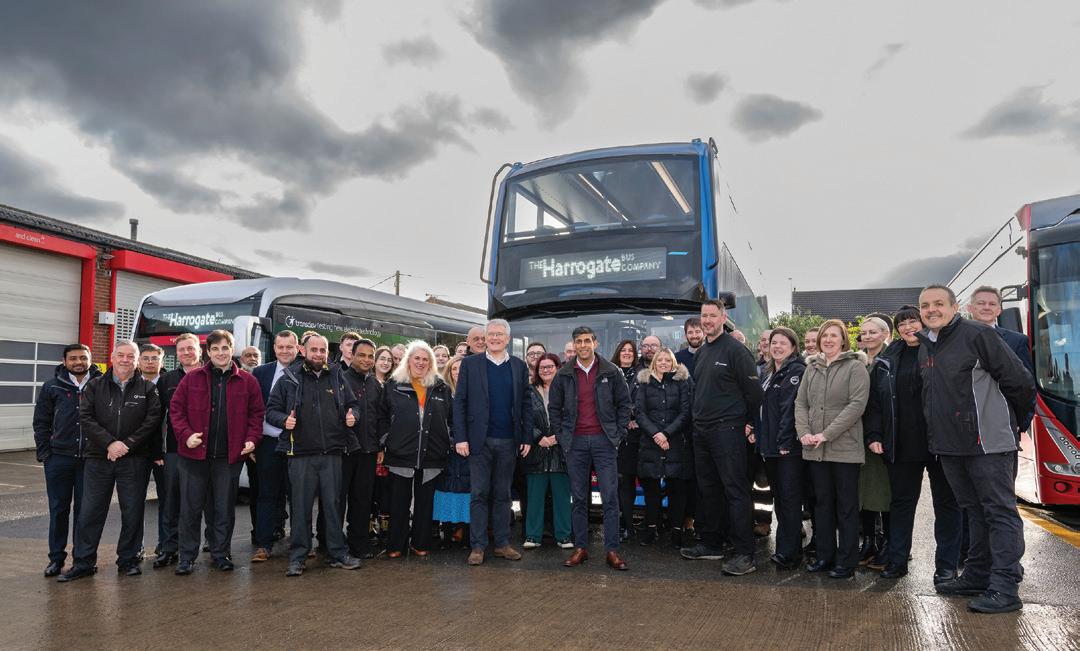
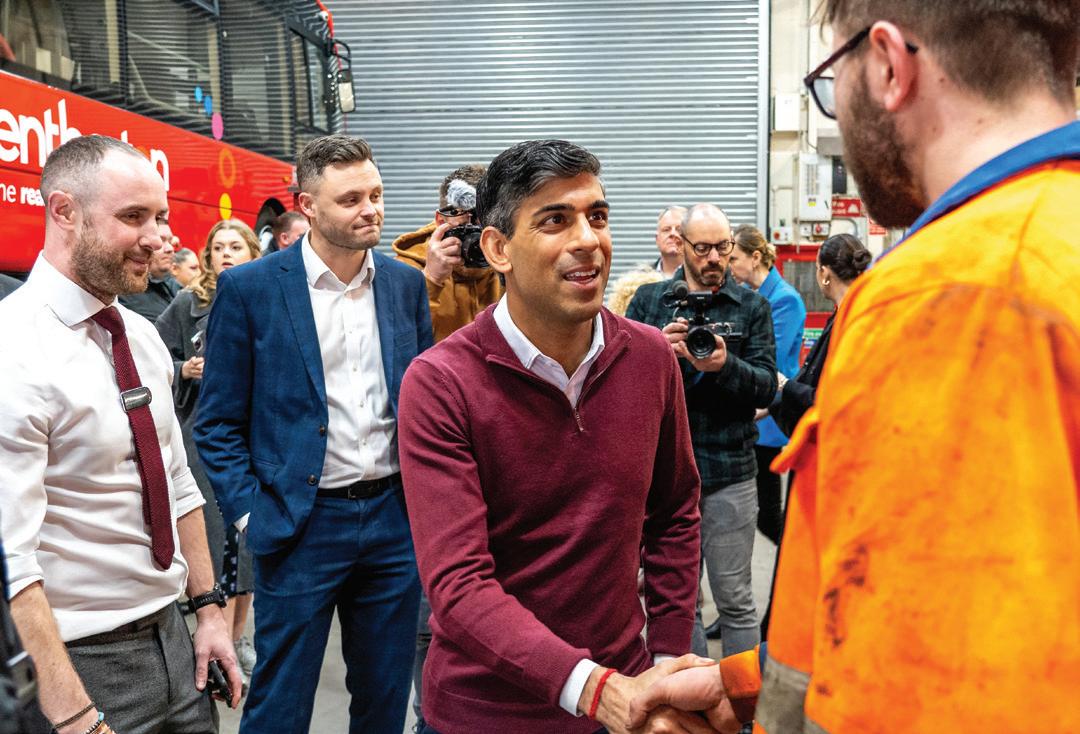
backed zero-emission electric buses during a visit to Te Harrogate Bus Company, a subsidiary of Transdev Blazefeld.
Te PM was guided around the depot by Transdev’s Managing Director Henri Rohard and Operations Director Vitto Pizzuti, who briefed the PM on the success of the Government’s £2 fare cap in attracting more people to choose and use the bus.
Speaking afer the PM’s visit, Rohard said: “Te Prime Minister was very impressed by the progress made towards our frst fully electric depot. Our project includes new electric buses, upgraded maintenance facilities, the latest battery charging infrastructure and a commitment to upskill our colleagues with this new technology.”
“Our electrifcation project has been made possible thanks to signifcant support from the Government’s ZEBRA fund, and Mr Sunak was keen to see and hear how that investment will help us to deliver a revolution in the quality and sustainability of public transport in Harrogate and North Yorkshire.”
Meanwhile, Sunak visited Trentbarton’s garage in Heanor, Derbyshire, on March 22 to launch the Conservative Party’s local elections campaign. He was welcomed by Trentbarton Managing Director Tom Morgan.
With a new depot, a new fully electric bus feet, and a new bright yellow vehicle identity, along with a comprehensive Bus Service Improvement Plan for the town, Warrington’s Own Buses hailed the start of a new era in March.
Te council-owned company invited its stakeholders, suppliers and press to its impressive new Dallam Lane depot to unveil one of its new Volvo BZL electric buses - decked out in yellow rather than the company’s current red and blue livery.
Te change refects the
direction of travel in the neighbouring conurbations of Greater Manchester and Merseyside, and desire to create a cohesive framework for seamless travel across the North of England.
Te buses are yellow, but Warrington’s Own Buses will go green with the introduction of 105 fully electric buses between the summer and Christmas, replacing the frm’s entire feet of diesel buses. Te Department for Transport’s Zero Emissions Bus Regional Area (ZEBRA) scheme has supported this investment.
Speaking at the launch, Warrington’s Own Buses managing director Ben Wakerley said: “We will take a massive step forward by shortly replacing our whole bus feet with brand new, state-of-the- art, Volvo electric buses. It is really important that we do this and convert away from cars and fossil fuels.”
ALBUM members put on a table-topping performance in the Autumn 2023 ‘Your Bus Journey’ survey of bus users from Transport Focus. Published in March, it is the frst in-depth survey of bus user satisfaction levels since Autumn 2019.
Te survey gathered passenger
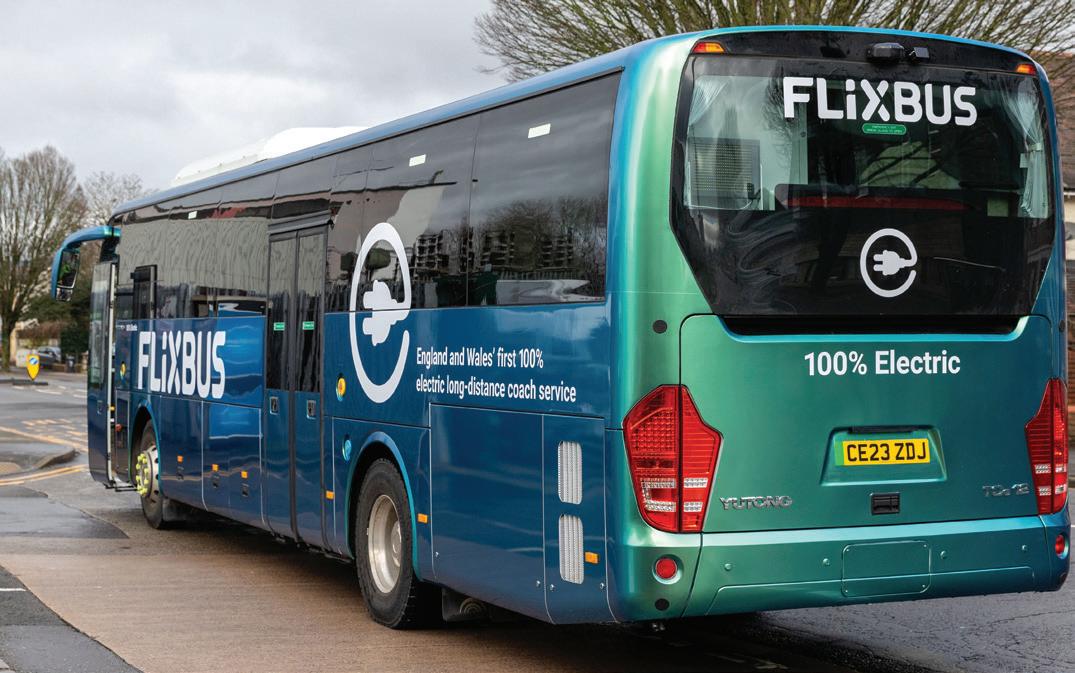
feedback on more than 35,000 journeys in England. It looked at how satisfed passengers were with their most recent journey and a range of other key factors.
Transport Focus produced a league table of bus companies ranked in terms of the overall satisfaction of their passengers.
Te Top 10 featured fve ALBUM members. Te highestranked ALBUM company was Nottingham City Transport, which was third with an overall satisfaction score of 89%, followed by Centrebus (88%), Trentbarton (87%), D&G Bus (87%), and Ipswich Buses (87%).
David Astill, NCT’s Managing Director, said: “Te high regard in which Nottingham’s bus services are held is testament to many decades of close working between the local bus operators and the city
and county council’s. It is a timely reminder of what can be achieved through working in partnership where there is the genuine will to succeed for the beneft of the bus passenger.”
Meanwhile, the survey ranked Trentbarton as having the best bus drivers in the country.
Tom Morgan, Trentbarton’s Managing Director, commented: “An outstanding driver is what makes an everyday bus journey a great experience, so for our drivers to be the best in the country is a fantastic achievement.”
Council-owned Newport Transport began operating the
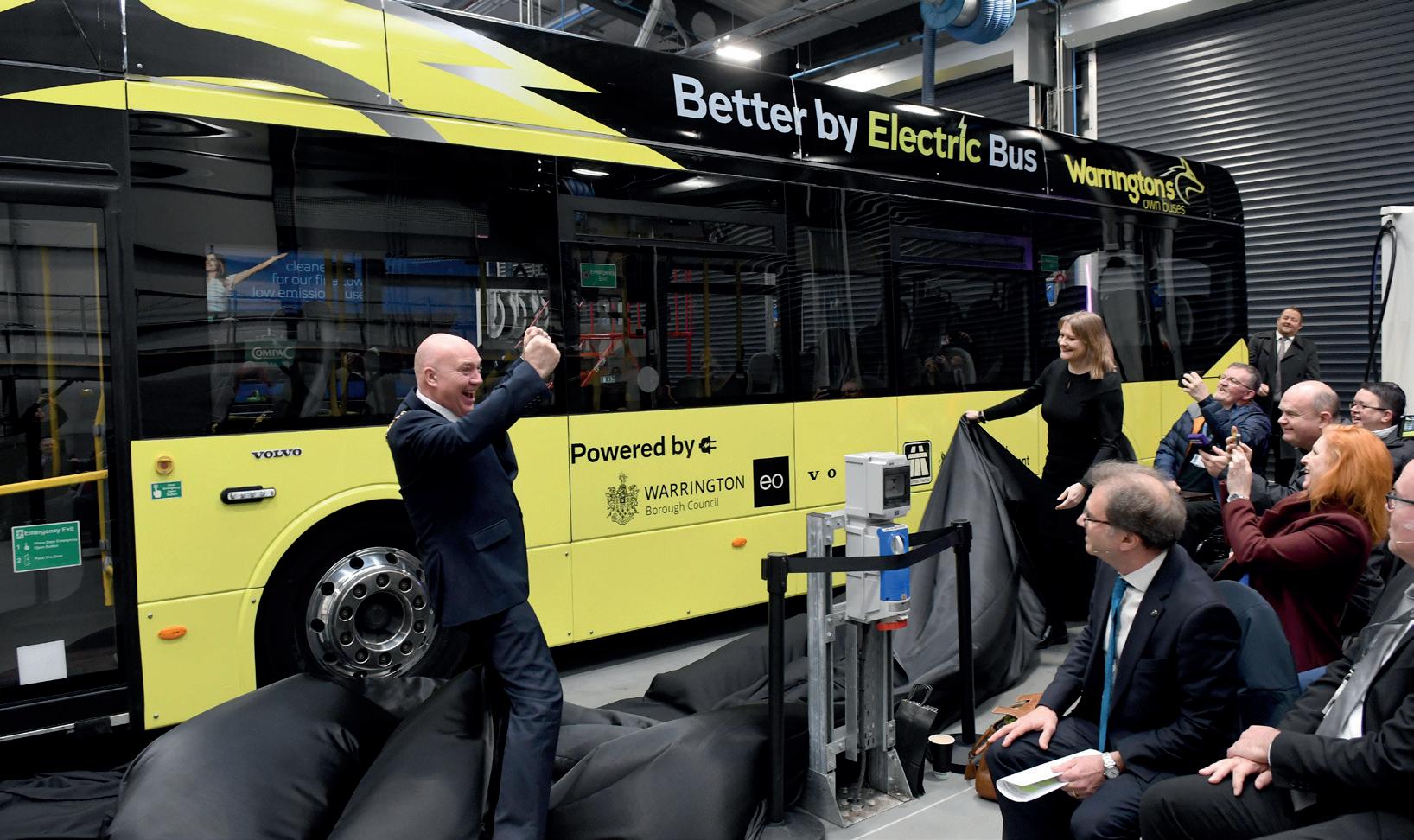
frst 100% electric long distance coach service in England and Wales on March 21 on behalf of travel tech company Flix. Te vehicle is being trialled for three months on a FlixBus route linking London, Bristol and Newport.
Te 46-seat vehicle will save 352kg of carbon emissions per day driven on this route compared to the average diesel-fuelled coach, as well as improving air quality.
Newport Transport operates 60% of its daily local bus services with zero emissions at the tailpipe. David Jenkins, interim Managing Director at Newport Transport commented: “Newport Transport has been leading the way in bringing in electric vehicles ... and bringing this electric vehicle to the intercity coach market is the next big step.”
Te vehicle will be charged at Newport Transport’s headquarters and a Transport UK London Bus (formerly known as Abellio) depot in Battersea, London.
ALBUM members were among the recipients of the £143m in funding from the second round of the Zero Emission Bus Regional Areas scheme (ZEBRA 2). Tis funding will enable 25 councils to introduce 955 zero-emission buses across England - of which 64 will enter service with ALBUM companies.
A bid from Reading Borough Council received £4.7m to support the purchase of 24 electric double deck buses for Reading Buses.
Leicestershire County Council will receive £8.1m to support the purchase of 21 electric singledeckers for Kinchbus and 25 electric double-deckers for Arriva.
Surrey County Council has been awarded £3.2m to support the purchase of 13 electric singledeckers for Falcon Buses and six electric single-deckers for White Bus.
Stafordshire County Council will receive £3.1m to purchase six electric single-deckers for Diamond Bus and 11 electric double-deckers for Arriva.
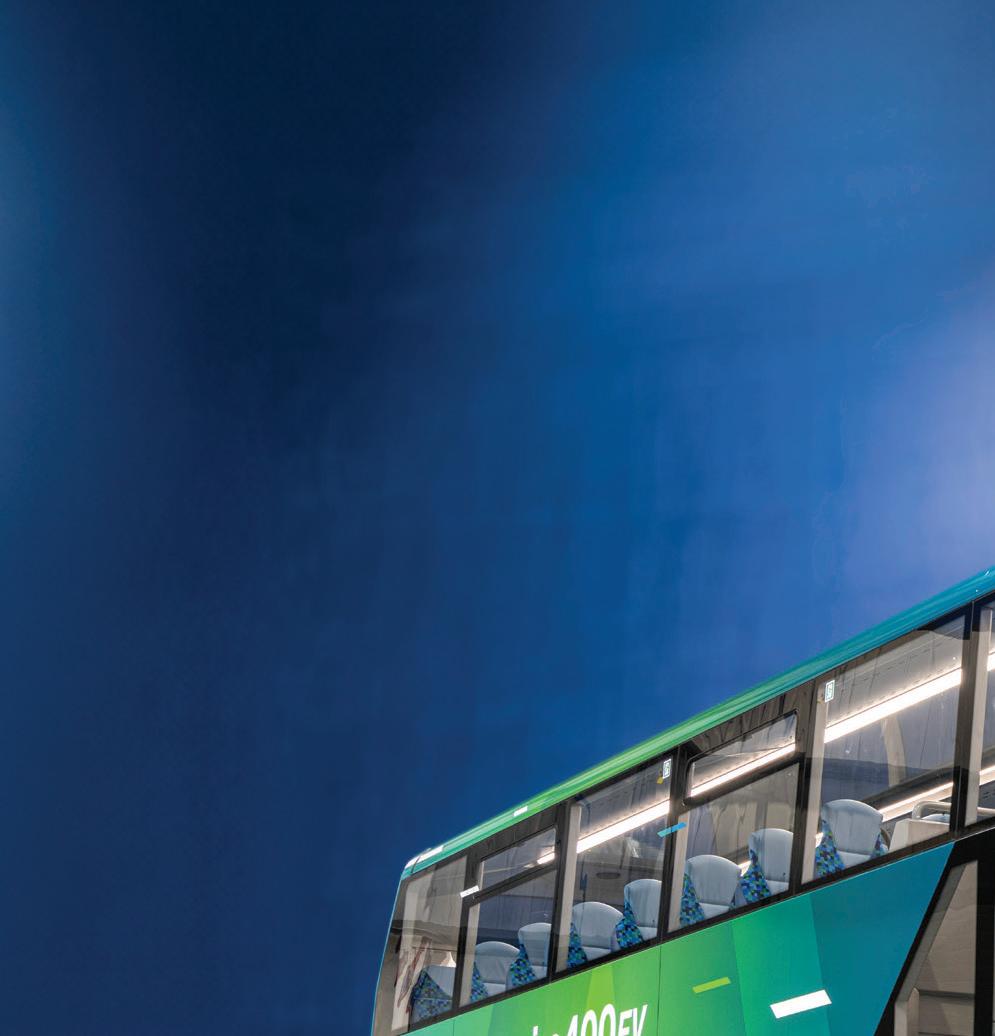
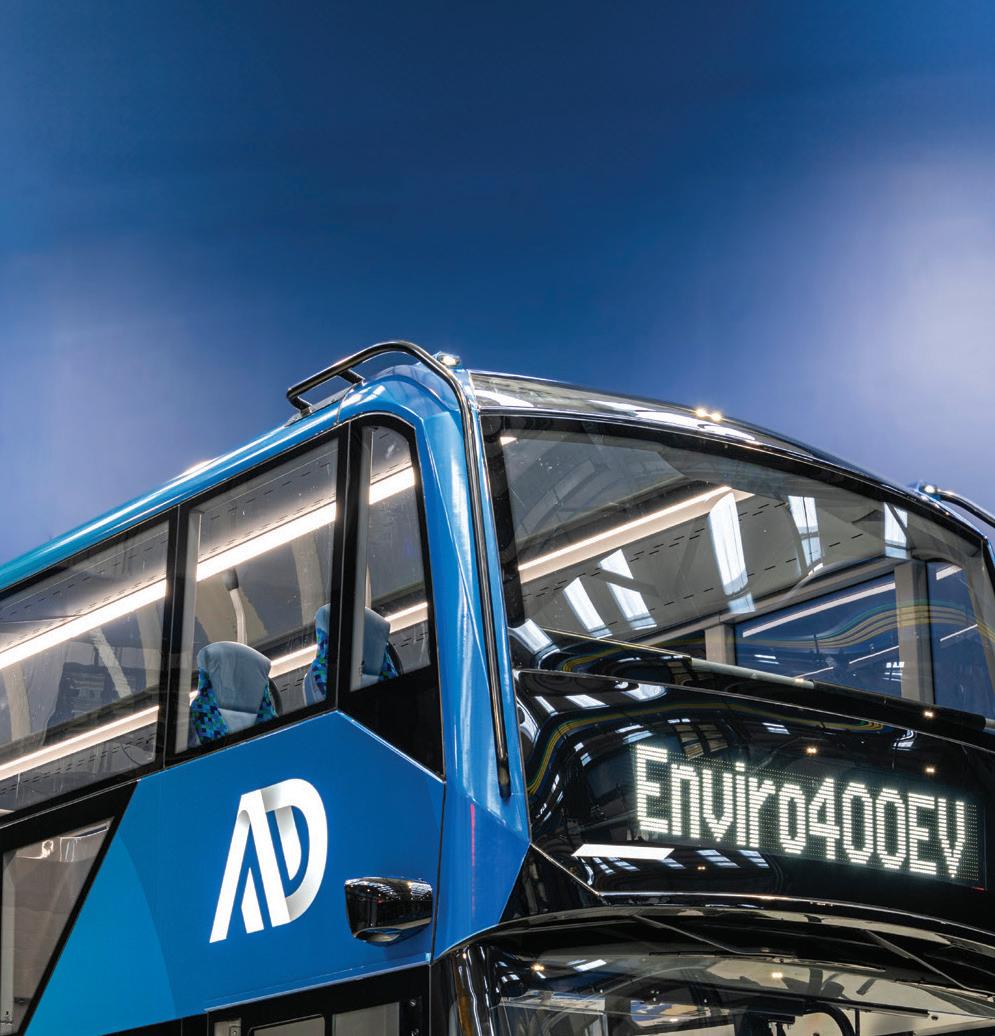
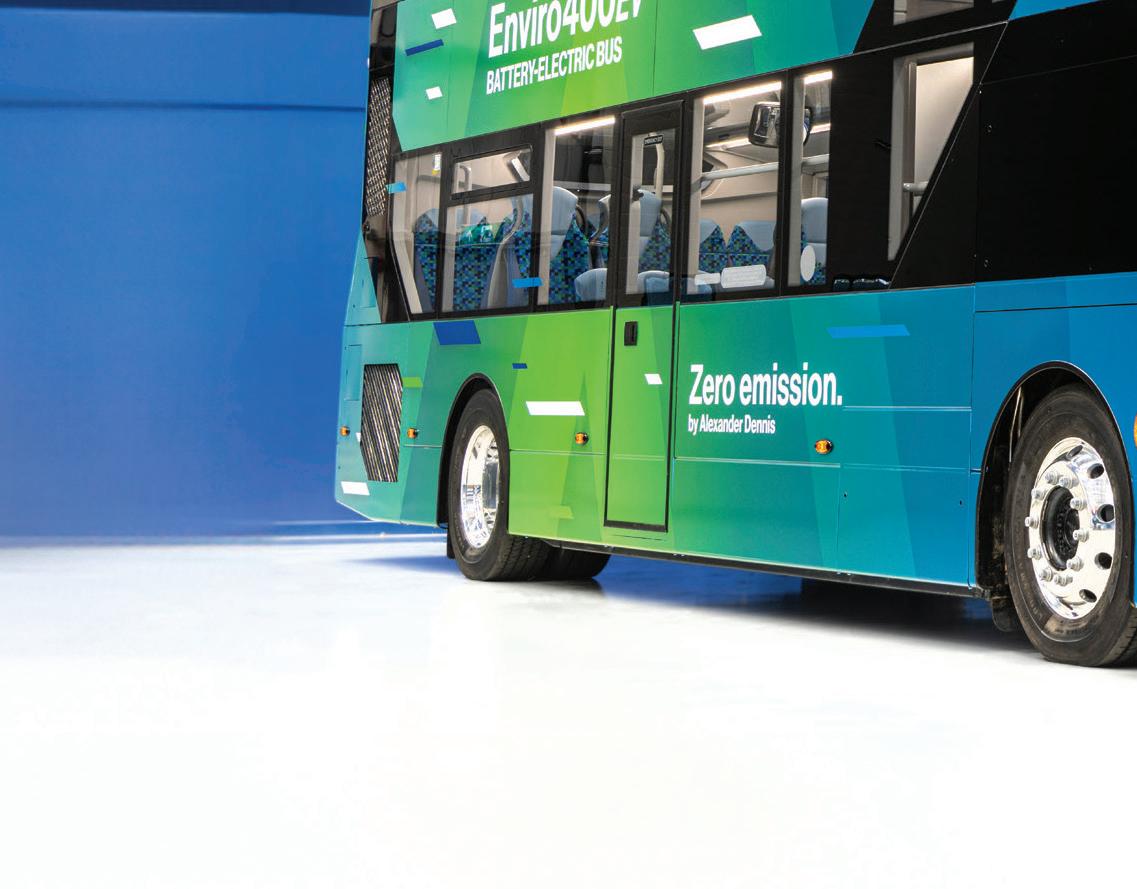
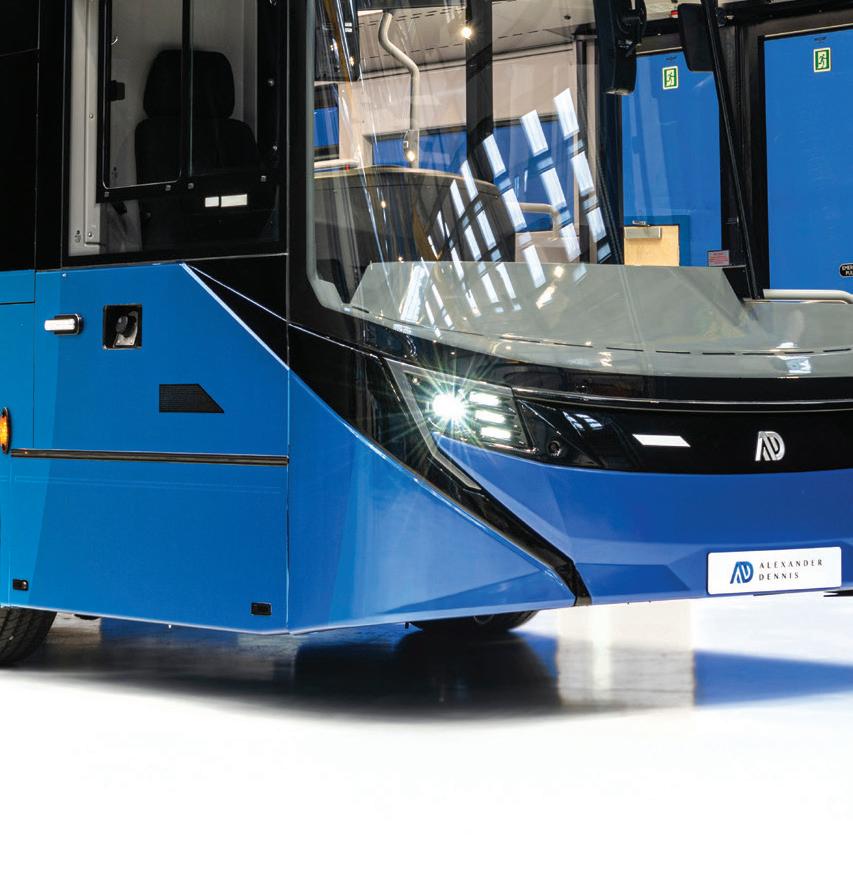


0.67 kWh/km
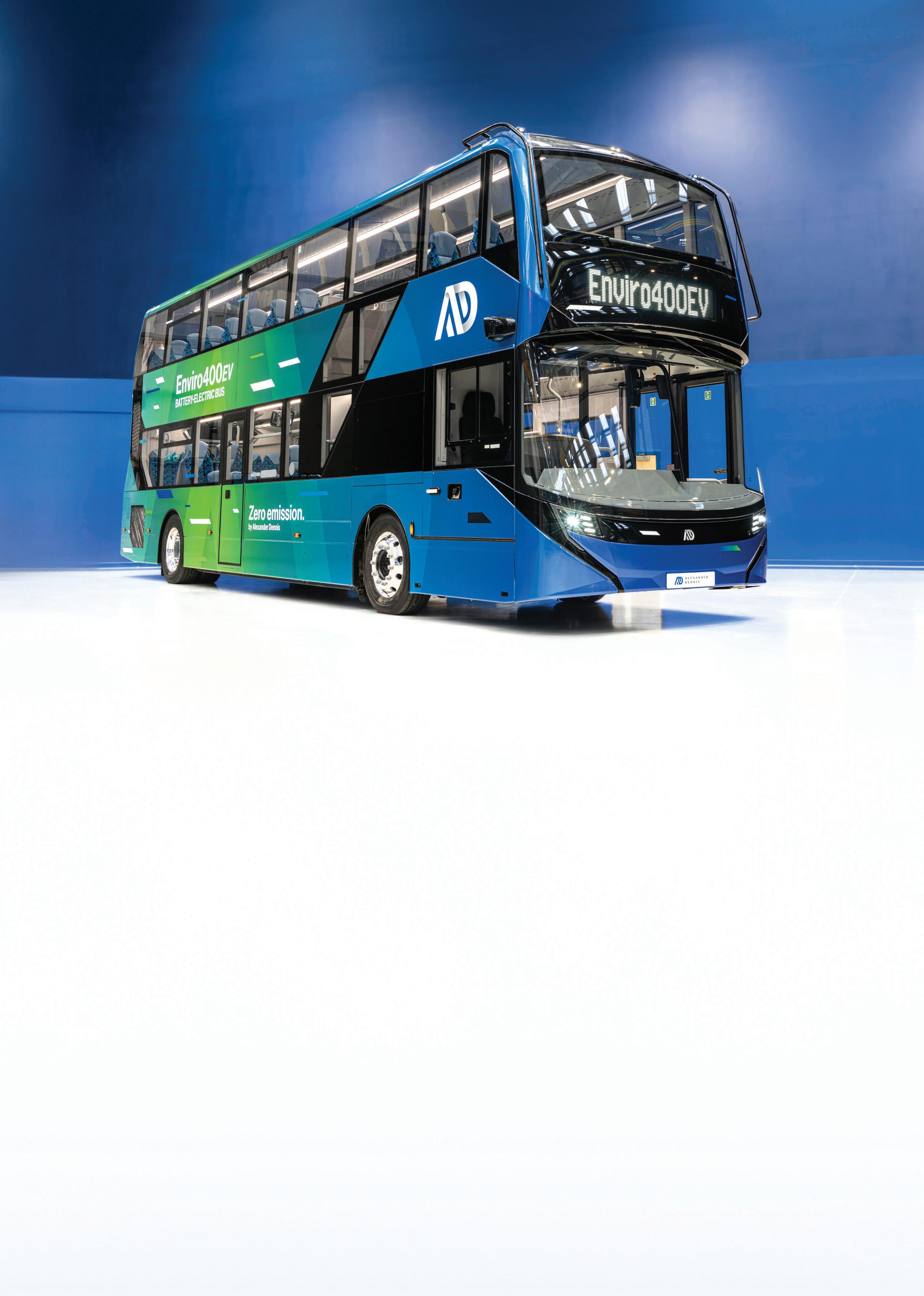
The next generation of Alexander Dennis electric buses is driving value through efficiency thanks to its benchmark energy consumption.
The Enviro400EV has completed Zemo Partnership zero-emission bus testing and is confirmed as the most efficient electric double decker currently available in the market. Using an average of just 0.67kWh per kilometre over the UK Bus Cycle, it delivers a 10% efficiency advantage over other vehicles of comparable battery size. alexander-dennis.com
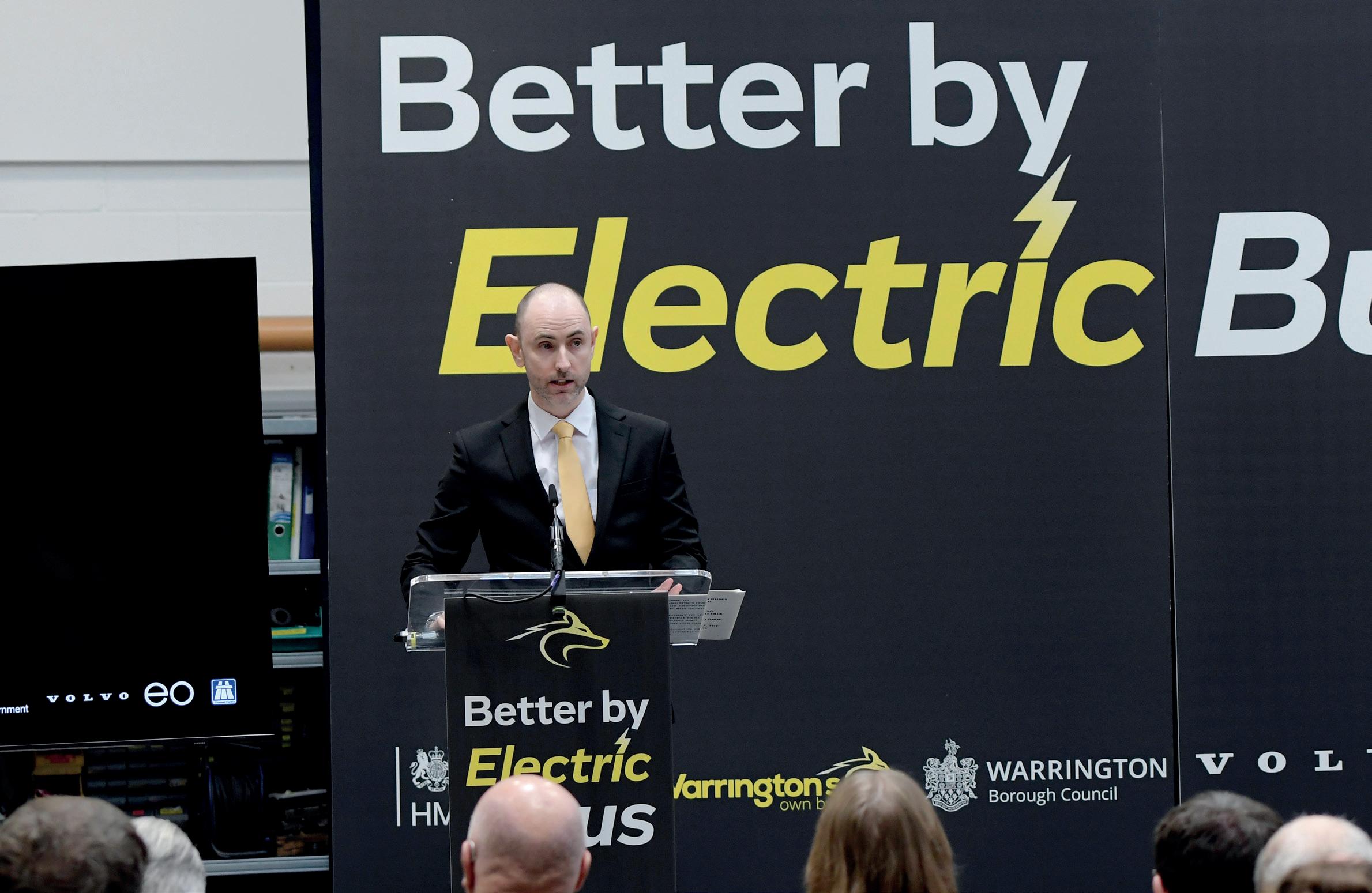
A new depot, a new full-electric fleet and a striking new yellow identity. Ben Wakerley is excited about the future for Warrington’s Own Buses
Warrington’s buses are undergoing a transformation during 2024.
It’s a multi-faceted change that will make travelling around the town cheaper, faster, more comfortable and greener.
Travellers won’t see the brand new, purpose-built bus depot which is now home to the town’s council-owned bus operator, Warrington’s Own Buses.
But they will see the brand new feet of 105 Volvo BZL full-electric buses, with a striking new yellow livery - all in service by Christmas.
Tey will enjoy simple fat fares of £2, and £1 for those aged under 22. And they will beneft from faster journeys if they travel along the town’s busiest corridor, Winwick Road, where new segregated bus priorities are being introduced along with trafc signal priority for buses and a new bus gate near the rugby stadium.
“We are throwing the kitchen sink at it,” says Ben Wakerley, who has been the Managing Director of Warrington’s Own Buses since 2017.
He believes that the transformation of Warrington’s
buses, supported by the company’s proactive council owners and partners and a Bus Service Improvement Plan that attracted signifcant funding from the Department for Transport, can make a real impact.
Warrington’s Own Buses’ passenger numbers are now around 95% of pre-Covid levels. Tis is encouraging, but usage remains stubbornly low among those older people who are entitled to free concessionary travel, and the company is working hard to win them back. Partnership working with the frm’s owners, Warrington Borough Council, has been the key to unlocking opportunities for growth, and Wakerley says Warrington’s Own Buses has worked hard to win their trust.
“I think they have the same philosophy that I have, which is that it is good to do things that are ambitious,” he says.
Te council has a track record of entrepreneurialism and a “let’s talk about it mentality”. Te frst IKEA in the UK, for example, was opened in Warrington afer a ground-breaking deal was reached.
Te town has an economic development agency, Warrington & Co., which brings together public and private partners with the sole aim of bringing about growth in Warrington. Wakerley sits on its board, helping to identify and exploit opportunities. Warrington & Co. is leading the development of Omega Business Park, strategically located next to Junction 8 of the M62 motorway. Tis former World War 2 airfeld is now a 775-acre commercial and residential development.
“
Tey’ve got this way of working where they get things ready and they get things done,” says Wakerley. “I sound like I have been brainwashed but I can really appreciate how they have done

that, especially in comparison to other areas.”
Warrington & Co. did the project management for the new Dallam Lane depot for Warrington’s Own Buses, and it was this that led to the idea of going full electric in one big step.
It’s a massive project for a company of the size of Warrington’s Own Buses, and one that other municipal and independently-owned companies up and down the country will be watching with interest.
Wakerley has been assisted by Jef Counsell, the former Managing Director of independent bus operator Trentbarton. Wakerley coaxed “big hitter” Counsell out of retirement, persuading him to join Warrington’s Own Buses as Electric Vehicle Director. He is overseeing the delivery of the new electric buses and the installation of a new, private high-voltage network and charger system (read more on pages 20-21).
Te rail industry talks about the “sparks efect” of converting a feet to electric, with services attracting greater numbers of people. Does Wakerley expect a similar uplif for Warrington’s buses?
He does, but as a result of the much broader range of changes that are being made - electric buses, but also fat fares, discounts, bus priority measures and the fresh new identity.
It’s the last one that excites Wakerley the most. While the move to a new depot enabled the company to take a fresh look at its feet, the order for a new feet of buses has enabled a fresh look at the company’s on-street identity. In March, the company unveiled a striking new yellow livery, complementing the yellow of Greater Manchester’s Bee Network and Liverpool City Region’s new publicly-owned feet of hydrogen buses.
Wakerley says that the rebranding creates something that is “far greater than the sum of its parts”. With newly-franchised buses coming into Warrington from Greater Manchester featuring a yellow livery and
Ben Wakerley has long been identified as someone to watch in the UK bus industry - but he could have swapped bus routes for airwaves. Wakerley had two part-time jobs while studying at university - one as a bus driver at Queens Road in Manchester while at university and the other as a DJ, hosting radio shows and doing the indie night at university.
When he completed his studies he wasn’t sure what to do next but colleagues at First Manchester persuaded him to join them
future services to and from Merseyside also expected to go yellow when it takes control of local bus services, he says “you would have a seemingly integrated network across most of the north-west just by us flling in that gap”.
“I feel like this is the kind of thing that Transport for the North should be doing, personally,” he says,” “practical things that make things integrated, make things more usable for people.”
He continues: “To most members of the public, it will seem like an integrated system. Suddenly, it looks like London. All the buses are yellow. At the moment, we are all charging the same fare, so it’s integrated in that respect. Contactless capping conversations are happening in the background.
“How is that not London, to the average person? And London’s good. If you are a passenger, London’s buses are good.”
He wants to see the introduction of new inter-operable ticketing agreements across the North West of England.
“You could have a day ticket that allows you to go from Liverpool
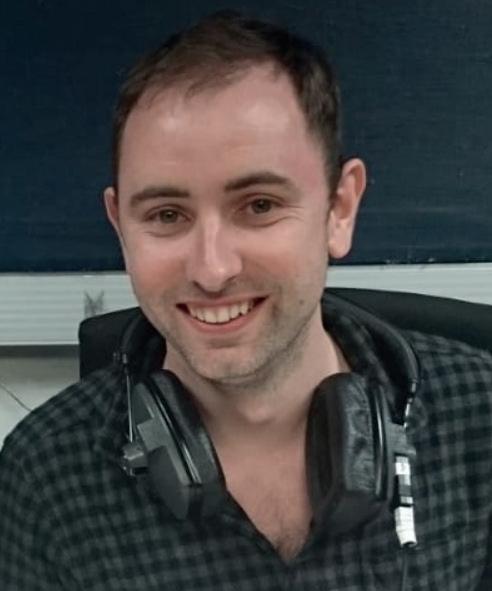
full-time, working as a supervisor.
After proving his worth in general management roles in London for First Bus, he became Operations Director for National Express’s managed coach business before heading up Abellio’s Surrey and London operations. In 2017, he left to become Managing Director of Warrington’s Own Buses.
Pier Head through Cheshire and into City of Manchester stadium, on the other side of Manchester. Well that’s integration, isn’t it? Tat’s achievable.”
As well as going yellow, Warrington’s Own Buses is also going green. By the end of this year, its feet will be powered entirely by electricity from renewable sources. “It’s as carbon neutral as it can be,” says Wakerley.
With the climate getting dangerously hot, transitioning away from cars and from fossil fuels is a cause that he believes in personally as well as professionally.
He explains: “You can’t keep having exponential growth of all the things that we are doing without really damaging the planet. We are damaging it and it is so obvious.”
It’s not just about climate change. He points out that poor air quality has been calculated as being the cause of 150 deaths a year in Warrington alone.
Wakerley’s musical preferences gravitate to indie music, a genre of alternative music that is independently produced and distributed outside of major record labelsthe sonic equivalent of ALBUM’s independent bus companies. “I think I probably do have a bit of an independent streak in me if I’m honest,” he says.
ALBUM colleagues are highly engaged, says Wakerley, and they have a remit you can get your arms around.
“I don’t want to stitch myself up for a future job, but the honest answer is that I like to just get on with it and make a decision and do the right thing.”
“I was in a hotel the other day and I woke up in the morning and the window,” he says. “It was completely silent ... Tere wasn’t a single bird. You couldn’t hear a single bird. And that is what you should hear when you wake up in the morning.
“You can’t keep pushing nature to the extremities all the time and I expect it not to have any impact. I really do think it’s important.”
Going green is not just the right thing to do for the environment, he says. He believes that the economy will also beneft.
Wakerley summed up his thoughts on this in March at the unveiling of the frst of the new electric buses. He told assembled guests at the event, which was held at the new depot: “Te UK can lead other nations by showing that a green transition can happen, and it can help to unlock economic growth,” he says.
“Warrington Borough Council have led the way on this. A bus feet, powered by renewable energy, with cheap bus fares and bus priority, is absolutely the way to go.”
Jeff Counsell explains how he was lured out of retirement to become EV Director at Warrington’s Own Buses and oversee a complex once-in-a-generation transformation
At the end of February 2023, I retired from my job as Trentbarton’s Managing Director, afer a career covering almost 50 years in the bus industry, with no intentions of doing much other than walking the dog, visiting family, and pottering around the garden.
Fast-forward to the 24th of July. I was sitting in the kitchen enjoying a mug of cofee, having just returned from the dog’s frst walk of the day, when my mobile buzzed with a call from Ben Wakerley.
“He’s dialled me by mistake” I thought, “either that or he’s missed the fact that I’ve gone!”
As it happened, he had not ‘pocket dialled’ me and he knew that I had retired. Anyway, I quite like Ben, having met him on a number of previous occasions including CPT-driven Teams calls throughout Covid, and I have a lot of respect for him as a consequence - so, I answered.
Once the usual phone formalities had been exchanged, Ben came straight to the point which I liked, “tell me to bugger of if you like,” he said, “but I’d like to have a chat with you about helping us deliver our ZEBRA EV Bus project.”
Like many others, I had been impressed by Warrington’s ZEBRA bid, announced by Department for Transport in October 2021 as being successful and taking a substantial slice of the £120m funding pot being made available in that fnancial year. Most impressive was, and is, the scale and ambition of the bid, replacing their entire feet of diesel buses with 105 all electric vehicles. Also like many others, I had completely lost track of where Warrington was with the project.
An engineer by background,
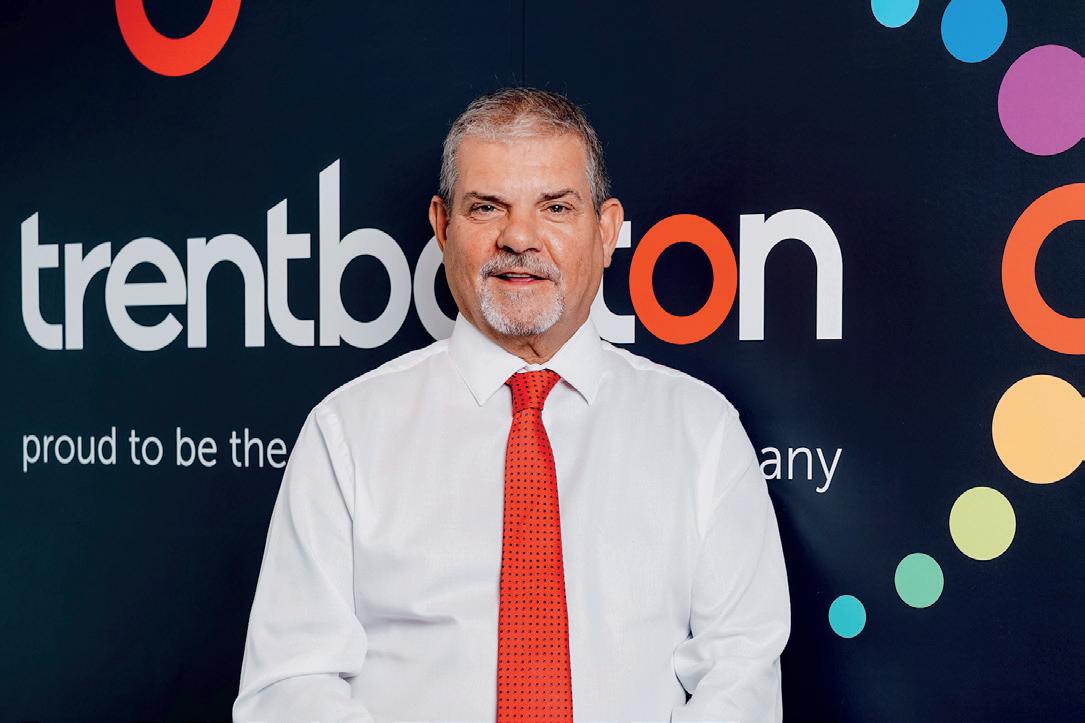
I also had more than a passing interest in vehicle technologies and the challenges faced by bus companies in transitioning to zero emission. So, given the above, and the fact I think Ben’s a good guy, I was certainly engaged by the conversation.
By coincidence, I was travelling to the north west the very next day, and we agreed to meet for a chat over a cup of cofee, which cemented my interest in the project, its challenges, and the transformational opportunities it brings to Warrington’s buses, its customers, staf, and stakeholders.
My frst ofcial day ‘on the job’ was August 7, 2023, just 11 days afer that frst phone call!
I had been ‘warned’ that the project consisted of many strands and, in Ben’s words, was ‘growing arms and legs,’ and he was not wrong. Given the legal processes surrounding the ZEBRA bid submission, funding, and the
“Tell me to bugger off if you like,” he said, “but I’d like to have a chat with you about helping us deliver our ZEBRA EV Bus project”
tender invitation process.
Securing and agreeing on the fnal build specifcation for the buses and the site charger layout plan is part of the role I am engaged to do, thankfully, the commitment from members of the WOB team, manufacturers and suppliers is second to none. Equally, the eforts and achievements to date from Warrington Borough Council, especially their PT delivery team are superb.
So! Te buses are in-build, due to be with us early summer this year, and, following a lot of efort from all parties in securing fnal designs and construction phase planning, the depot charging infrastructure work, including the installation of the chargers is now advancing well.
As WOB’s EV Director, my role is to oversee the project and ensure the new EV Buses arrive,
ultimate transfer of assets (buses and chargers) from the borough council to the bus company, work on delivering the project had only just started in the summer of last year. Tat said, a huge amount of preparatory work had been completed, including the move by the bus Company from their former site of Wilderspool Causeway, to a brand-new, purpose-built site on Dallam Lane which is completely prepared to home a 105 EV Bus Fleet, together with 53 120kw chargers. Te workshop and ofces are a far cry from the company’s previous home.
Te new depot houses a 6MvA High Voltage substation, which will feed the HV power to the on-site sub-station/transformers which will then provide the LV supply to the charger units throughout the parking area through more than three kilometres of sunken cable ducting.
Decided through an open tender process, Volvo are the nominated supplier of the buses which will consist of 72 single deck and 33 double deck buses on their BZL Electric Bus chassis, bodied by Egyptian giant manufacturers MCV. In addition, EO Charging are the nominated EV charging partners, again through an open
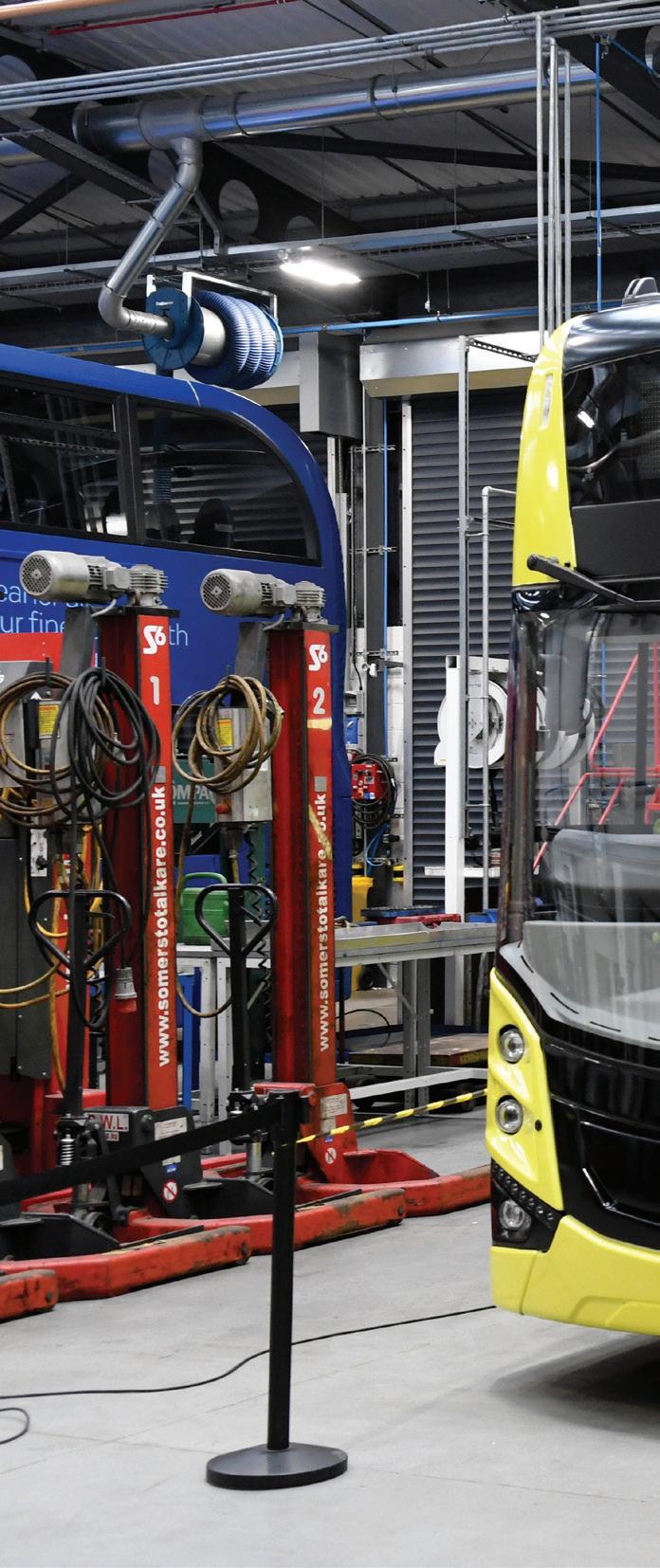
are commissioned, and enter service as soon as possible. I also align the site electrifcation and commissioning of the charging system alongside the bus delivery program and manage the disposal of WOB's current diesel feet of buses.
Sounds simple enough, right?
In the words of Jeremy Clarkson... “what could possibly go wrong?”
Te site electrifcation program has around 70 ‘key task’ elements, each of which is subdivided into a number of sub-tasks, any one of which has the potential to derail the project if not completed on time or if we face an unexpected problem. Not just concerned with getting electricity, safely, from the main grid system to each of our chargers, through a system of site/grid two-way protection,
four on-site sub-stations with transformers, positioning of 53 chargers and feeding the associated cables along the threeplus kilometres of ducting that is pre-concreted into the ground. Ten there is the entire back-ofce solution which provides vital vehicle condition monitoring, charge status, energy consumption and critical balancing of the power and charge to each charger port.
Replacing an entire feet of buses in one tranche is also mind-blowing in terms of the scale of the work involved. Not just replacing like-for-like with more diesel buses but replacing diesel with all-electric!
Vehicle familiarisation on the BZL/MCVs for circa 150 drivers is a huge task, especially when it must take place during the ‘normal’ course of recruitment and training. Training for the workshop technicians is also a key
part of the critical path to ensure employee safety and vehicle condition. At least we have the advantage of switching from a very mixed diesel bus feet of a variety of types to the single BZL chassis and MCV product.
Like many other bus depots up
“It’s great to be buzzing around, engaged, involved and connected with this project and the whole team at WOB, without whose input and support the task would be impossible and proving once again that it’s the people that make this industry tick”
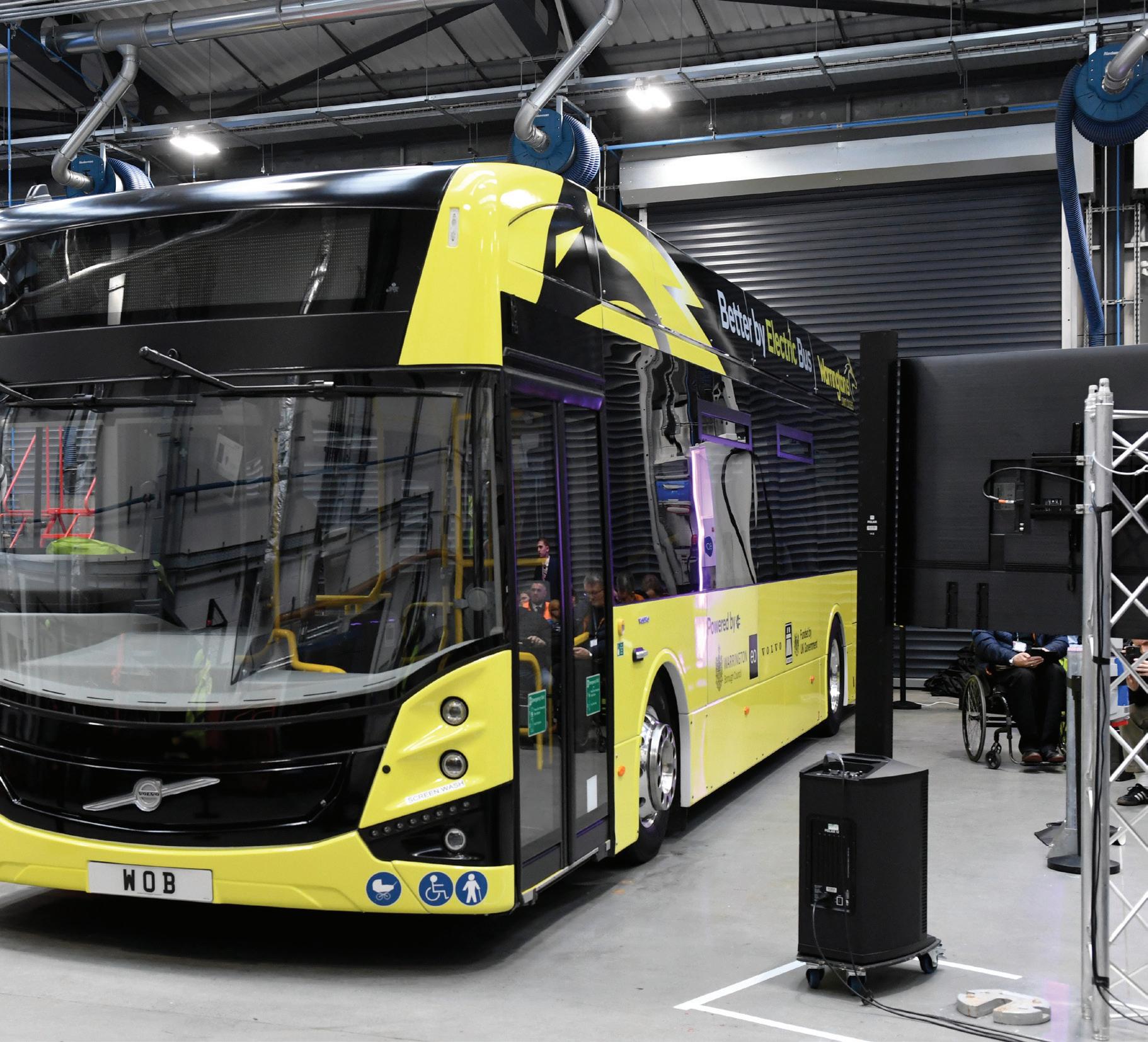
and down the country, parking space comes as a premium.
Balancing new vehicle intake against ICE bus disposal will be key to ensuring WOBs day to day operational requirements are unafected - to achieve this, and in turn stealing another familiar catchphrase, ‘we have a cunning plan.’
So, those are the main physical bits of the project. As could be expected, scores and scores of related activities and actions will need to be completed on time to make the project a success.
Regular H&S reviews are a constant to always ensure the safety of contractors and WOB staf, especially around the depot parking area while charger base installation continues.
Weekly meetings with daily catchups are in place to ensure WOBs normal operations can continue and service to customers remain unafected.
Vehicle systems, admin, parts review, and records all require updating and/or creating.
Tere are legals to consider and update alongside the future, electrical infrastructure, site maintenance, and supply.
Given the switch from ICE to EV technologies, a review of both vehicle and property-based insurance is in hand. Hysteria reporting from sections of the media on battery-electric vehicle fres is unhelpful in this area.
Local expert view is that ICE vehicle-related thermal incidents are more common than battery electric. However, monitoring, precaution, detection, and isolation appears to be the sensible framework for any review.
Summing up then, switching to an all-electric bus feet will be transformational for WOB in so many ways.
Is there more to the project that I thought there would be?
“Yes,” defnitely!
With the beneft of hindsight, would I have said no to Ben?
“No,” it’s great to be buzzing around, engaged, involved and connected with this project and the whole team at WOB, without whose input and support the task would be impossible and proving once again that it’s the people that make this industry tick.
Claire Rawlinson and Hannah Morris of Marketing Bees offer key strategies for navigating the intricacies of branding and marketing
The bus industry, with its inherent challenges and opportunities, ofers companies a unique arena to showcase their brand identity and connect with their audience.
Leveraging insights from Marketing Bees and their collaborative eforts with Warrington’s Own Buses, we delve into the intricate dynamics of branding and marketing in the bus industry, with a particular focus on the power of engagement.
Engagement lies at the heart of the Bee Mission. It’s not merely a buzzword but a fundamental principle that underscores the importance of connections, both internally and externally. Te collaboration with Warrington’s Own Buses exemplifes the commitment to enhancing engagement through efective internal communications. By prioritising engagement, operators can cultivate a positive culture and a motivated workforce, laying the groundwork for superior customer experiences!
At its core, marketing transcends conventional tactics like design and advertising; it’s about forging meaningful relationships with people. In the context of the bus industry, where interactions between passengers and operators occur daily, the power of word-ofmouth marketing reigns supreme. Positive experiences shared among passengers can signifcantly infuence brand perception and drive customer loyalty. Tus, delivering exceptional customer service becomes absolutely necessary.
Exceptional customer service isn’t just a desirable outcome; it’s a prerequisite for success in the competitive landscape of the bus industry. Whether it’s the courtesy of a driver, the efciency of ticketing systems, or the cleanliness of vehicles, every aspect of the customer journey contributes to
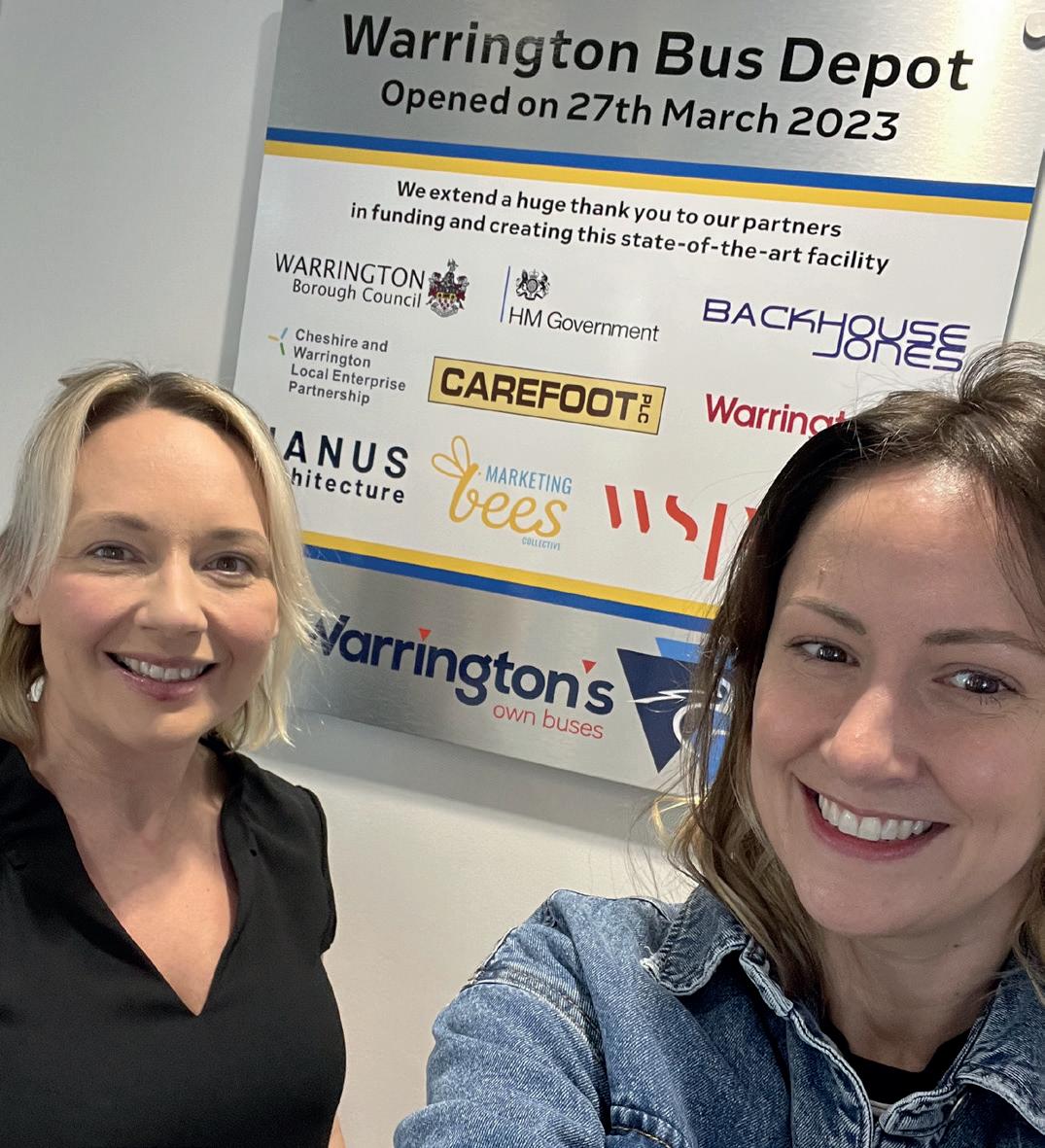
shaping perceptions. As noted by Marketing Bees in many of their own social posts, engaged employees are the cornerstone of exceptional service delivery. Happy employees are more likely to go above and beyond to satisfy customers, resulting in a positive feedback loop that benefts both employees and businesses alike.
In navigating the intricacies of branding and marketing in the bus industry, Claire and Hannah from Marketing Bess give several key strategies:
1
Authentic Brand Storytelling:
Embrace the unique story of your bus company, highlighting its history, values, and commitment to customer satisfaction. Authenticity resonates with passengers and fosters a sense of trust and loyalty.
We also believe in injecting some personality, fun and downto-earth tones into your stories. People love human, funny, and


heartwarming tales. Build that into your brand. You are bus operators, getting people from A to B!
We work a lot with Blackpool Transport on this. Teir latest recruitment campaign has focused on drivers being part of the community. It leads with a story about taking the girls to brunch,
Eunice to the GPs, and dropping the Jones at the park for their family football, and it ends with the audience being told they do all this as a driver. It’s warm, real, genuine, and, importantly, not only delivers the recruits they need but also supports the voice that drivers are part of people’s journey experiences as much as the bus itself!
Customer-Centric Approach:
One key aspect of a customer-centric approach is acknowledging and accommodating passengers’ unique challenges and preferences. For instance, have you considered how the use of uppercase letters everywhere might pose readability challenges for some individuals?
By being mindful of such considerations, bus companies can create marketing materials that are more accessible and user-friendly, thereby enhancing the overall passenger experience.
An excellent example of a customer-centric approach in action is our collaboration with Chalkwell Buses. Following the withdrawal of a larger operator in the area, we recognised the opportunity to make passengers feel valued and supported as they transitioned to becoming part of the Chalkwell family.
Our marketing initiatives focus on delivering personalised communications tailored to the specifc needs and preferences of passengers in the local areas served by Chalkwell Buses. By providing relevant information and support where it matters most, we aim to create a sense of belonging and reassurance among passengers, ultimately strengthening their connection to the brand.
Moreover, inclusivity and accessibility are paramount considerations in a customercentric approach. Bus companies must ensure that their services
and communication channels are accessible to passengers of all backgrounds and abilities. Tis may involve providing multilingual information, ofering assistance to passengers with disabilities, or making online resources easily navigable for individuals with varying levels of digital literacy.
At Warrington’s Own Buses, in collaboration with the team and their dedicated Training and Wellbeing Coordinator, a comprehensive strategy has been developed, complemented by a 12-month action plan structured around newly formulated themes - Drive Safe Always, Work Safe Always, All About You, and Hello You (aimed at new starters).
For instance, April marks Health Month, featuring a range of initiatives such as free health checks, support for healthy eating, and raising awareness on mental health. Additionally, special activities are planned around the Euros 2024 to show employee appreciation. Tese initiatives, in tandem with regular engagement activities led by the senior leadership team, are developing a culture of engagement and support among employees.
One of the primary components of integrated marketing communications in the bus industry is the design and implementation of eyecatching bus liveries. Tese moving canvases present a unique opportunity to capture the attention of both passengers and passers-by.
A well-designed bus livery not only serves as a mobile billboard but also communicates the essence of the brand through colours, imagery, and messaging. Whether it’s a bold logo prominently displayed on the exterior or vibrant graphics that refect the company’s values and services, bus liveries play a vital role in creating brand recognition and recall.
For Warrington’s Own Buses, we deconstructed their traditional
wolf logo (an emblem for the town) and integrated it into the bus design. Tere were 15 or so iterations before we were all happy! Our next project will see us deliver another brand new livery for ZEBRA-funded electric buses, an evolution of a once-loved brand into the future.
In addition to traditional marketing channels such as bus liveries, integrating digital platforms into the marketing mix is crucial for reaching modernday passengers. Social media campaigns ofer a dynamic and interactive way to engage with passengers in real-time. By leveraging platforms like Facebook, X, and Instagram, bus companies can share updates on routes, services, promotions, and community events. Engaging content such as behind-the-scenes glimpses, customer testimonials, and interactive polls not only humanises the brand but also creates a sense of community among passengers. Tough we
all know these platforms can be a place for much negativity in our industry - but don’t hide from this. Manage and learn from it. Maintaining a consistent brand presence across all touchpoints is key to the success of integrated marketing communications. Whether passengers encounter the brand through a bus livery, a social media post, a website, or a customer service interaction, the messaging, tone, and visual identity should remain cohesive. Consistency builds trust and familiarity, reinforcing the brand’s positioning in the minds of passengers.
Solicit feedback from passengers and employees alike to identify areas for improvement. Embrace innovation and technological advancements to enhance the overall passenger experience and stay ahead. At Warrington’s Own Buses, we use simple
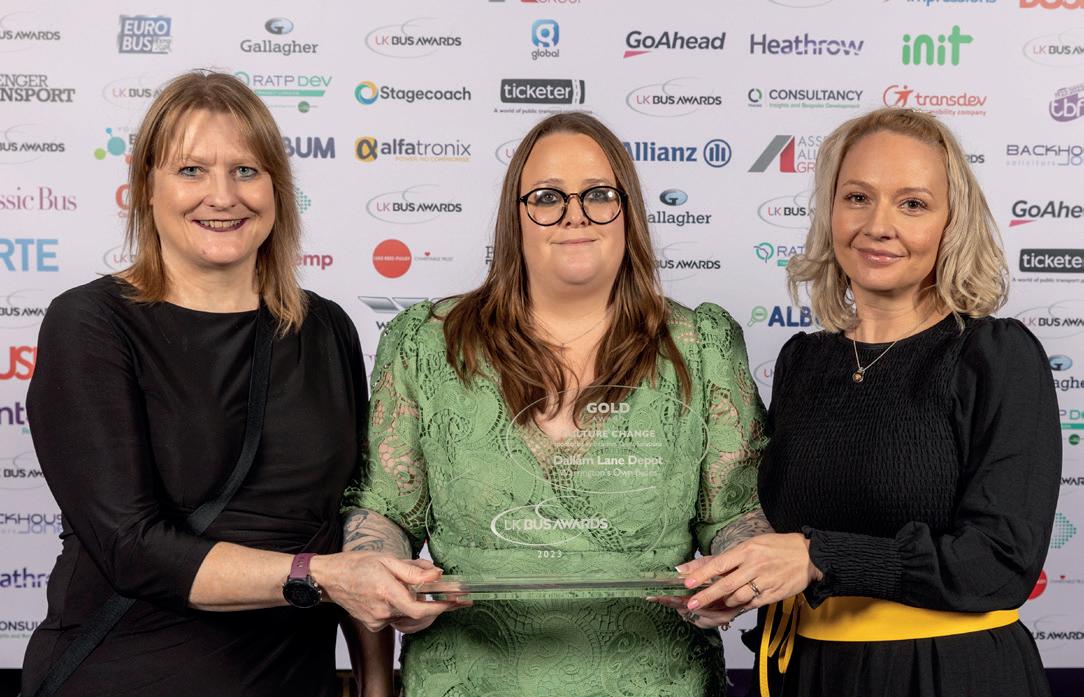
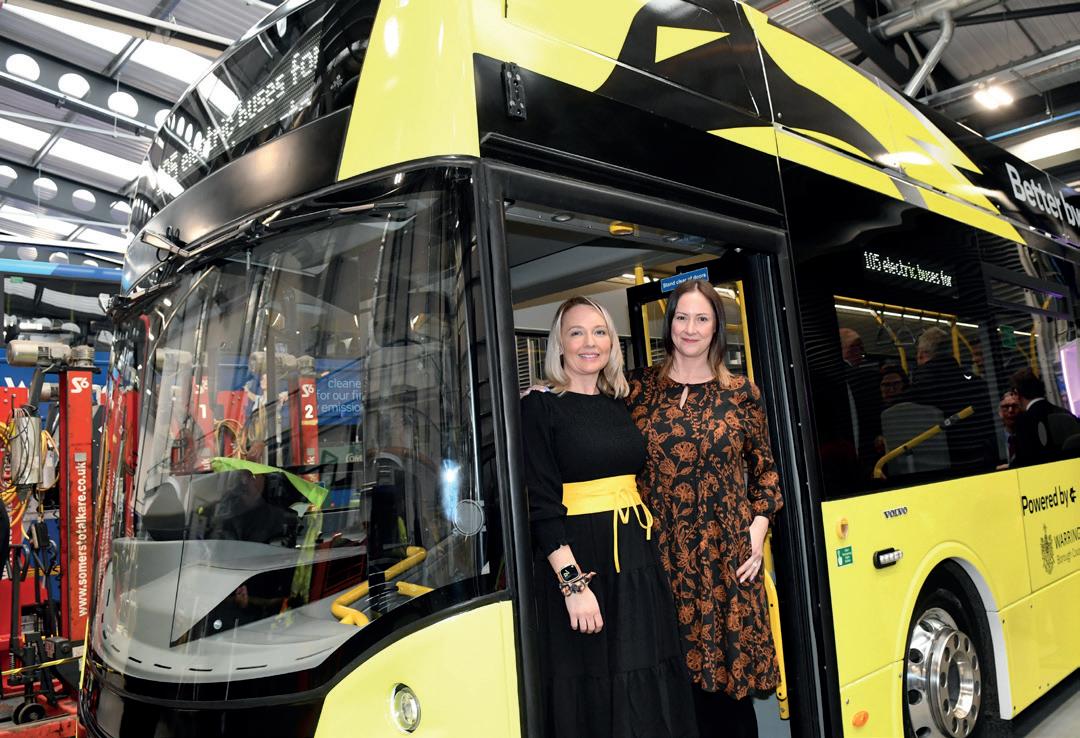
online and onboard surveys to gain feedback from customers and employees as regularly as possible. From insight on the new depot and new buses to seeking driver views on the network and schedules! Importantly, when we get feedback, we use it and feed it back to them.
In the world of buses, each journey holds signifcance, not just in getting passengers from A to B but also in shaping their experiences and perceptions. Branding and marketing act as the guiding compass, steering bus companies towards a destination where everyone - from the employees behind the scenes to the passengers on board - thrives together.
Imagine a future where bus companies are not just about moving people but about creating moments that leave a lasting impression. It’s a future where employees are fully engaged, passionate about their work, and dedicated to providing top-notch service. At the same time, passengers are not satisfed; instead, they actually enjoy their experiences and are eager to hop on board again and share their positive stories with others.
In this future, branding and marketing will play a crucial role. Tey’re not just about fashy adverts or catchy slogans - the fuf and glitter as we ofen hear; they’re about crafing a genuine identity that resonates with both employees and passengers alike. It’s about communicating values, building trust, and making a connection at every touchpointwhether it’s through the design of the buses themselves, the tone of voice in social media posts, or the warmth of interactions between staf and passengers.
Tink of branding and marketing as the glue that holds everything together - from the company culture to the passenger experience.
And, as this future unfolds, it’s not just about reaching a destination but enjoying the journey along the way. It’s about celebrating the small victorieslike a driver’s friendly smile or a passenger’s heartfelt thank youthat collectively contribute to the success of a bus company.

Transport Focus explains how its Your Bus Journey survey can provide insights into bus use satisfaction
More than 1.6 billion passenger journeys were made by bus across England (outside of London) last year. People depend on buses to get them to places of work and education, to important appointments and to give them access to shops and leisure.
Te Government’s investment in delivering its ‘Bus Back Better’ National Bus Strategy for England and £2 bus fare cap investment are designed to make bus services more reliable, frequent and
quicker, as well as providing better value fares. From past Transport Focus research, these are key areas to improve for existing passengers and to make buses more attractive for potential future bus users. As a result, political, stakeholder and media interest in the provision of bus services is now at its highest, with increased scrutiny on how bus services are maintained and improved across all areas. Tis means it is vital to understand and articulate the experiences of passengers, to inform how and where this
investment is targeted and what diference it is making for passengers.
With the rollout of funding, we have seen encouraging increases in passenger numbers in areas such as Cornwall and Norfolk. Tese examples show that focusing investment and eforts, through efective partnership working, can deliver the things that matter most to passengers, in turn making bus more attractive for non-users. But is that happening everywhere and what do passengers notice on the ground?
Our new survey, Your Bus Journey, enables transport authorities, bus operators, and partnerships to monitor targets set in Bus Service Improvement Plans. It also informs the adaptation of existing plans, including investment and resources, to deliver further improvements across key areas. We know that for passengers, these improvements should focus on better value fare deals, journey time improvements and more frequent services.
Launched in January 2023, Your Bus Journey is one of the biggest
surveys undertaken. Including 34 local transport authority areas and one bus operator in England (outside London), the survey has spoken to passengers about their experience on more than 35,000 journeys up until the end of 2023. In addition, the survey covered six regional partnerships in Scotland, whose results will be published separately.
Te survey highlights variations across the country. Te area and operator results demonstrate good and, in some cases, improving performance over the year. However, importantly, the survey also shows there are challenges and that many passengers are still not getting the service they expect. Tis is evidenced in the range of results across the survey for both areas and operators on key factors such as overall satisfaction with the journey, value for money and journey times.
Tis variation in passenger experience cannot be accounted for simply by the type of area in which the transport authority and services operate. Te diferences are signifcant – ranging from a diference of 17% between the highest and lowest performing areas for satisfaction, to a diference of 22% for waiting times across areas.
Tese variations are far greater than the diference between transport authority type (5% diference on overall satisfaction between urban metropolitan and semi-rural areas). Tis suggests that there is signifcant scope to improve bus services for current users and help attract new passengers.
Tese results also reafrm the fndings from previous Transport Focus research about the importance to bus passengers of:
n Journey times - waiting and punctuality
n Value for money
n Te bus driver.
its frst year and have committed funding for 2024. Teir help has been invaluable in establishing Your Bus Journey as the recognised industry measure and evidence base of bus passenger satisfaction. We will now use the survey to benchmark results across areas to help determine how and why passenger experience and
satisfaction can vary. We can then identify and share local good practices that have delivered passenger improvements. Tis will be a signifcant area of our work in the year ahead to help the Government, authorities and operators do the right things in the right ways for passengers and future users.
Te 2024 Your Bus Journey survey is already underway across even more areas of England, and for the frst time, complete coverage is being provided across Great Britain. Survey results will be published in early 2025 and Transport Focus will be able to compare and benchmark ratings against the 2023 data fully.
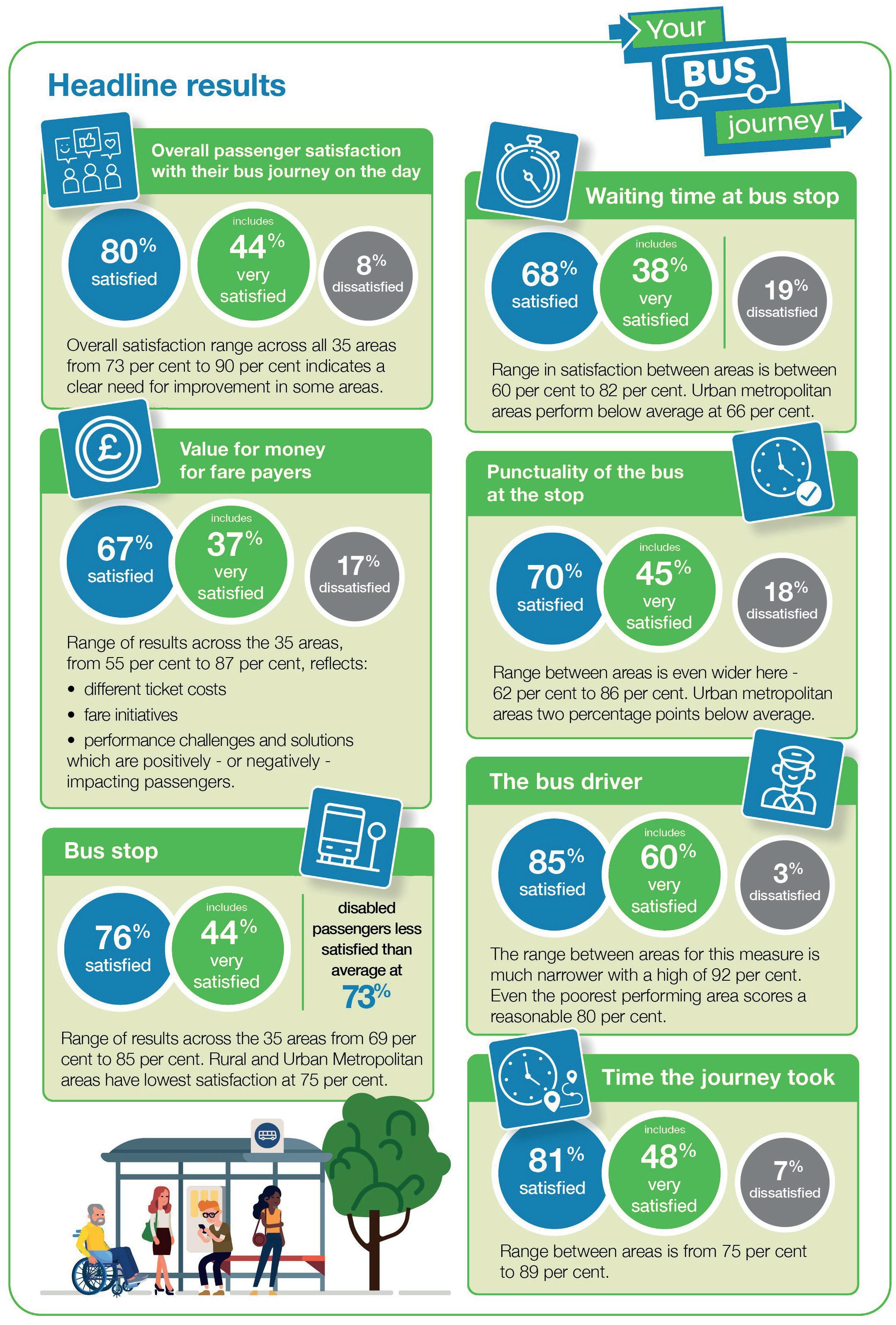
Firstly, we thank all the areas and operators who participated in the survey, especially those who, as funding partners, ensured we built a robust base for the survey in Your Bus Journey provides insights into
From small beginnings, Warrington’s digital transformation over the last six years contributes to a remarkable story - with Passenger using technology to help get people back onto buses
When you think of Warrington’s bus company now - its brand new £10m depot on Dallam Lane and its recently unveiled Volvo BZL electric buses - it’s easy to forget how much has changed under Managing Director Ben Wakerley.
But it wasn’t always like this. Six years ago, Warrington's digital transformation began. From a brand update in 2018 to pioneering bus fare information in its customer app by early 2024, the company has revolutionised customer interaction.
Not only that, but its journey has had an impact elsewhere, too. Warrington’s partnership with Passenger has also informed product development decisions for the transport technology frm. Tese decisions have been important for a signifcant number of other bus companies looking to follow in Warrington’s transformational footsteps.
Passenger’s myTrip app was born in Autumn 2020, in the midst of a world adjusting to the consequences of a global pandemic. Te new product enabled of-bus ticket sales and was an instant success, fuelled by the bus industry’s desire to survive the pandemic and emerge stronger from it.
Te blend of technology and commerce struck a chord with bus companies, particularly those eager for a swif, cashfree solution. It also appealed to those aware of evolving customer expectations but lacking an easy way to adapt. Mobile phonebased ticketing, bus tracking, and transaction-based pricing instantly lowered the barrier to digital transformation.
But myTrip’s overnight success wasn’t overnight at all. In fact, like most great products, it was several years in the making.
Passenger had already become
well known for its Passenger App - an app and website platform for bus companies that made it easy for them to launch mobile ticketing alongside the tools passengers need to navigate the bus network successfully.
Initially designed for mediumsized operators with a marketing team, the product’s success was rooted in Passenger’s identifcation that launching a bus app was just the start of a transformation journey. Te team created a license model product with regular updates, a training program teaching the skills needed to manage the data that powered it, and a support service available to operators when they needed it.
“It was all intended to ensure that we launched well and that the momentum continued. It was about showing that bus companies could deliver an app experience as good as every other mainstream app on a customer’s device. Delivering that needed a holistic approach. It was about more than just technology”, comments Tom Quay, founder at Passenger.
ALBUM operators such as Nottingham City Transport, Blackpool Transport and Reading Buses were early adopters of the Passenger App - with all of them quickly attracting attention for delivering a level of digital customer experience beyond expectations.
As well as continuing to innovate with the Passenger App, the team at Passenger had also begun to
“Passenger’s e-commerce capability enables a ticket to be sold on a mobile device... then fulfilled and activated, ready for travel”
trial adapting the product so that it could be delivered for smaller bus companies without dedicated marketing and commercial staf or the skills in-house to maintain a resource-intensive online presence.
Enter Warrington’s Own Buses, or Network Warrington as it was known then. “I was put in touch with Ben by Ray Stenning, who I’d worked closely. Ray shared that he thought Ben would be a force for signifcant change at Warrington. Looking at what he’s achieved since Ray was absolutely right.” says Tom. “When I spoke to Ben, he told me that he wanted Warrington to deliver a better online presence, including an app for tickets, but wanted to introduce changes gradually.”
Today, Passenger describes its key platform capabilities as ‘value streams’: Commerce and Cities. Tis is a helpful way to categorise the specialist skills required to develop and maintain the product, and to identify the teams within an operator’s business that are critical to running the digital services over the longer term.
“Back then, we didn’t have such a neat way to describe the diferent areas of the product we were building. Over the years, we came to realise that the skillsets required to develop and maintain these capabilities were diferent.
“Once we’d recognised that, we applied the principles to our team organisation, hiring and marketing. Te skills needed in e-commerce are diferent from those needed for data-driven services like journey planning and real-time systems that use data standards such as SIRI, TransXChange, and NeTEx,” explains Tom.
Passenger’s e-commerce capability enables a ticket to be sold on a mobile device - with a secure transaction happening in the background - then fulflled
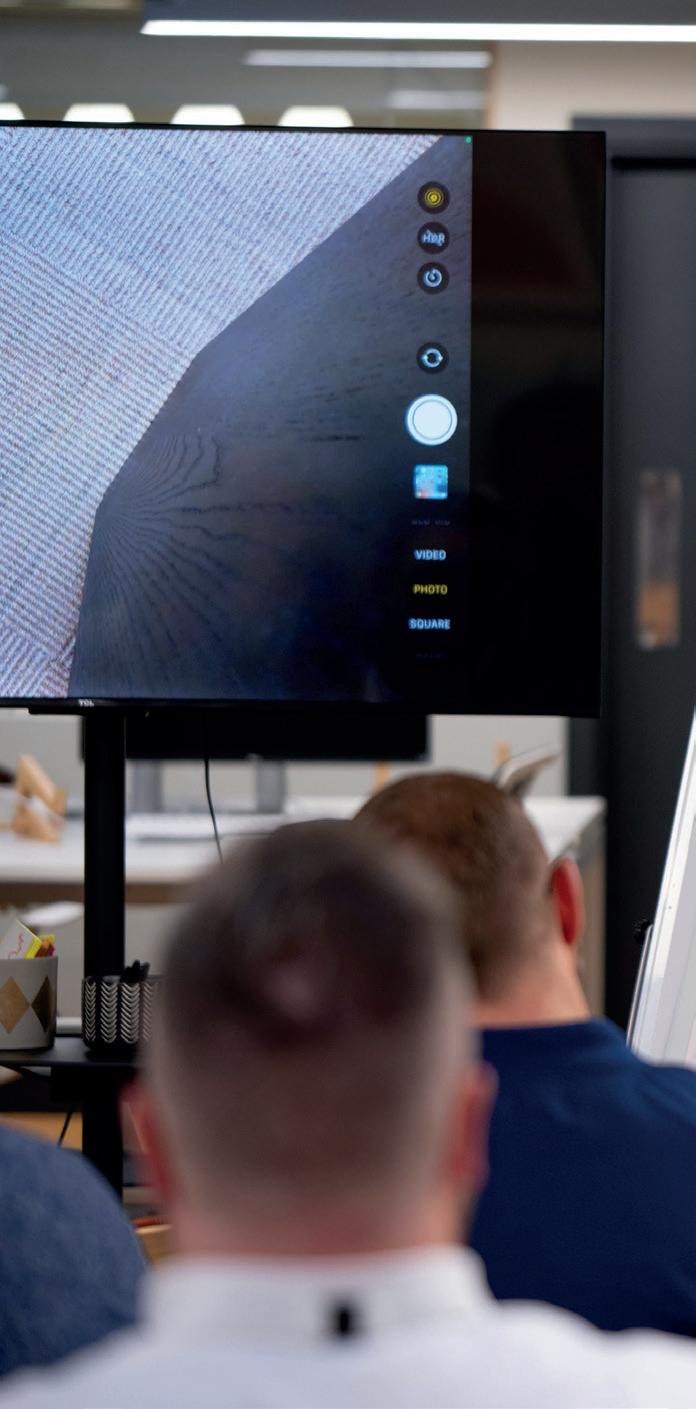
and activated, ready for travel. It’s then validated on a bus, either by scanning a QR on an electronic ticket machine or by the driver using a boarding code where the ETM doesn’t have a scanner.
It was this value stream that Passenger frst proposed to Ben and his team. By removing the need to manage network and realtime data for an app, Warrington could focus on learning how to manage a new method of selling bus tickets, training customer service to support it and ensuring drivers could accept them.
When Ben took over at Network Warrington in 2017, he took on a bus business needing revitalisation. As the town’s municipal bus company, he quickly adopted ‘Warrington’s Own Buses’. But it wasn’t just the organisation’s name that needed a reboot. Ben had inherited ageing technology, too, and could see that the industry was moving on quickly. With no QR code scanners on the ETMs, Warrington planned to adopt the boarding code system Passenger had developed, which relied on driver validation. If
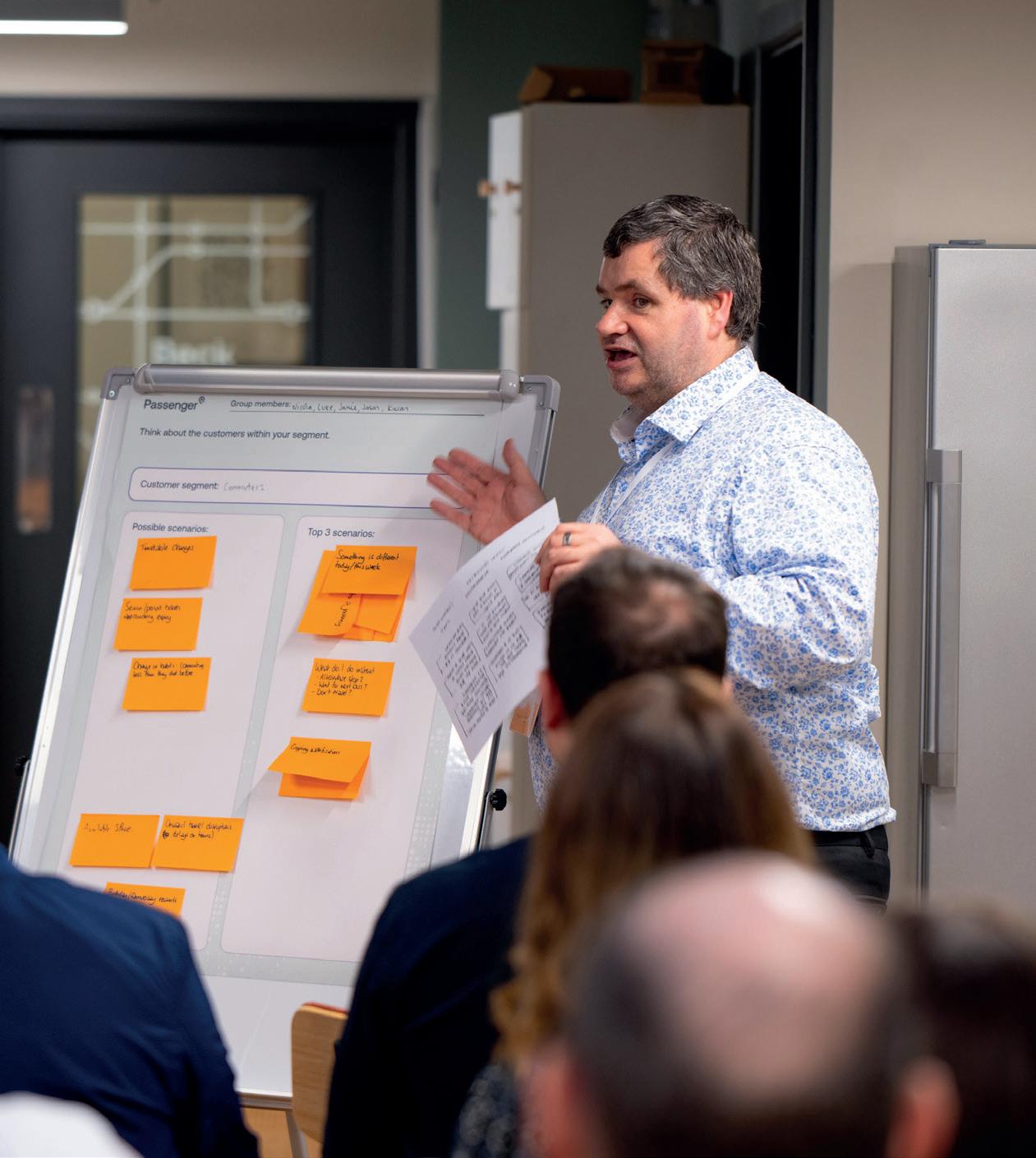
Operator expertise is key to how Passenger builds strategies for digital transformation
the boarding code shown on the customer’s mobile app ticket matched what the driver could see on the ticket machine that day, the driver could allow the customer to board the bus.
So, Warrington took its frst digital transformation step with Passenger by rolling out its Passenger App, which was, for the frst time, focused purely on mobile ticketing. When the time came for Warrington to upgrade its ticket machines, Passenger enabled its QR scanning capability and supported driver training. Te change didn’t require an app update, making it simple for customers to adapt quickly. Tis fexibility meant customers didn’t have to download and learn a new app simply because an ETM supplier had changed.
As Warrington went from strength to strength, Passenger’s Customer Success team supported the business to roll out more of Passenger’s capabilities. A brand new website went live in 2021, alongside a major update to its ‘Touch & Go’ branded Passenger app to include journey planning and real-time departure boards,
what Passenger now refers to as its ‘Cities’ value stream.
Delivering Cities well requires a specifc set of skills to exist in an operator’s business. “We learnt quickly that these skills either didn’t exist or existed where we hadn’t expected them to be. Bus company marketing teams, for example, ofen had more responsibility than traditional marketing remits. Tey encompassed an operational communication function as well as what would normally be considered marketing outside of the bus industry”, continues Tom. “Schedules, location data, bus stop names, and service updates are all examples of elements that we commonly found under the marketing team’s responsibility”. Access to this information in one place is key for customers. However, managing it to a high standard and delivering it consistently requires the operator to resource it - as Ben at Warrington clearly understood.
constraints of limited resources available to operators at the start of a digital transformation. Tis was the insight that came from working closely with the industry, and especially with Ben and the team at Warrington.
myTrip seamlessly combines e-commerce with essential Cities data, meeting both customer and operator needs. Crucially, it fulfls the legal obligation of English bus operators to participate in the Bus Open Data Service program, utilising Automatic Vehicle Location data for bus tracking. Te app simplifes management by not requiring detailed timetable, fare and service updates, enabling over 65 smaller operators, who may not the resources of larger companies to embrace digital transformation.
“As Warrington went from strength to strength, Passenger’s Customer Success team supported the business to roll out more of Passenger’s capabilities”
Commerce and Cities capabilities form a virtuous circle. Te presence of both enables the value exchange that makes a bus app succeed for the customer and the operator. Customers download the Passenger App to fnd out about the bus services. Delivering value daily for free, the user converts into a customer by buying a ticket before boarding the bus. In turn, this speeds up the boarding time for every customer, giving the bus a better chance to run on time.
Passenger’s myTrip app was the distillation of this learning. Te underlying need for value exchange is delivered within the
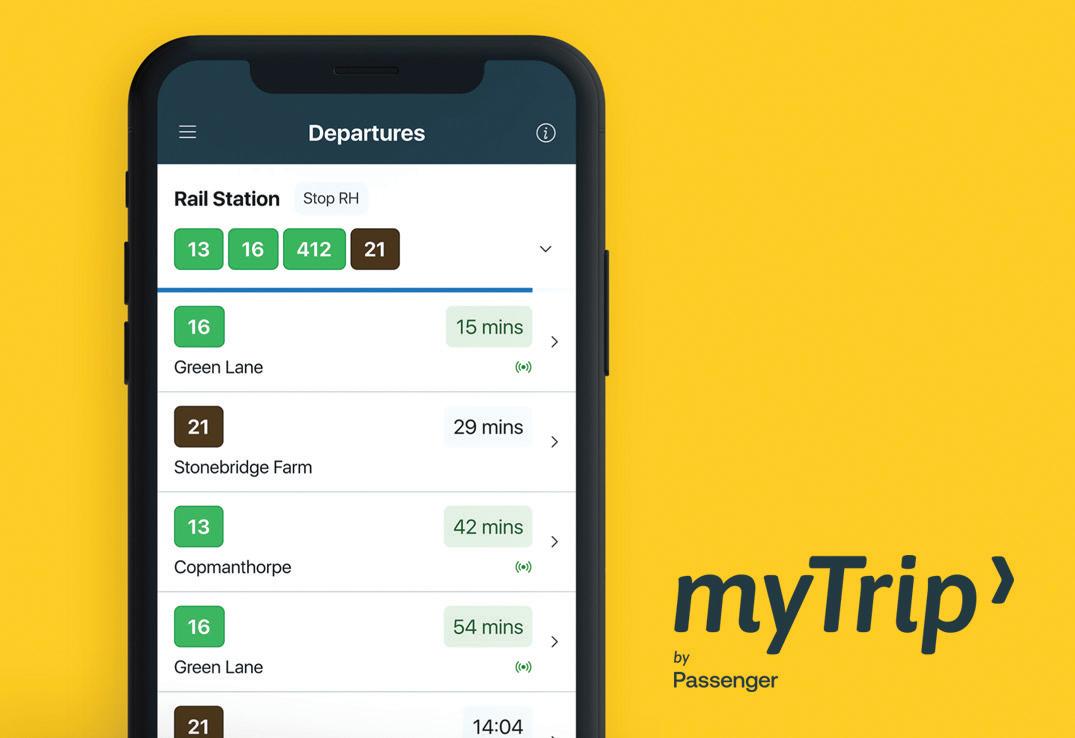
Refecting on his experiences with the Passenger App on a recent Bus Centre of Excellence webinar, Gareth Mead, Head of Commercial at Warrington’s Own Buses, commented: “I think it’s great now that there’s a very easy way for us to take feeds that we have to create and publish through the BODS scheme and surface them in a nice, easy, presentable way for our passengers to try and remove as many barriers as we can to getting people back onto the bus, and onto the bus in the frst place.”
Warrington has come a long way on its digital transformation journey, and it has done that by working with its key suppliers to break down challenges into manageable phases over a number of years. Under Ben’s leadership, his vision has been pragmatically dissected into workable projects, demonstrated again by Warrington’s latest evolution: its vehicle electrifcation.
Speaking at Warrington’s Own Buses recent electric bus launch event, Ben reminds us all why each project matters. “We will take a massive step forward by shortly replacing our whole bus feet with brand new, state-of-the- art, Volvo electric buses. It is really important that we do this and convert away from cars and fossil fuels. Te climate is getting dangerously hot. Poor air quality leads to avoidable deaths, calculated to be 150 a year in Warrington alone.”
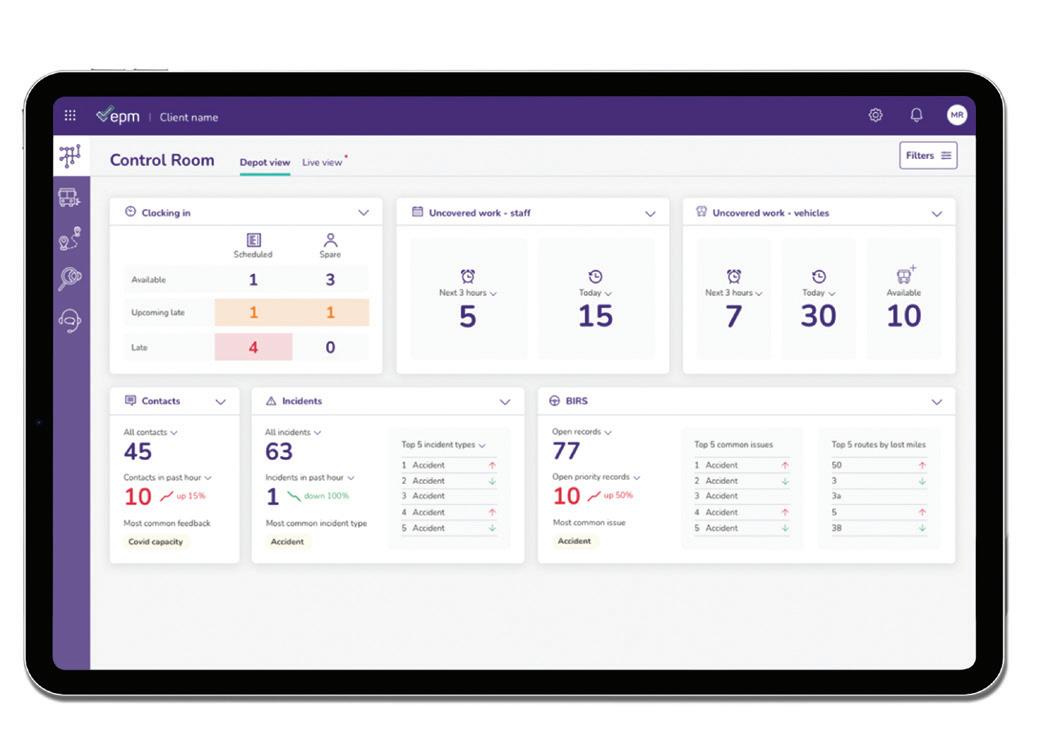

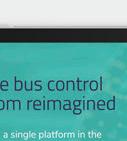




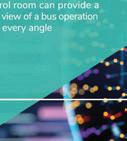




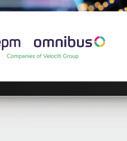



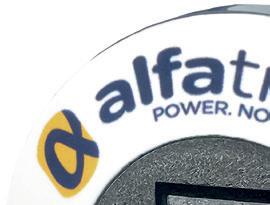
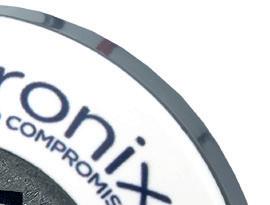













EPM and Omnibus Solutions aim to create a unified approach to control room processes
Bus operators currently face a host of challenges amidst ongoing uncertainties regarding future funding, the gradual recovery of patronage post-COVID-19, driver shortages and escalating trafc congestion.
Many are scrutinising their operations and networks closely, but the teams at Omnibus and EPM Bus Solutions believe the key to addressing the multifaceted issues arising from these challenges lies in enhancing efciencies and rationalising processes.
Te control room serves as the nexus of any bus operation where drivers, duties and vehicles align to ensure a high-quality service is ofered to the ultimate customerthe passenger.
In an ideal scenario, these elements seamlessly intertwine but reality ofen diverges from this perfection - driver absences, vehicle breakdowns and unforeseen road closures disrupt what’s planned leading to swif and ofen pressured decisionmaking by control room teams.
Most modern operator control rooms boast an arsenal of technological resources aimed at facilitating accurate decisionmaking, but all too ofen these are disparate, standalone systems and a unifed, consolidated perspective still needs to be discovered. Tis absence creates formidable obstacles to achieving the service delivery passengers expect.
To tackle these obstacles efectively, there’s a pressing need for a unifed, comprehensive overview of the operator’s entire activities.
“We know there is no shortage of technology in bus operators, but what they don’t have is a single, consolidated view of what’s going on,” says Nick Brookes, Sofware Director for EPM and Omnibus. “A consolidated view can empower controllers to make

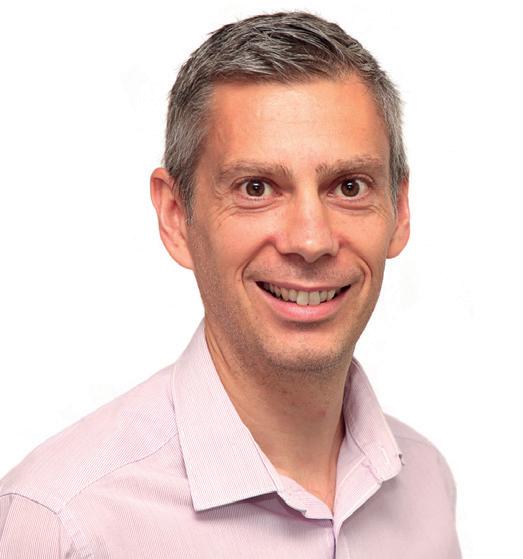
Aiden Proctor
“The potential for efficiency gains is substantial”
informed decisions grounded in evidence, ensuring the provision of a timely and dependable service for passengers at an optimal cost.”
Te potential for efciency gains is substantial, he adds, stemming from the elimination of the need to navigate disparate applications or input data across multiple screens.
Nick continues: “A user-friendly graphical interface ofers far greater accessibility to individuals of varying technical profciencies compared to cumbersome, intricate systems that demand extensive time and efort to master.”
Integrated technology stands as the linchpin of EPM and Omnibus’s revisioning of the control room, ofering a clearer understanding of operational dynamics. Key to that vision is the
launch of Control360.
“Control360 ofers controllers an advanced sofware solution that automatically consolidates operational data from various sources into that single centralised hub,” says Nick. “Tis empowers control room teams to efciently address on-the-day challenges, ensuring the delivery of a reliable and high-quality bus service while achieving signifcant cost savings.”
Te platform features a comprehensive depot and live view, highlighting exceptions for immediate attention and providing contextual information such as event history and driver behaviour or history.
It’s a theme taken up by Aiden Proctor, Head of Product at EPM and Omnibus: “Integration of EPM and Omnibus’s widely used sofware solutions in control rooms also eliminates data duplication, ensuring instant accuracy. Moreover, the platform seamlessly integrates information from those platforms with thirdparty systems, enabling proactive network management to enhance service reliability and quality. What we’re doing is ofering control room staf that chance to make better, more informed decisions.”
It means that control room colleagues can anticipate and address issues before they even arise.
“It’s about agility and responsiveness, ensuring that every aspect of the bus operation is fnely tuned to meet passenger needs and exceed expectations,” adds Aiden. “But it doesn’t stop there. With data at the heart of
“We know there is no shortage of technology in bus operators, but what they don’t have is a single, consolidated view of what’s going on”
operations, insights become easily accessible and that helps with more strategic decisionmaking. Operators can stay ahead of the curve and adapt to changing market dynamics more efectively.”
Looking forward, improved data management and integrated systems will be pivotal in shaping the future of the industry. As operators accumulate a wealth of comprehensive data on every facet of the bus network, they can leverage emerging technologies to further improve their service delivery.
“Tis growing repository of data serves as a foundation for further innovation,” says Nick. “By consolidating data from various sources, operators can harness the power of machine learning to pinpoint the interplay of factors that have an impact on service delivery, for example, predicting delays based on weather, congestion trends and time and day of the week
“When they have that sort of information to hand, controllers can swifly adapt and make necessary adjustments to address these two very diferent circumstances.”
Nick also believes that by utilising artifcial intelligence, operators could also analyse historical control room data to identify patterns, optimise bus allocation and schedule their networks to accurately match passenger demand.
“But that’s just the start,” he adds. “When all those disparate systems are all linked together, there are opportunities to improve customer service by really drilling into the data and uncovering previously unidentifed links that, when solved, can have a demonstrable impact.
“Spotting those trends can uncover areas for improvement which make a bus operation ft for the future.”



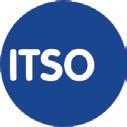








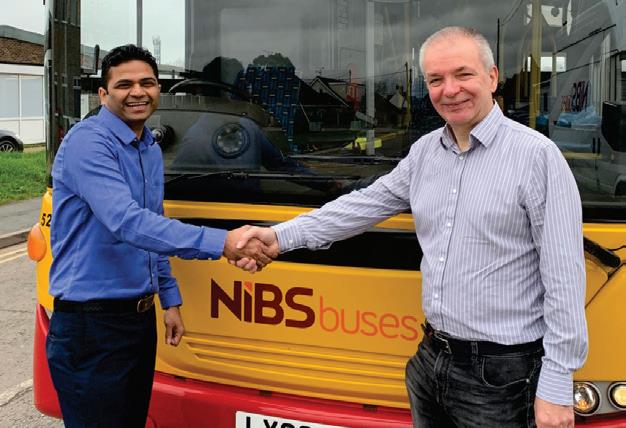








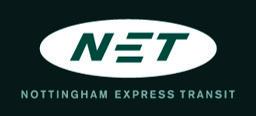



No matter how your business purchases fuel, you can fix your diesel price for up to 12 months.


Know what every litre will cost. Budget with confidence. 01904



The V700 is already installed in hundreds of buses across London. Demonstrations and trials are available
Timespace has enhanced its vehicle CCTV ofering with the introduction of its next-generation V700 network video recorder (NVR). So what does the V700 ofer to bus and coach operators?
Te V700 supports up to 20 high-defnition IP cameras for excellent image quality, with Power Over Ethernet and built-in CAN engineering data recording. It is ONVIF-conformant, allowing integration with other on-vehicle systems, and is compatible with Timespace’s LANLink platform.
Fleet managers can use LANLink for live camera streams, remote footage download, CCTV health and vehicle tracking, all designed
to make viewing, downloading and sharing footage as quick and easy as possible.
RELIABLE FOOTAGE
WHEN YOU NEED IT
Operators need to know that their vehicle CCTV will provide highquality images when evidence is needed for accident or incident investigations. Te V700 has a removable conventional or solid state disk with up to 8TB storage. Disks are fully-suspended for shock-protection – vital to
“Timespace DVRs have a reputation for quality, reliability and longevity”
protect footage in the event of an accident.
DESIGNED, DEVELOPED, MANUFACTURED AND SUPPORTED IN THE UK
As a specialist, UK-based company, Timespace is well-positionedto address developments in the UK vehicle-CCTV market. Te V700, produced in the UK, meets Transport for London’s latest specifcation for bus CCTV, but is also an excellent option for operators outside the capital.
“
Te V700 gives forwardthinking feet operators a highquality, UK-made, future-proof option,” explains Henry Heylen, Timespace’s Commercial Director. “Our best-selling DVR, the
V400, is now installed in tens of thousands of vehicles worldwide. Te V700 builds on the V400’s reputation for quality, reliability and longevity, and is a great choice for operators recognising the benefts of investing in highquality vehicle CCTV ”.
V700 ALREADY
PROVING DESIRABLE
Te V700 is already installed in hundreds of buses across London. Demonstrations and trials are available from Timespace and approved suppliers – visit Timespace at the ALBUM exhibition to fnd out more.
■ www.tspace.co.uk 01480 414147
















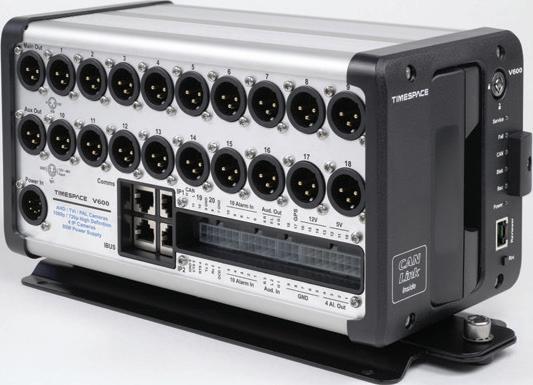



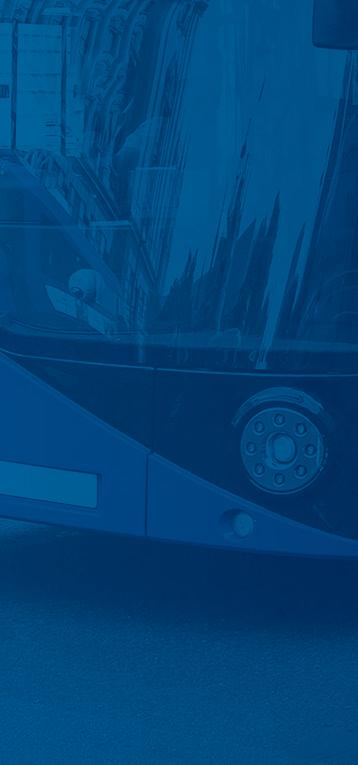



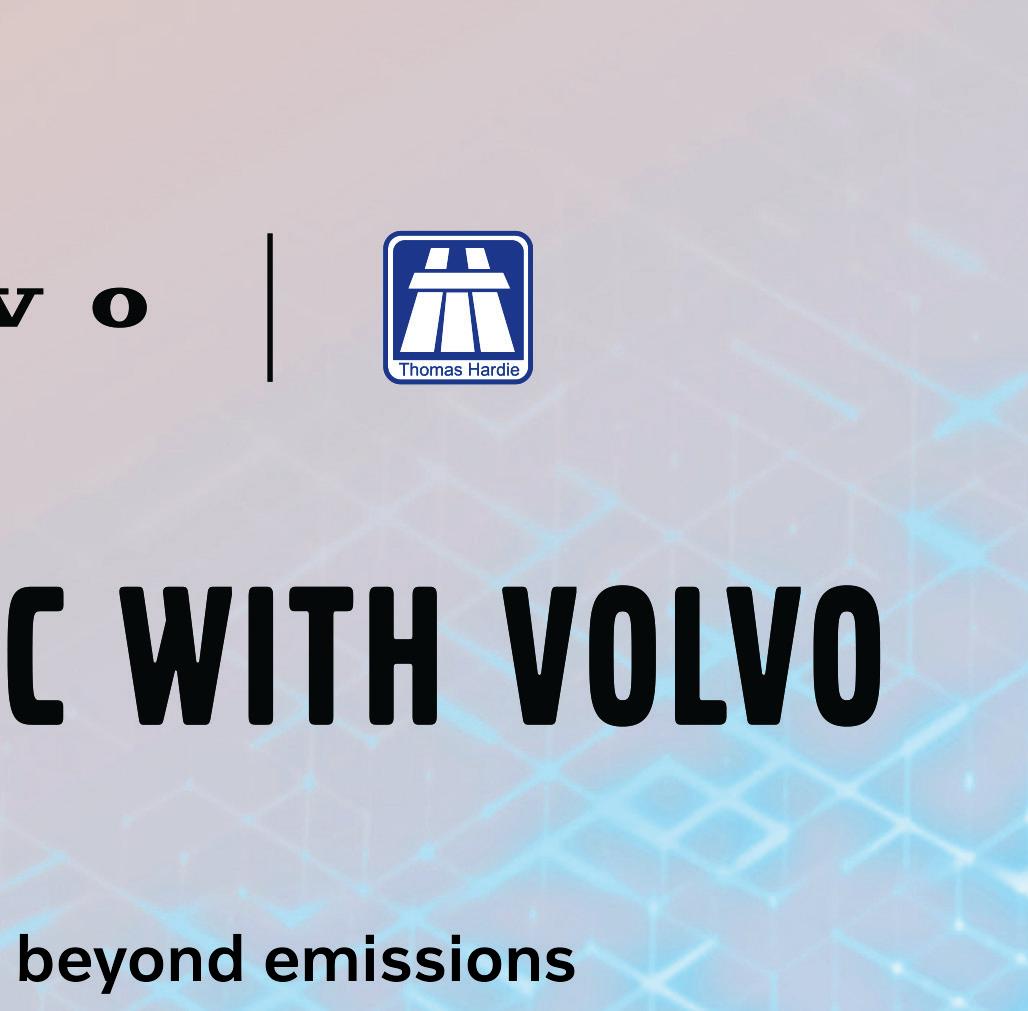


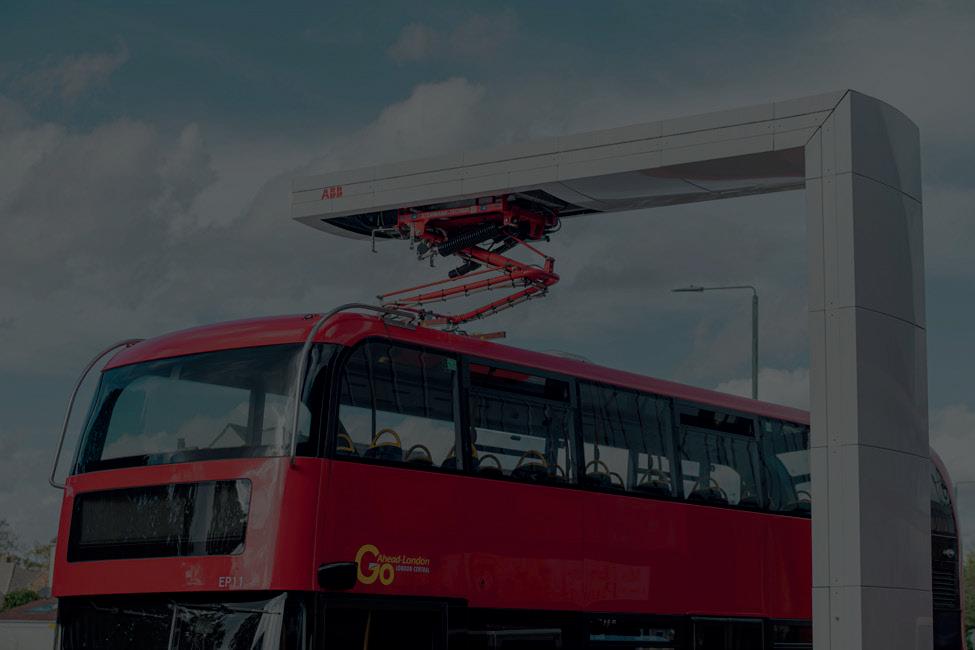
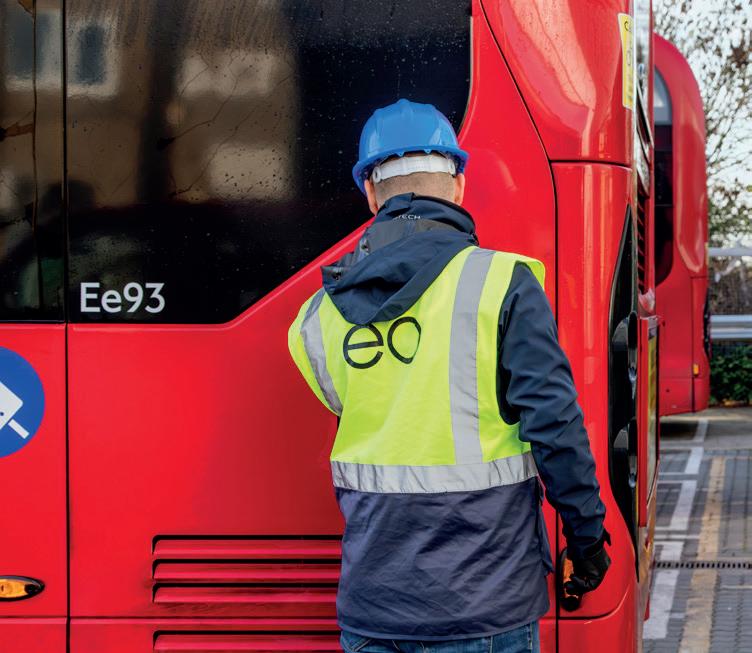
OUR
To Accelerate Net Zero Transportation with the Transition to EVs.














It is an absolute pleasure to welcome you to the 2024 ALBUM Conference, proudly hosted by Warrington’s Own Buses at the beautiful Carden Park Hotel. I’d like to personally extend my thanks to you for attending and supporting the conference and welcome you to what promises to be a thoughtprovoking, educational and most importantly, enjoyable conference.
Our theme of ‘Moving on Up’ aims to capture all of the good happening across our industry right now, as well as spark innovative discussions and collaborative solutions between suppliers and operators. Whilst we all still face many challenges in our respective organisations, the sustained
support from government and the changing habits of customers present a period of opportunity for us all to continue to grow our businesses and meet the needs of our customers.
Our team, with support from ALBUM, has worked tirelessly to put together this event which includes respected speakers from both within and outside of our industry. We’re sure you’ll enjoy the range of topical and motivational speakers we have on ofer.
I’d like to say a special thanks to our suppliers who attend and support the ALBUM Conference. Without them there wouldn’t be a conference for us all to enjoy. Please enjoy and engage with each of our trade suppliers across
the two days and discover the latest innovations in technology.
Lastly, the social events on ofer are synonymous with an ALBUM Conference and I look forward to seeing you at our Family Fortunes-themed evening dinner on Tuesday, as well as the close to the conference at the Gala Dinner - with a fantastic meal, speaker and evening entertainment which promises to be a memorable evening.
On behalf of ALBUM and all of us at Warrington’s Own Buses, I hope you have an enjoyable and benefcial time at Carden Park.
Ben Wakerley, Warrington’s Own Buses
TUESDAY 23RD APRIL
12.00PM
Exhibition opens
Delegates Lunch in Redmans
Brasserie
Sponsored by Alfatronix
1.30PM
Conference opens
n Bill Hiron, Chair of ALBUM and Ben Wakerley, Managing Director, Warrington’s Own Buses welcome and open day one
1.40PM
WELCOME FROM YOUR CONFERENCE HOST
n Cathy Mitchell, Chair, Warrington’s Own Buses
1.45PM
WARRINGTON’S OWN BUSES - GOING ELECTRIC
n Steven Broomhead, Chief Executive, Warrington Borough Council
2.05PM
BETTER BY ELECTRIC BUS
n Steve Hunter, Service Manager, Warrington Borough Council and John Laverick, Managing Director, Warrington&Co
2.55PM
MAKING RECRUITMENT WORK AS PART OF YOUR DIVERSITY AND INCLUSION STRATEGY
n Karen Cammilleri, Managing Director, Cammilleri Recruitment
3.15PM
Cofee break and exhibition time
Sponsored by Timespace Technology
3.50PM
FORWARD TOGETHER:
ADVANCING WOMEN LEADERS IN TRANSPORT
n Shireen Ali-Khan and Iain Smith, Women In Transport
4:20PM
THE YEAR OF ELECTIONS:
WHAT DOES THIS MEAN FOR THE BUS SECTOR?
n Alison Edwards, Director of Policy, CPT
4:50PM
Wrap up Day One
n David Guest
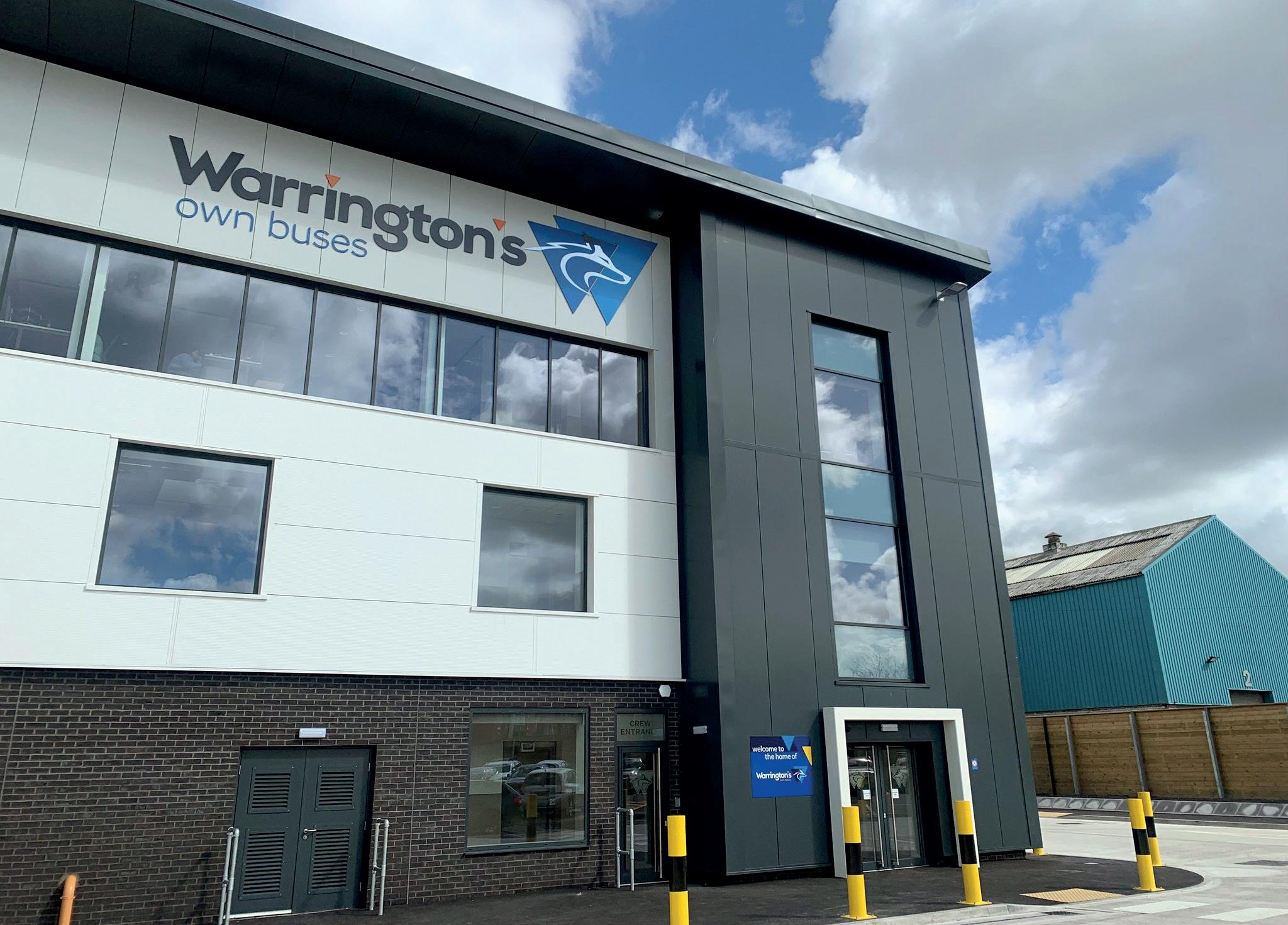
DAY 2
WEDNESDAY 24TH APRIL
9.25AM
Welcome to Day Two
n David Guest
9.30AM
THE THREE AGES OF DEREGULATION: AND WHAT COMES NEXT?
n Martin Dean, Managing Director, UK Regional Bus, Go-Ahead Group
10.00AM
ELECTRIC VEHICLES
n Mattias Rangeby, Senior Vice President, Volvo Global Bus Technology
10.30AM
Cofee break and exhibition time
Sponsored by Timespace Technology
11.20AM
GETTING IT RIGHT FOR OUR PEOPLE AND CUSTOMERS
n Sarah Boyd, Managing Director, Lothian Buses
11.50AM
ALBUM POLICY AND MORE
n Tony DePledge, Policy, ALBUM
12.20PM
IT'S A PEOPLE THING
n Jef Counsell, EV Director, Warrington’s Own Buses
12.50PM
Trade Exhibition and Delegates
Lunch in Redmans Brasserie
Sponsored by Portland
2.35PM
SURVIVING ON AND OFF THE BATTLEFIELD
n Liz McConaghy
3.10PM
CONFERENCE SUMMARY
n Bill Hiron, Chair, ALBUM
3.25PM
THANKS FROM WARRINGTON
n Ben Wakerley, MD, Warrington’s Own Buses
3.40PM
IT'S THE END OF THE ROAD... FOR TODAY
n David Guest
4.00PM
ALBUM AGM
n To be held in Te Coach Room
Note: You can book conference tickets and more at www.conference.albumbus.co.uk
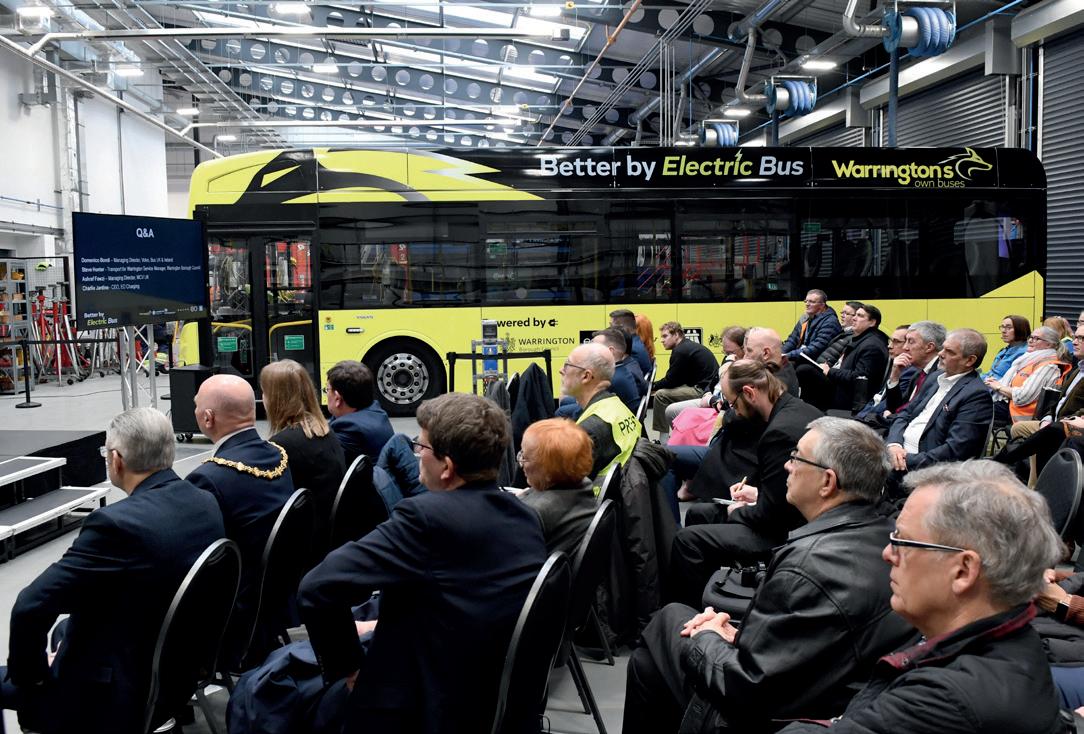
Read the biographies below to familiarise yourself with your expert line-up of speakers

Shireen, a major projects and engagement specialist, founder, podcast host, and facilitator, blends relatability and authority to create safe spaces for deep exploration of topics like representation, mental health, diversity, and leadership. With experience spanning signifcant projects across London, including engagements with prestigious organisations like Transport for London and NASA, she champions collaboration and diversity. Shireen is an ofcial facilitator for Google’s #IAmRemarkable program, empowering underrepresented groups in the workplace. As Programme Director for Women in Transport, she spearheads initiatives on intersectionality and leadership, fostering diverse voices within the transport sector. Her commitment to creating safe environments ensures the success and inclusivity of her programs, guiding participants on a transformative journey.
 SARAH BOYD Managing Director, Lothian Buses
SARAH BOYD Managing Director, Lothian Buses
As Lothian’s Managing Director, Sarah spearheads the organisation’s strategy, direction, and leadership alongside the senior team. With over two decades in the bus industry and a passion for public transport,
Sarah’s journey at Lothian began in 2013 as Head of Operations, progressing to Operations Director in February 2017. Under her guidance, Lothian prioritises people, aiming to provide a world-class, sustainable public transport service for Edinburgh and the Lothians. Committed to sustainability, Sarah drives the development of an ambitious Net Zero strategy encompassing routes, vehicles, and depot infrastructure. A former Scottish Chair of the Confederation of Passenger Transport and a Fellow of the Chartered Institute of Logistics & Transport, Sarah champions community engagement and leads a diverse, inclusive culture at Lothian, embracing evolving technologies and practices in the bus industry.
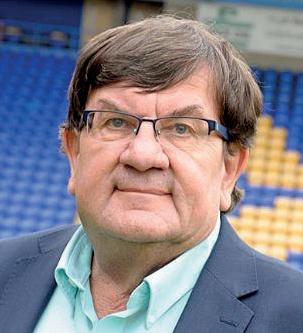
STEVEN BROOMHEAD
Chief Executive, Warrington Borough Council,
Steven has served as Chief Executive at Warrington Borough Council since 2012, having previously held the position from 1997 to 2003. Concurrently, he holds the Chair of Entrepreneurial Education at Liverpool Hope University. He led the North West Development Agency from 2003 to 2011, overseeing signifcant economic development projects such as Media City UK and Liverpool Waterfront. Additionally, he chairs Warrington & Co and Wire Regeneration, driving economic investment and urban development in the region. Steven’s diverse roles include Non-Executive Vice Chairman of Warrington Wolves
Rugby Super League Football Club and Founding Chairman of "State of Mind," a mental
health awareness campaign. He previously chaired Recycling Lives, a charity supporting marginalised individuals, and served on the Board of the British Metals Recycling Association. His extensive background also includes leadership roles in Further Education/Higher Education and service on the government’s "Libraries Task Force." Steven received an MBE for his contributions to public libraries and chairs the Data Clinic, a national data recovery centre.
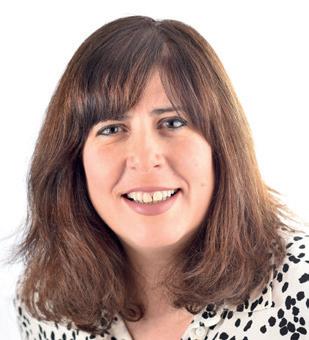
KAREN CAMILLERI
Owner and Managing Director, Camilleri Appointments Limited
Camilleri Appointments Limited, established in 2019, is a boutique recruitment consultancy specialising in senior level appointments across all modes of transport, with expertise in Passenger Transport. Founded by Karen, our owner and Managing Director, the agency prioritises honesty, integrity, compassion, and care. Karen’s motivation stemmed from her desire to leverage her extensive experience in recruitment, moving away from rigid structures and revenue targets. Instead, she focuses on delivering positive outcomes tailored to the needs of organisations and job seekers. Karen serves as an Ambassador for Radical Recruit, supporting disadvantaged individuals in fnding employment, and sponsors Women in Transport, actively championing their initiatives. Additionally, she mentors for Women in Transport, furthering her commitment to supporting diversity and inclusion in the industry.
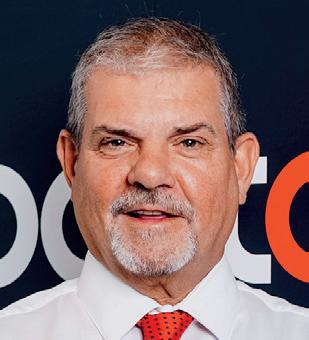
JEFF COUNSELL EV Director, Warrington’s Own Buses
Jef embarked on his journey in the bus industry in 1974, joining Lancashire United Transport Ltd (LUT) as an Apprentice Fitter. Progressing through supervisory and management roles, Jef eventually became Chief Engineer for GM Buses North Ltd. In 1996, he joined North East Bus Ltd as Engineering Director, later moving to Trentbarton, where he served as Engineering Director, Director of Service Delivery, and ultimately Managing Director until his retirement in 2023. However, retirement took a detour when Ben Wakerley ofered him the role of EV Director at Warrington’s Own Buses in 2023. Jef now contributes to their ambitious project, overseeing the transition to a feet of 105 electric buses in 2024.
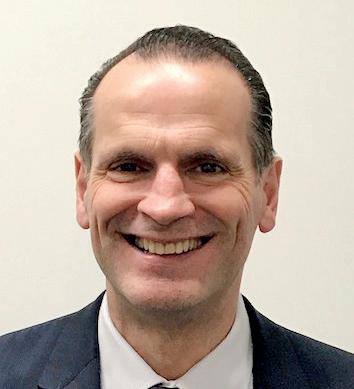
MARTIN DEAN Managing Director, UK Regional Bus, Go-Ahead Group
Martin oversees the performance of Go-Ahead’s UK bus companies outside London, stretching from Devon and Cornwall to the northeast of England. With more than 30 years of experience in transport, he is also chairman of the bus trade body, the Confederation of Passenger Transport. Before taking on his current role,
Martin was previously head of Business Development for GoAhead, where he successfully identifed new business opportunities, both domestically and internationally, which included leading the group’s expansion into Manchester in the UK, Singapore, and the Republic of Ireland overseas. He is also Non-Executive Chairman of Edinburgh Trams.
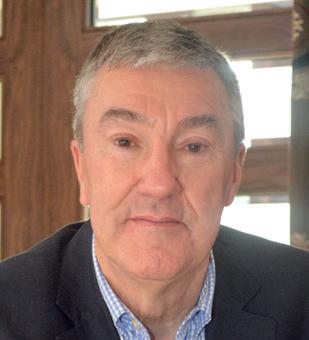
Tony, appointed OBE in the New Year’s Honours list 2002 for services to public transport, is a passionate and practical campaigner renowned internationally for ’connecting the unconnected’ and fostering collaboration. His extensive contributions to the transport industry include roles as Managing Director at Blackpool Transport, Director for Transport Policy at Arriva, and various NED and Board level positions in transport-related bodies like CPT. He currently serves as Policy Advisor for Te Association of Local Bus Company Managers (ALBUM).
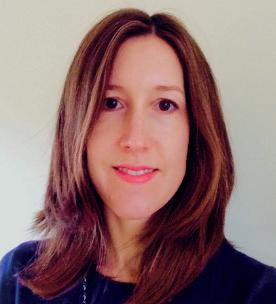
Alison is Director of Policy at CPT, the trade association for the bus and coach sector in the UK. Alison joined CPT in May 2019 afer over a decade in the Civil Service as well as time spent working on policy in the charity sector, including for the Consumers Association Which?

Steve, an experienced Transport Planner, has held diverse roles in both the public and private sectors since earning his Master’s degree in Transportation Planning and Policy from the University of Newcastle on Tyne in 1992. Joining Warrington Borough Council in 2006 and was appointed as Service Manager to the newly formed Transport for Warrington Service in 2014. Responsible for funding, scheme development, and strategy, Steve oversees various transport functions, including trafc management, road safety, parking services, travel planning, social transport, and public transport. Additionally, he serves as the Operational Trafc Manager, ensuring compliance with the Network Management Duty under the 2004 Trafc Management Act.

Liz, originally from a small town in Co. Down, Northern Ireland, embarked on an illustrious 17year career as the longest-serving female crewman on the Royal Air Force Chinook Fleet. Her journey began at RAF Cranwell on her 19th birthday, leading to deployments to Iraq and Helmand Afghanistan, where she gained insights into the realities of war. Leaving the RAF in 2019, Liz faced personal struggles with PTSD, culminating in a suicide attempt in August 2020. Seeking help, she eventually penned her autobiography, Chinook Crew Chick, which became an Amazon bestseller within weeks of its
release in September 2022. Now an ambassador for mental health, Liz’s journey as a motivational speaker has earned her accolades, such as Defence Woman of the Year 2023, demonstrating her commitment to helping others fnd strength in their darkest moments.
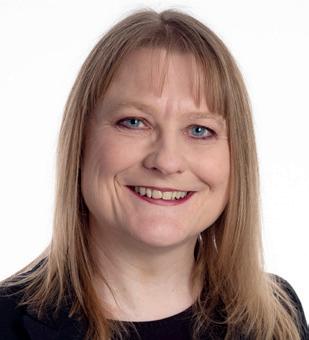
Cathy has been Chair of Warrington’s Own Buses for nearly eight years, almost as long as she has been a borough councillor. Te team has brought the company into the 21st century with their new depot. Tey are now waiting for the delivery of our state-of-the-art electric buses, which will be transformational for Warrington. Cathy also has another role as Emergency Ambulance Crew for St John Ambulance, responding to 999 calls to support our local NHS.

Mattias has a career spanning over two decades within the Volvo Group. In his current role, Mattias heads Global Bus Technology, leading a dedicated team that oversees product management, engineering, service market technology, quality, and customer experience on a global scale. Mattias is renowned for his focus on safety innovations, particularly in EV buses, bringing invaluable insights to the forefront. Previously, as Senior Vice President of Quality & Customer Satisfaction at Volvo Group
Trucks Technology, he prioritised high standards and safety across the organisation.
 IAIN SMITH
IAIN SMITH
Iain boasts a track record of elevating individual, team, and group performance at executive levels. Starting as a ticket collector, his transport career progressed to senior roles at Transport for London, Te London Mayor’s Ofce, and City & Guilds. As a consultant, he’s collaborated with major entities like EMCOR/GSK, Stagecoach, and Tames Water. Notable projects include coaching at Transport for London and spearheading the Urban Transport Group’s leadership programme.
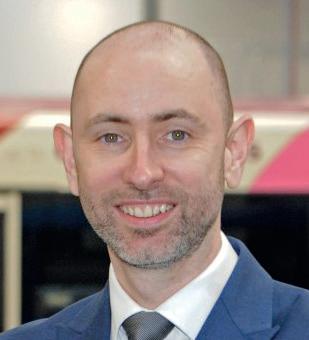 BEN WAKERLEY Managing Director, Warrington’s Own Buses
BEN WAKERLEY Managing Director, Warrington’s Own Buses
Ben has worked in the industry for over 24 years. Starting as a Driver at GM Buses North while at university, and working up the ladder in First Bus, National Express and Abellio before taking up the reins at Warrington’s Own Buses in April 2017. Ben isn’t just climbing the corporate ladder; he’s a conductor of change, strategic, and adept at team-building. His commitment to excellence earned his team the 2023 UK Bus Award for Culture Change, with Warrington previously winning Bus Company of the Year. Now, with 105 electric buses from Volvo set to revolutionise Warrington’s transport, Ben is poised to lead the charge towards a greener, more sustainable future with their introduction in June.
Turn
